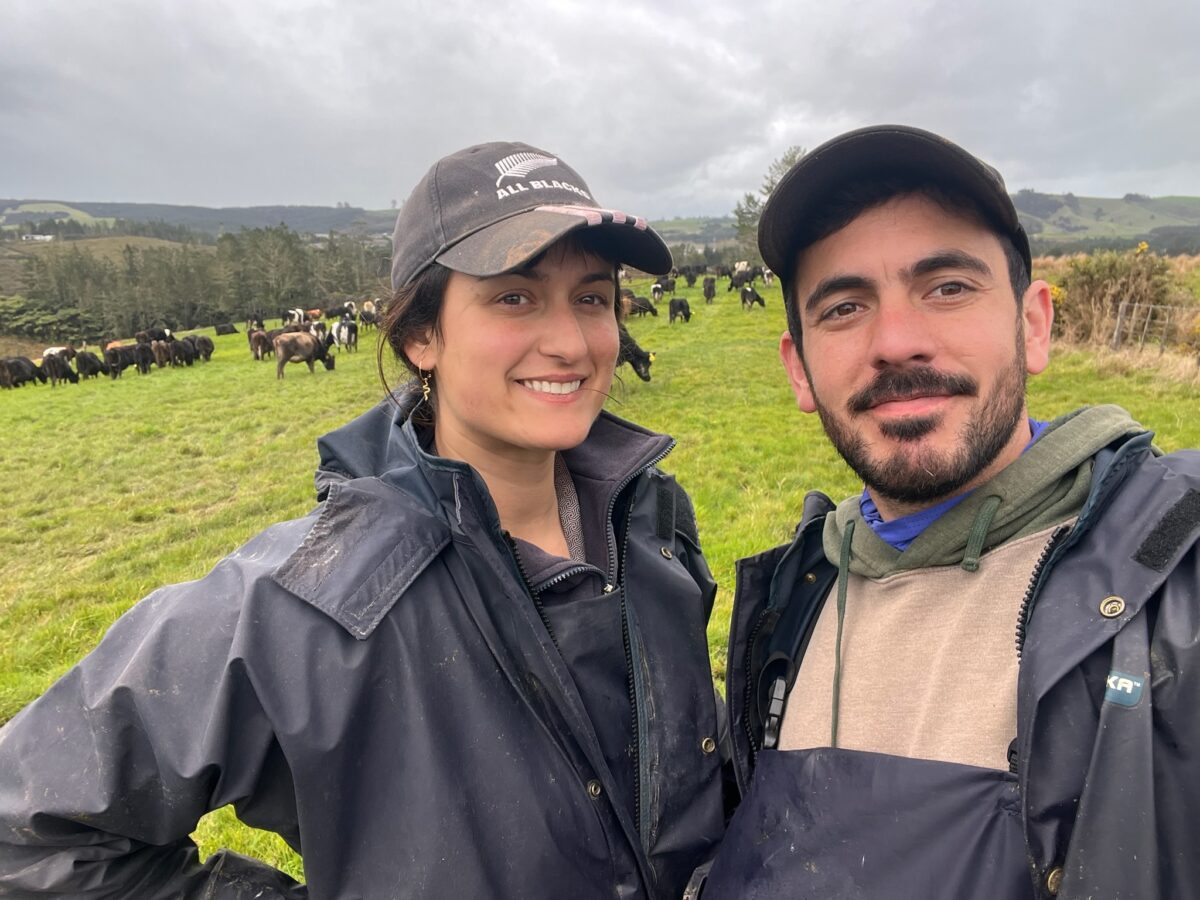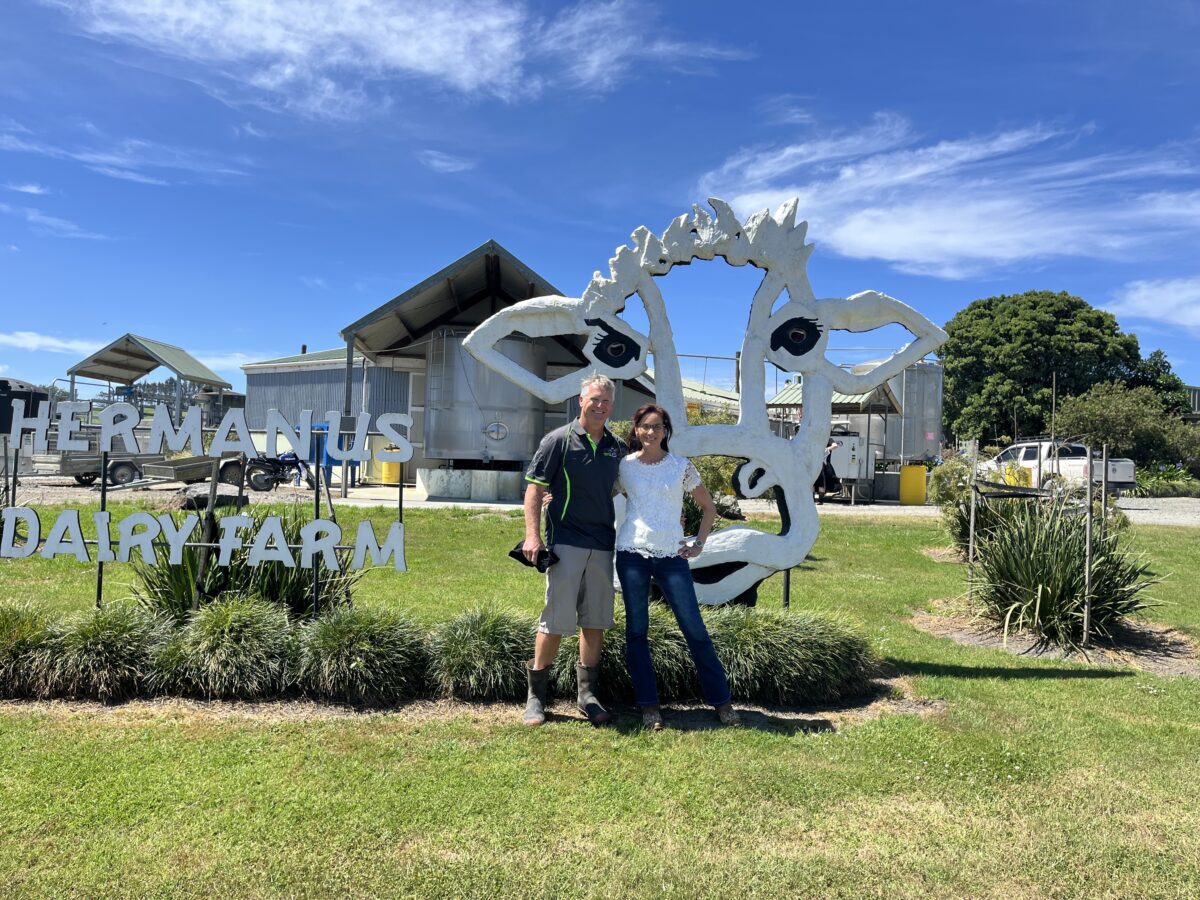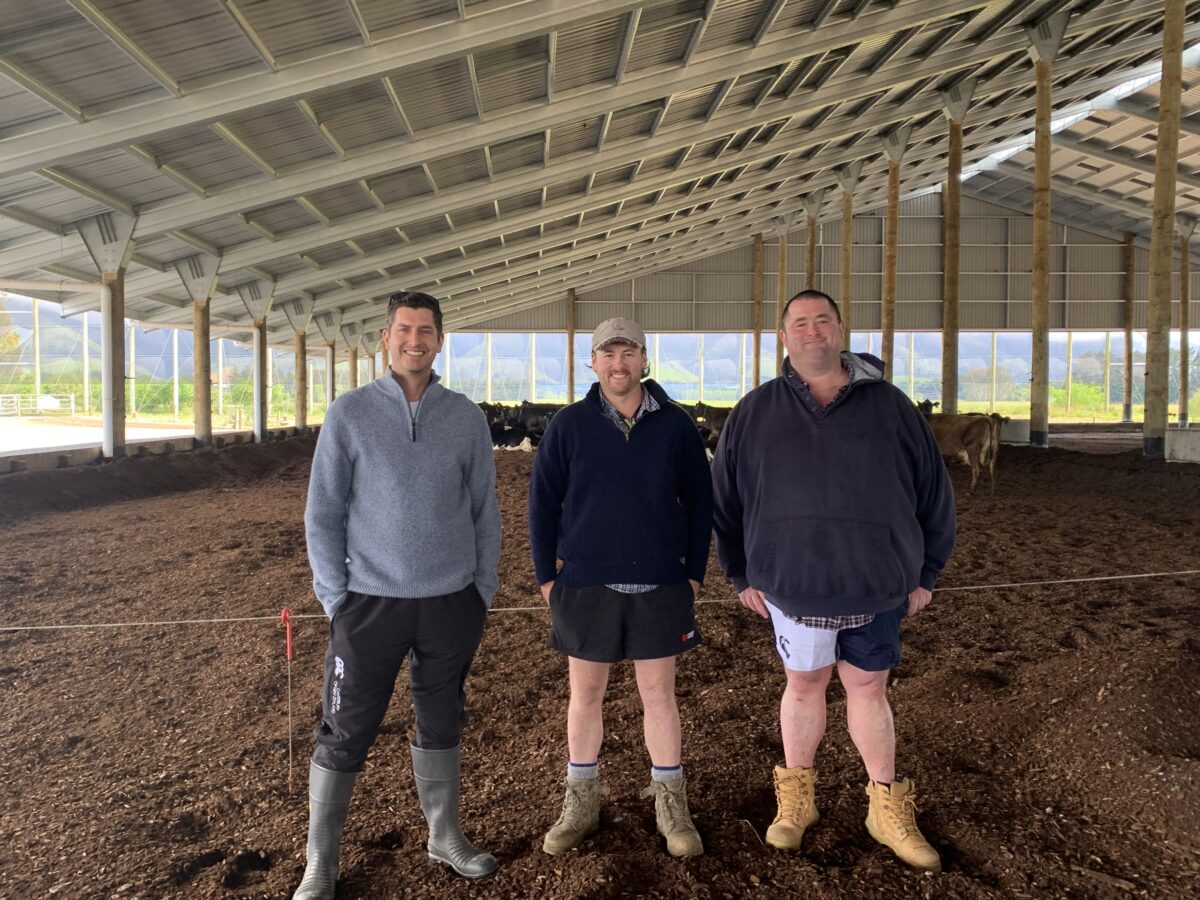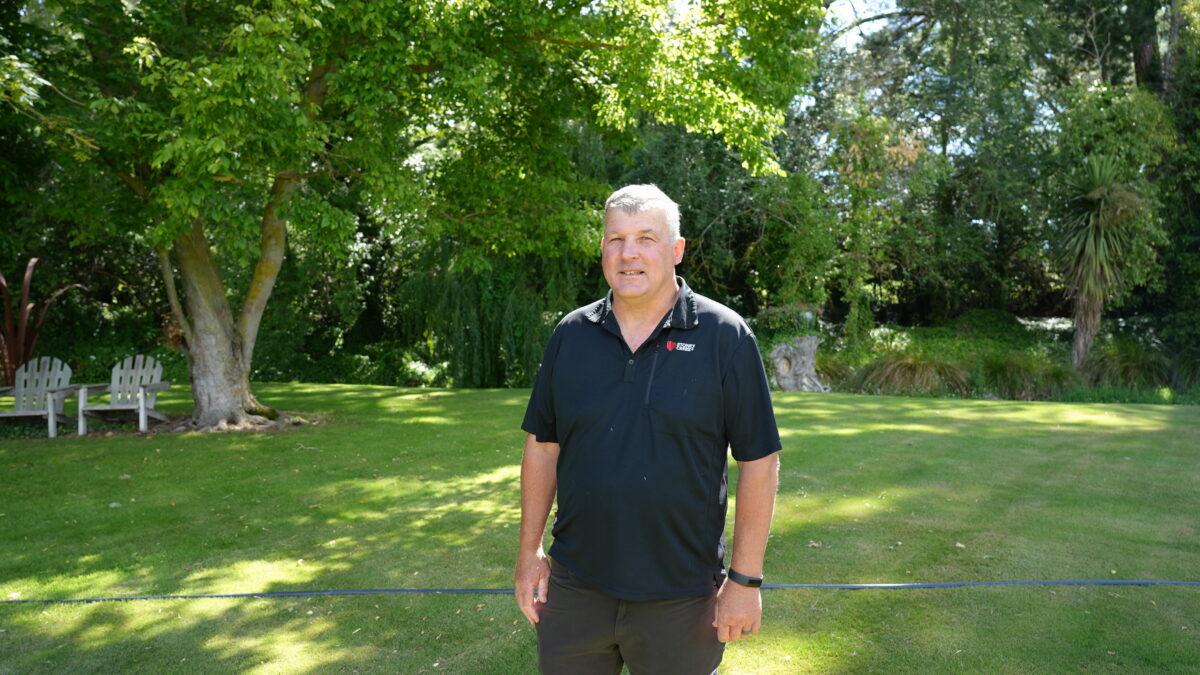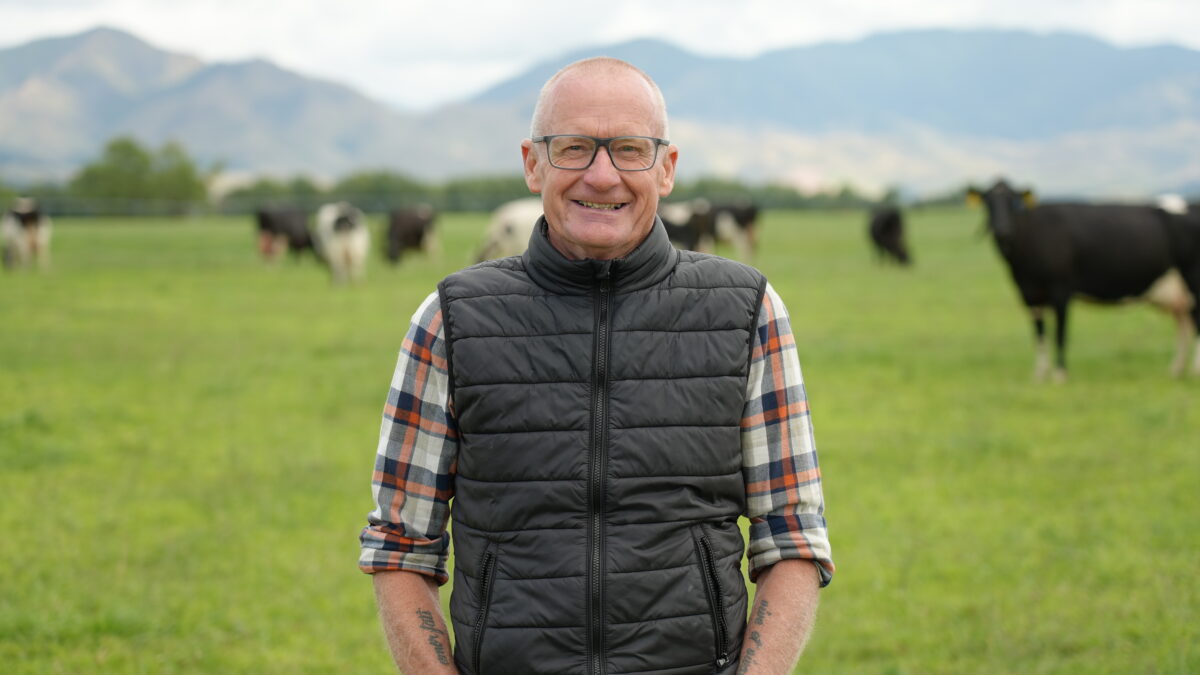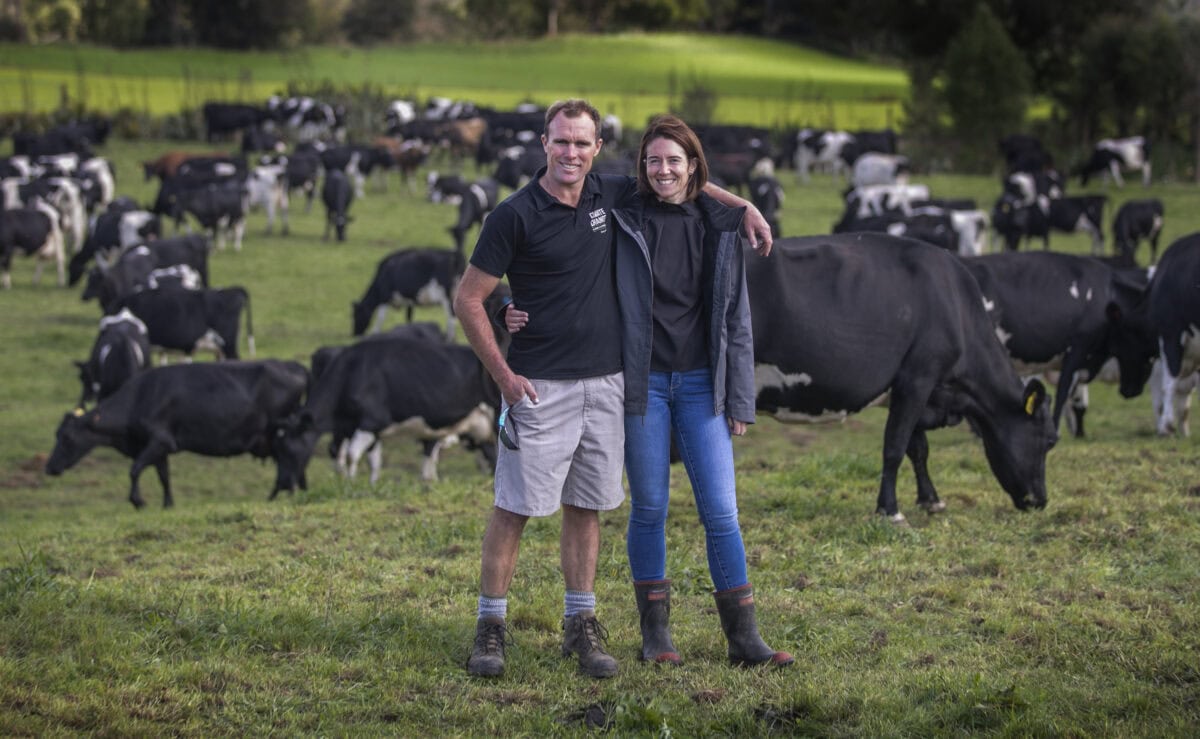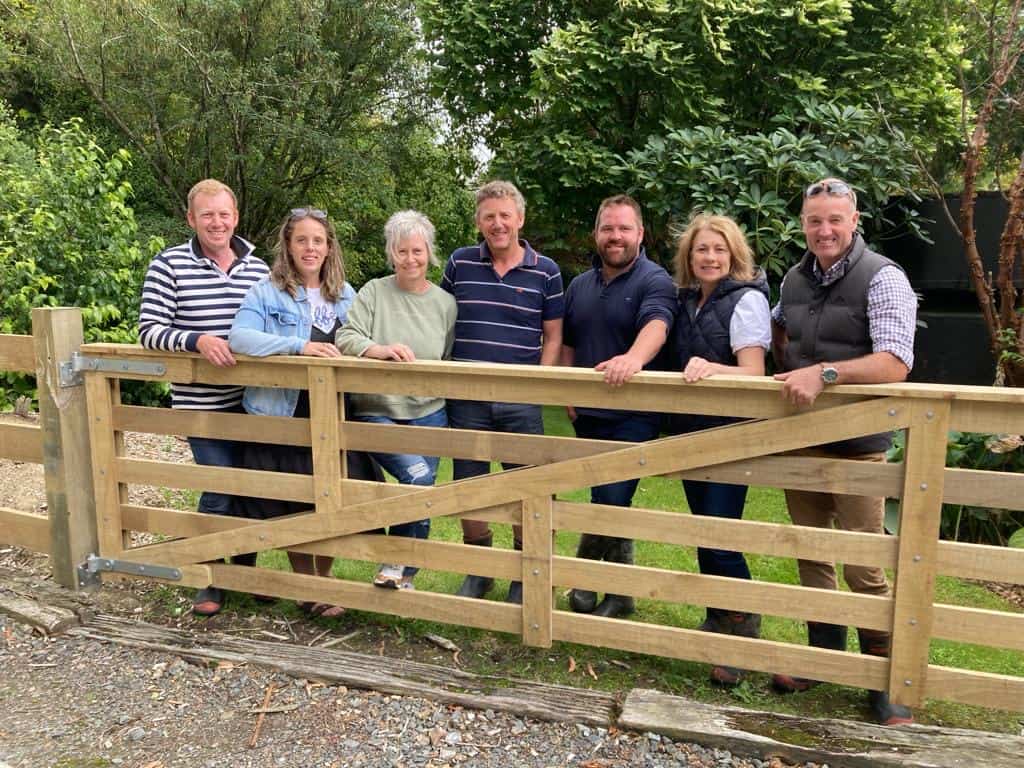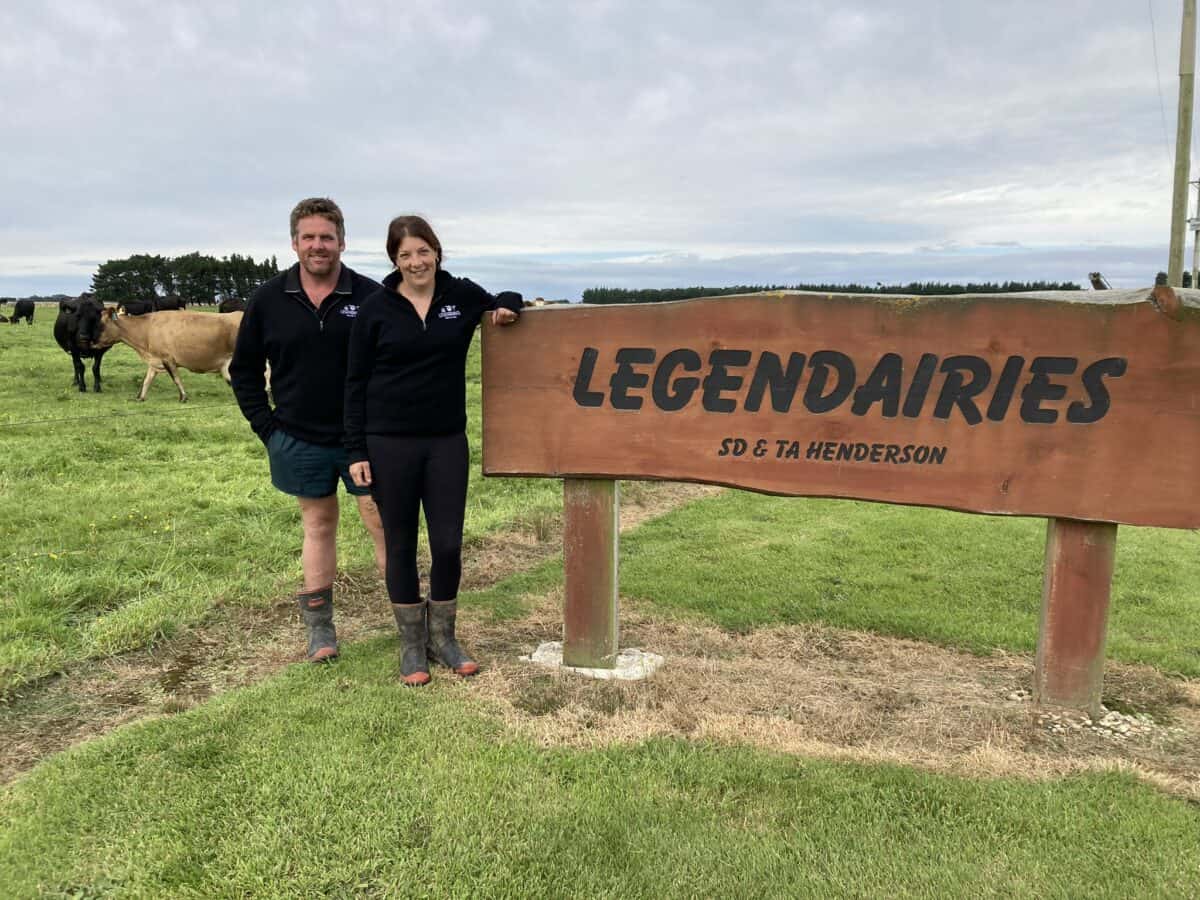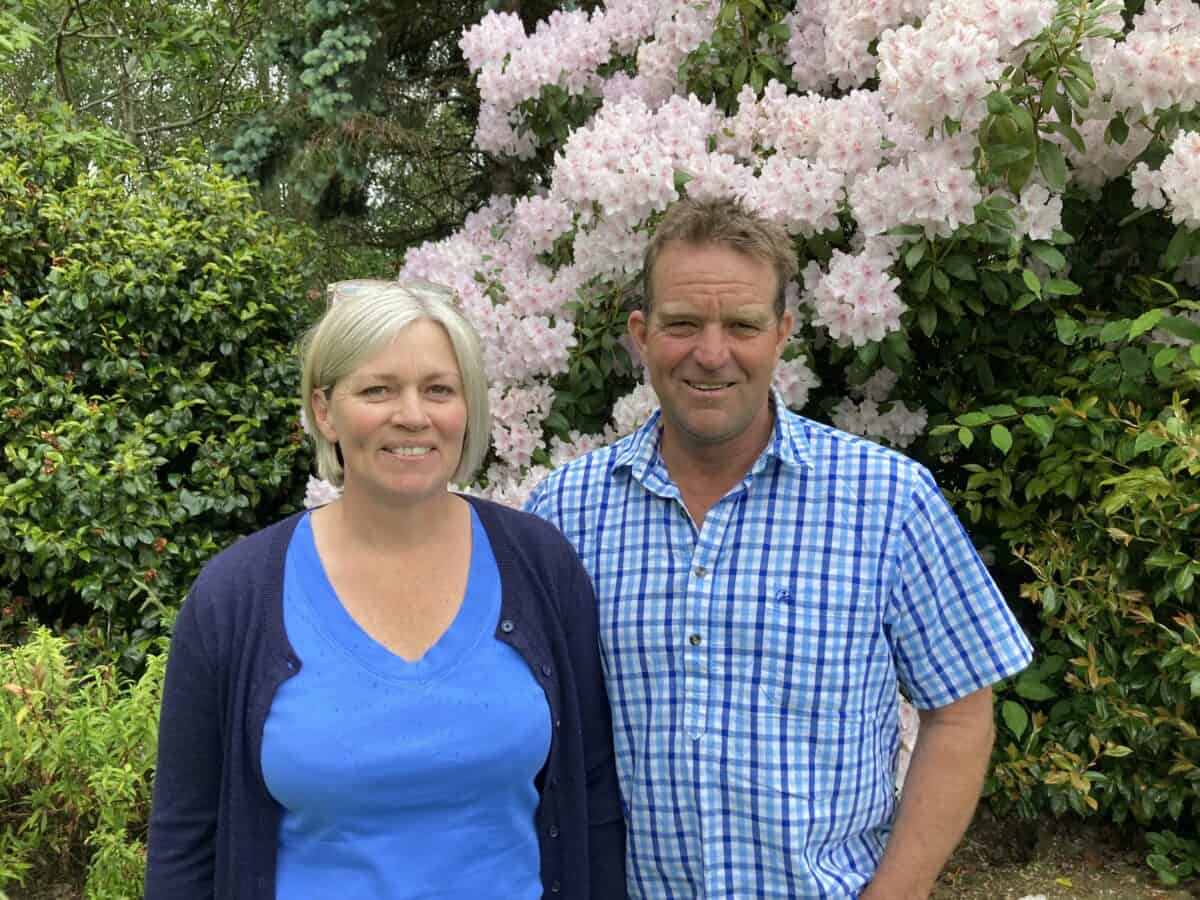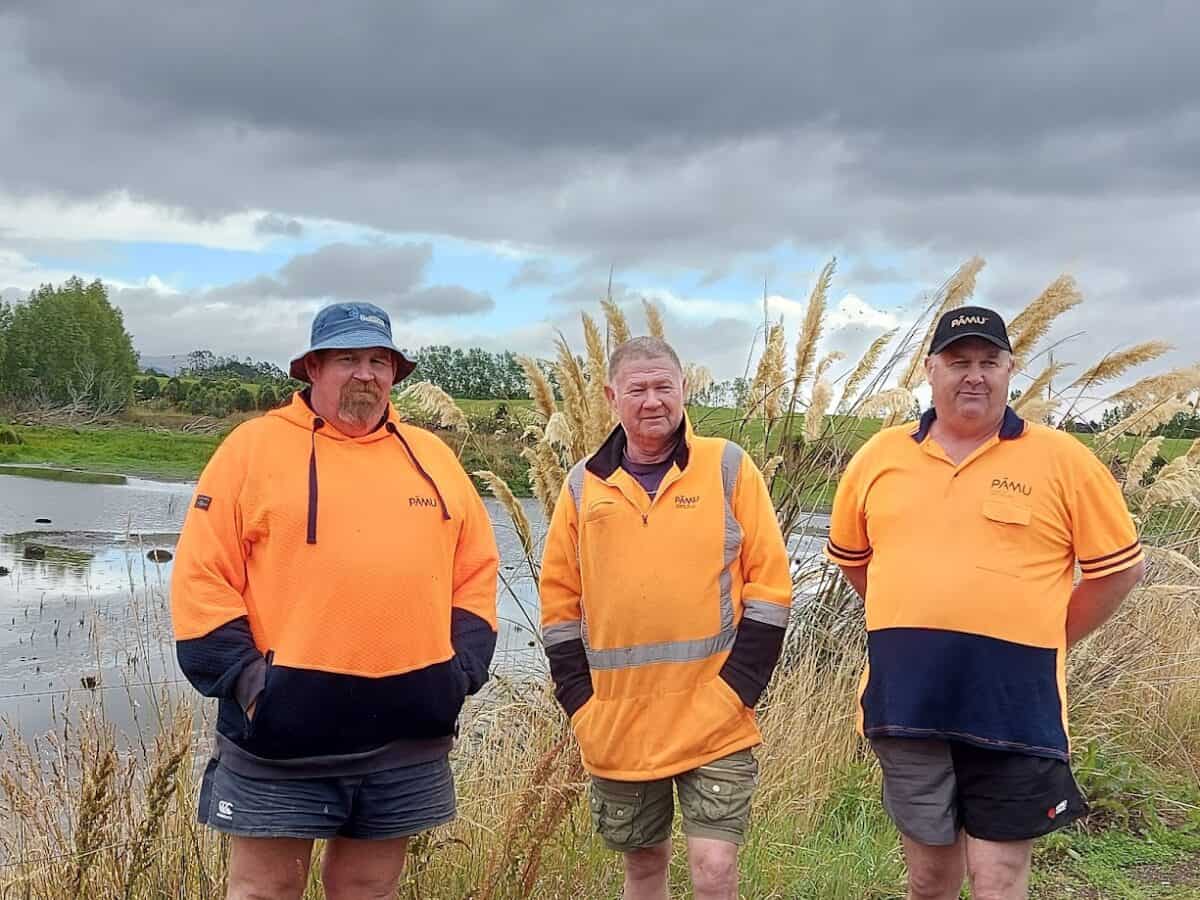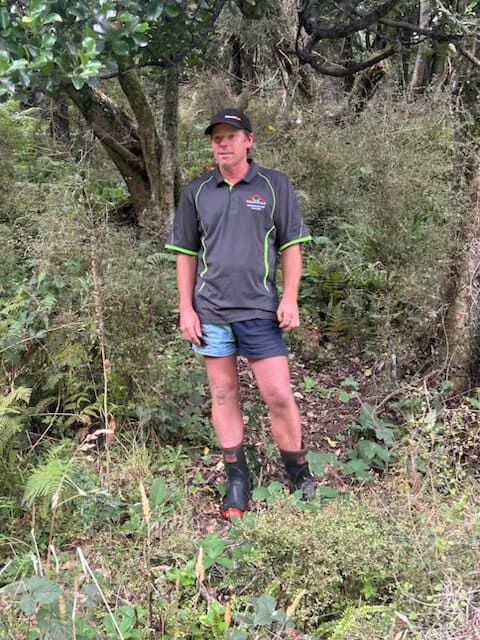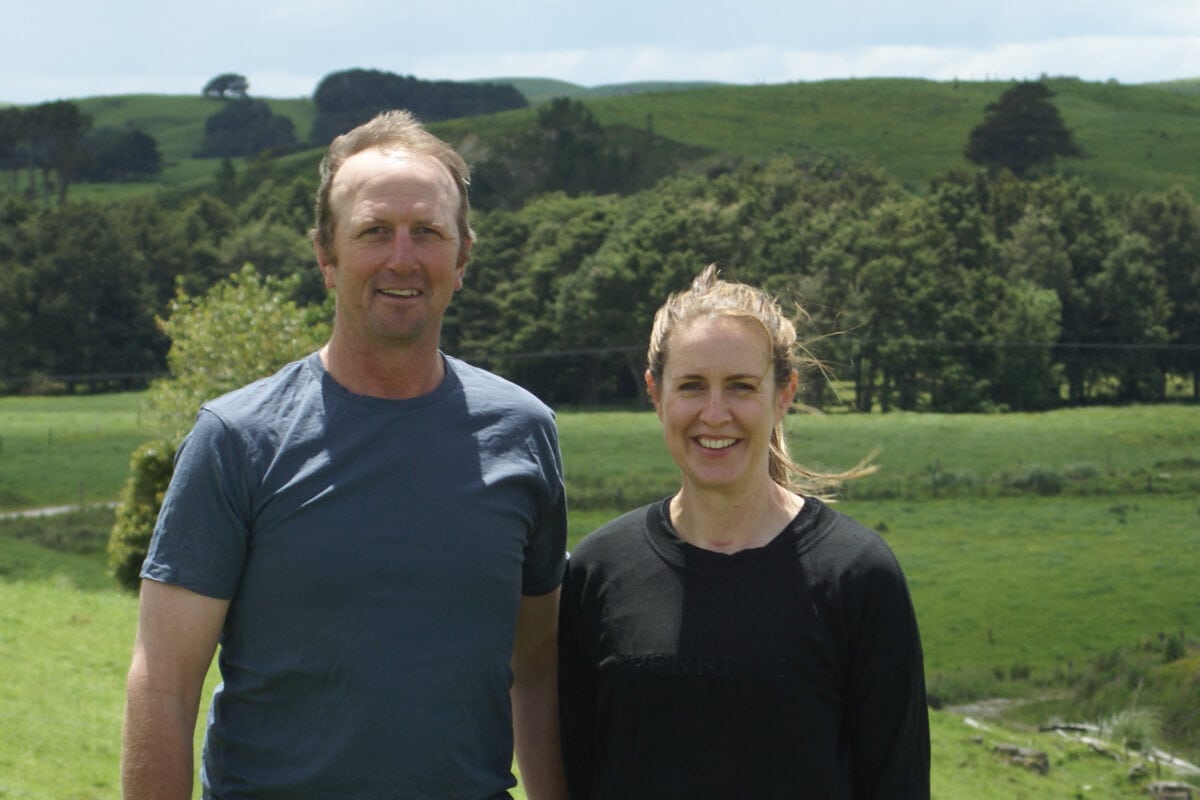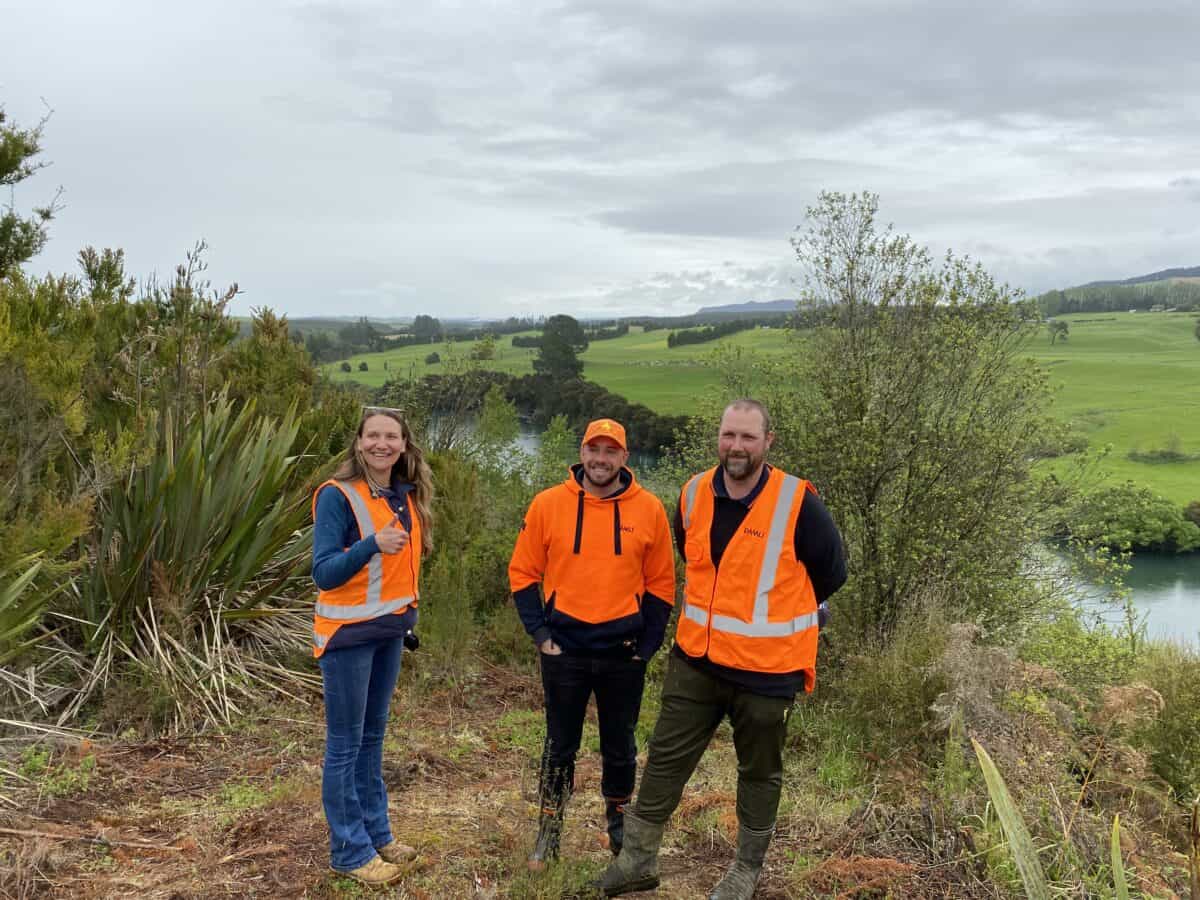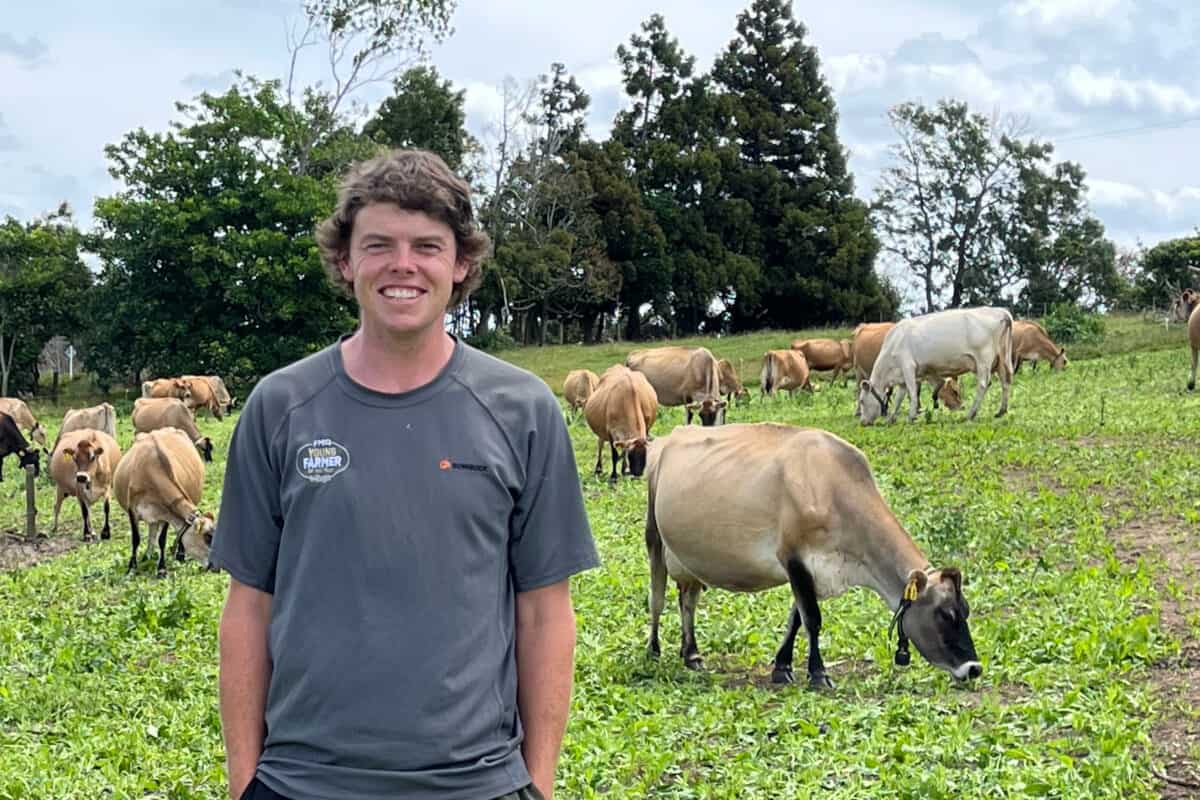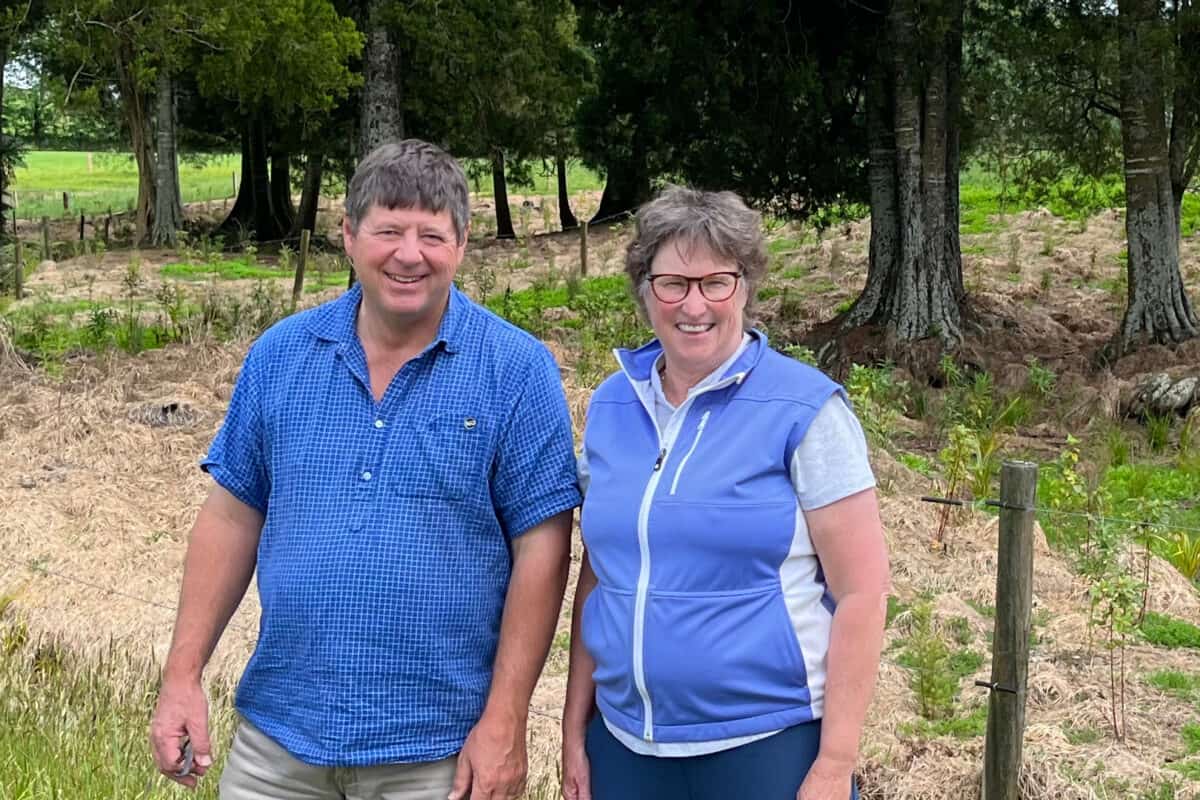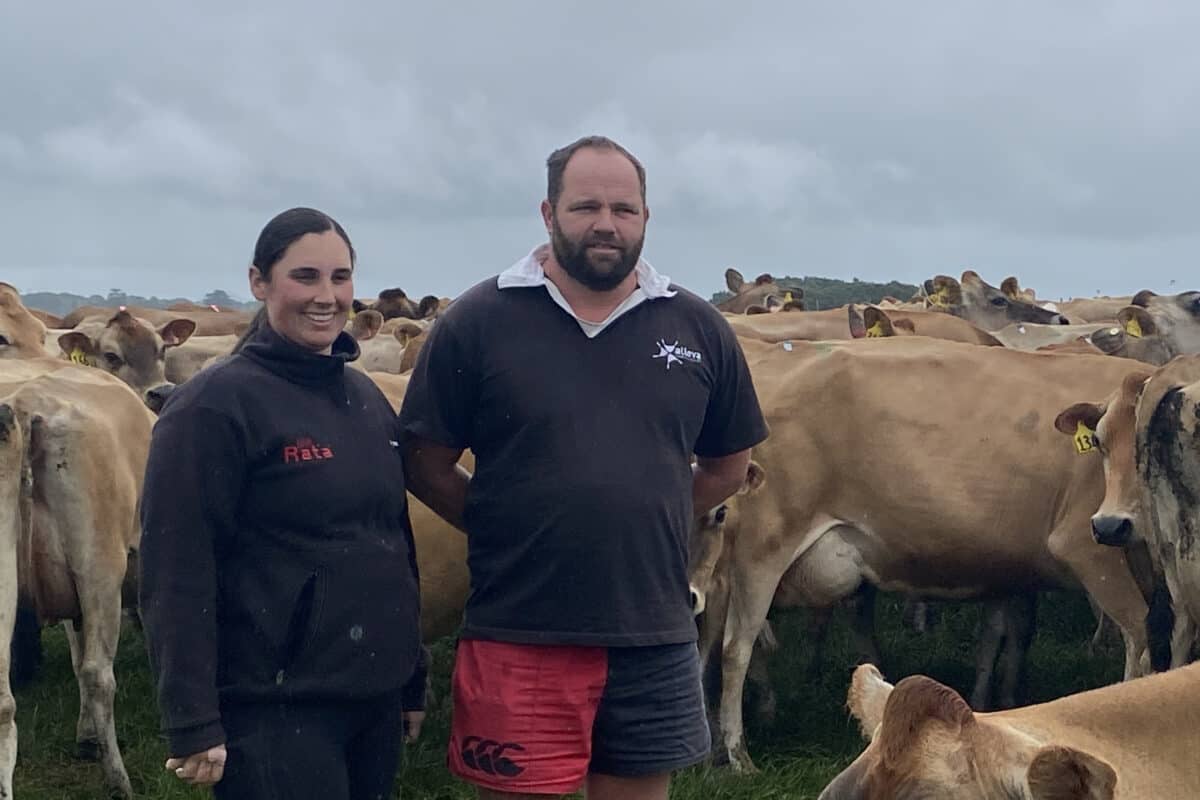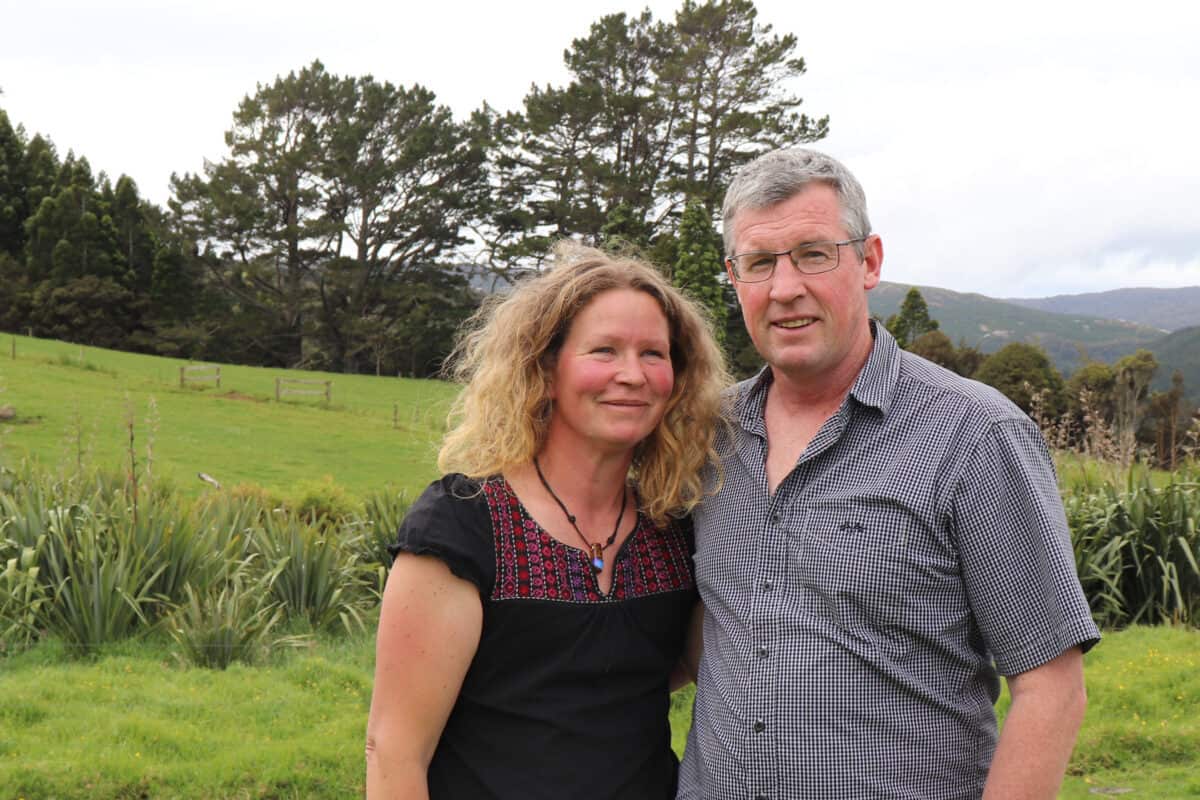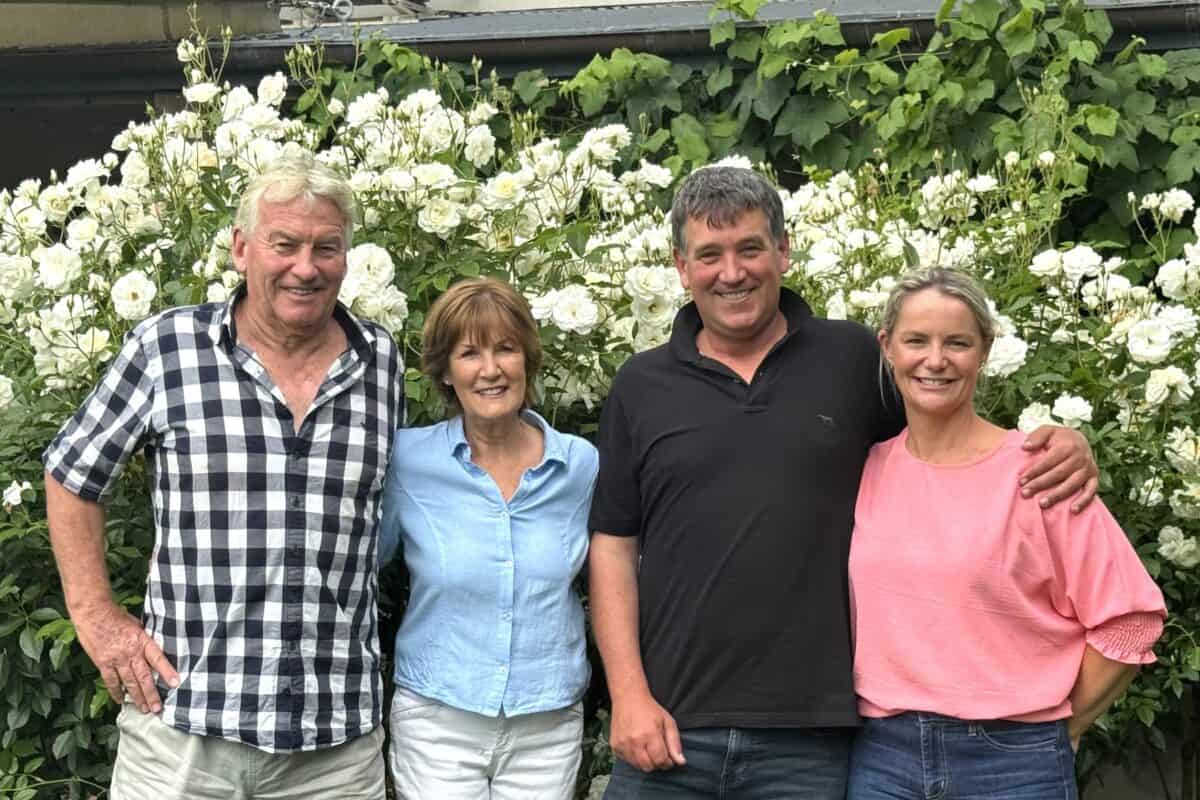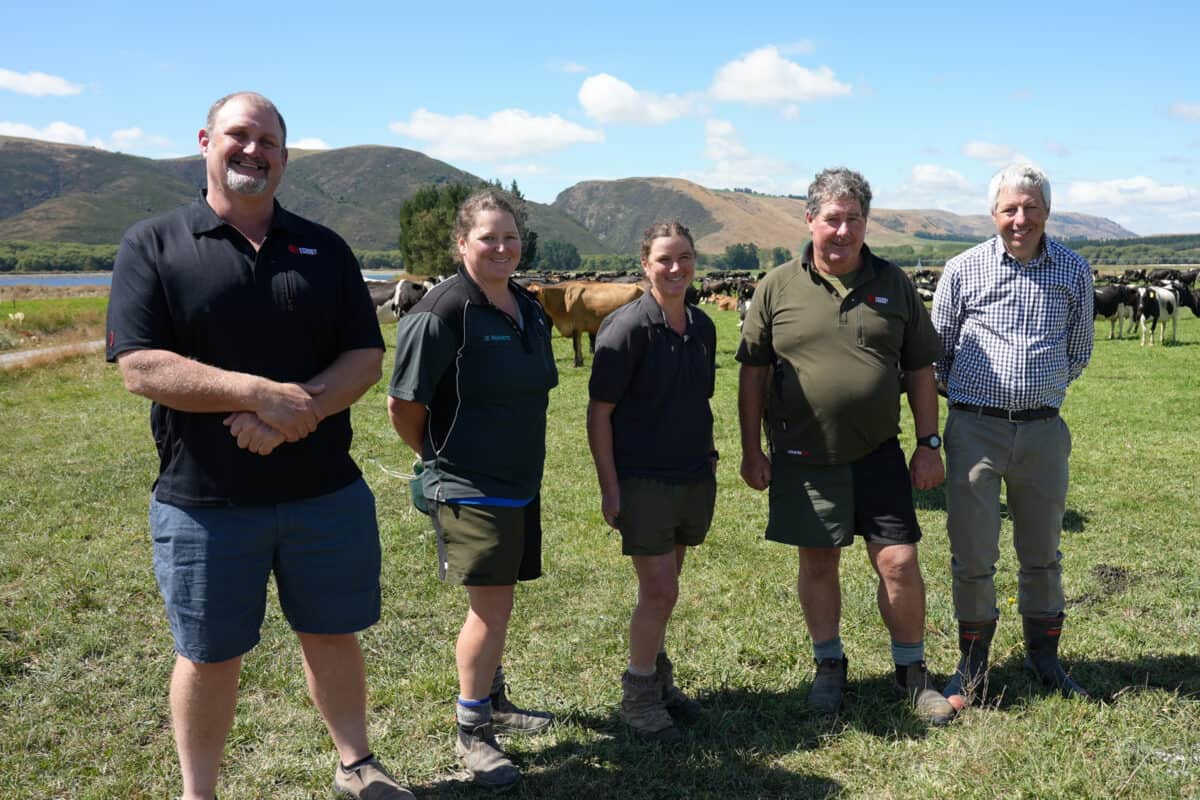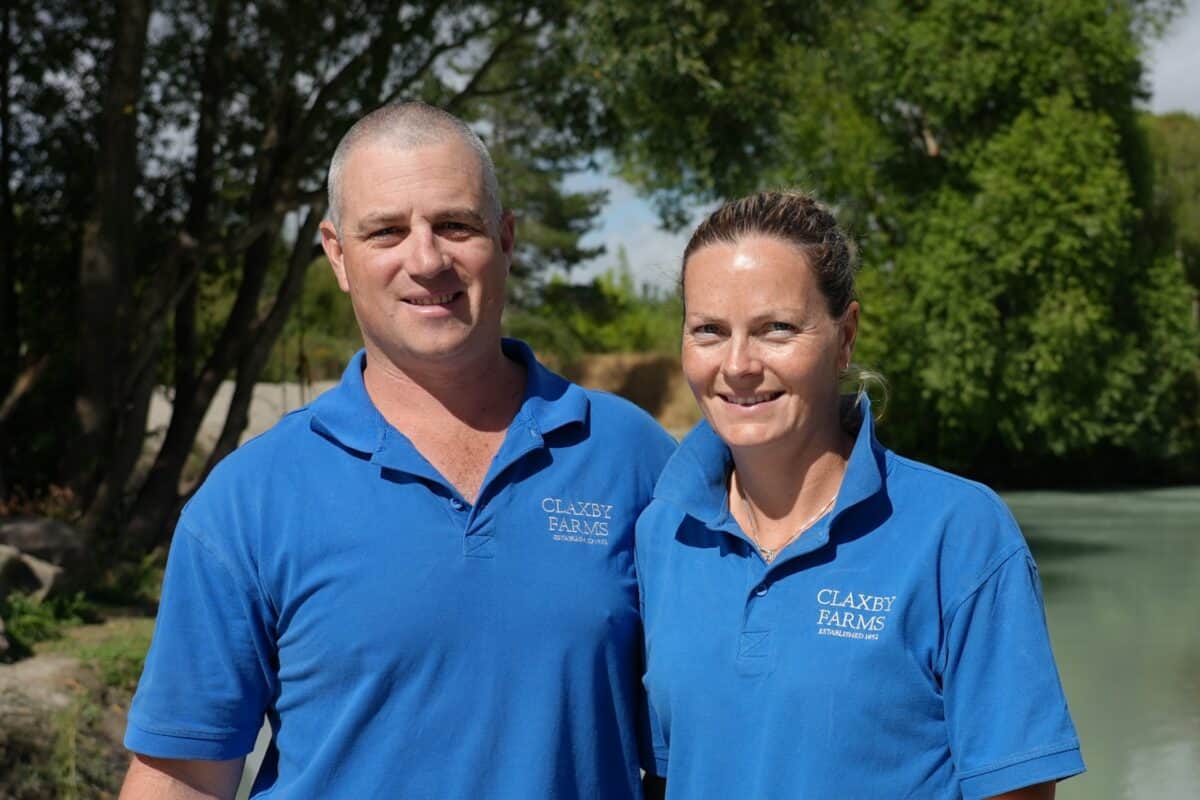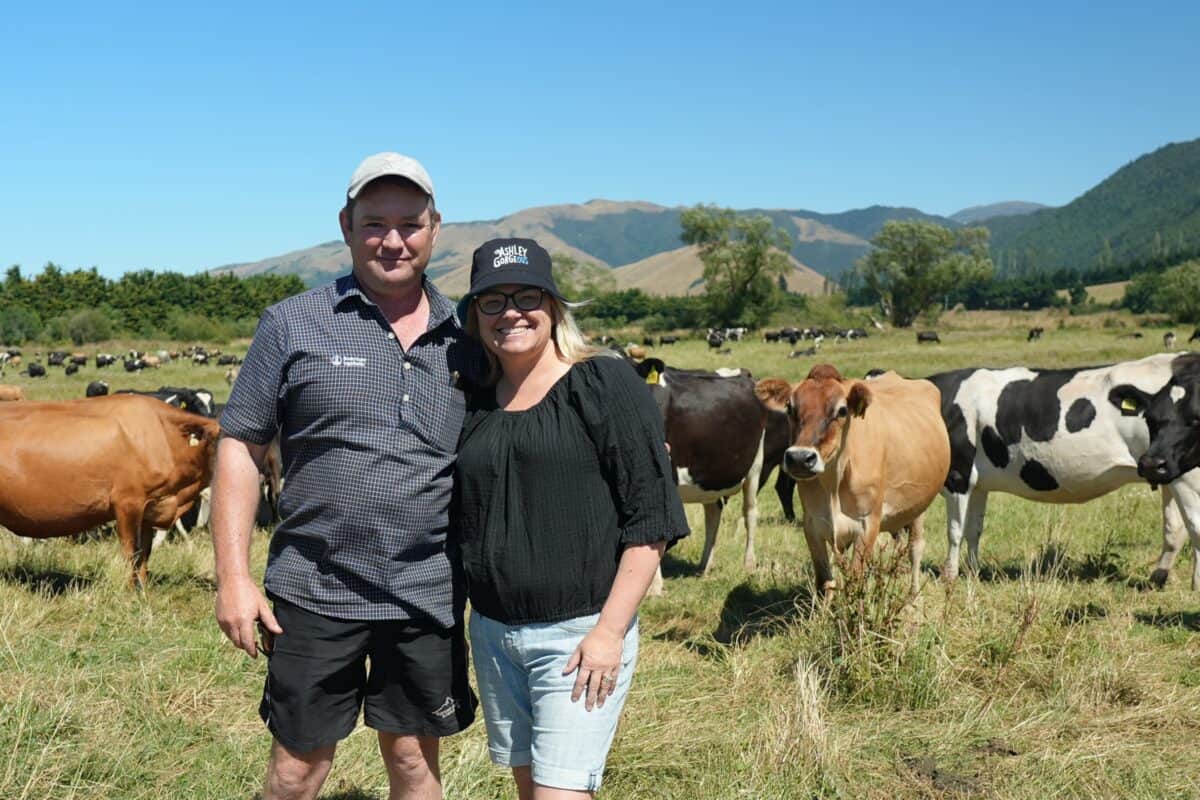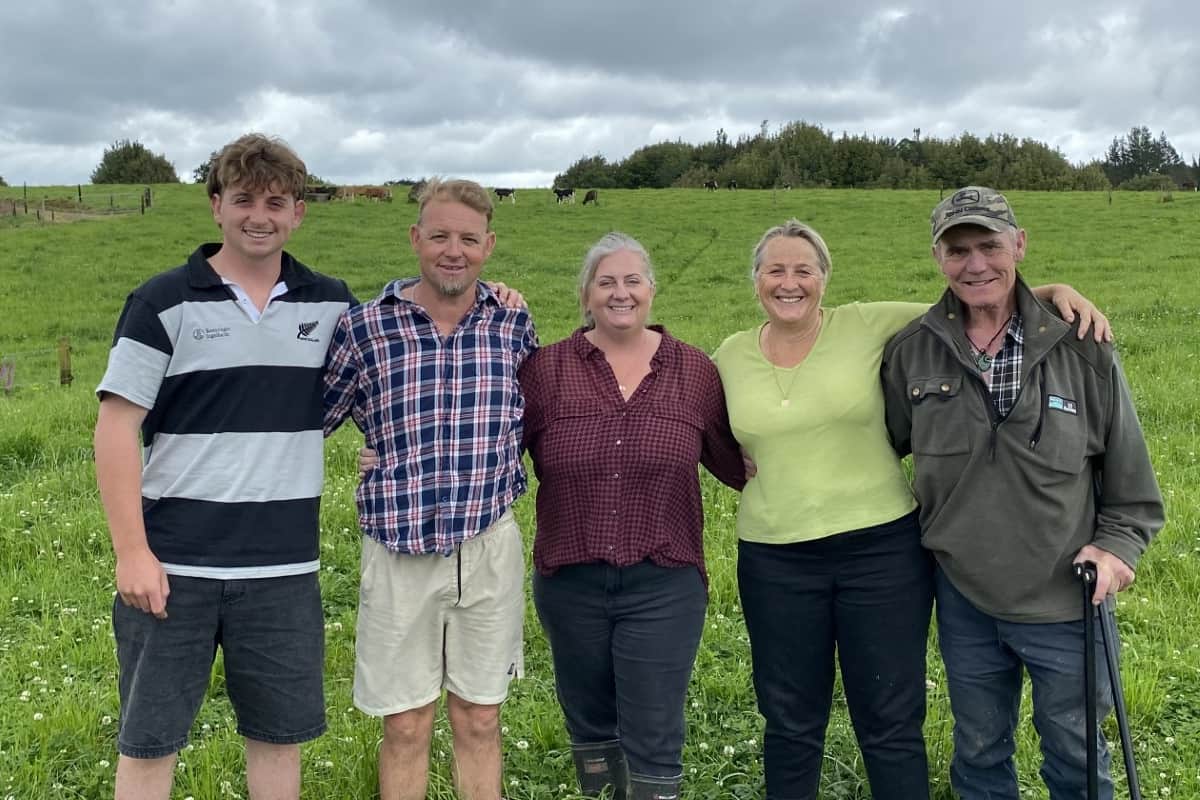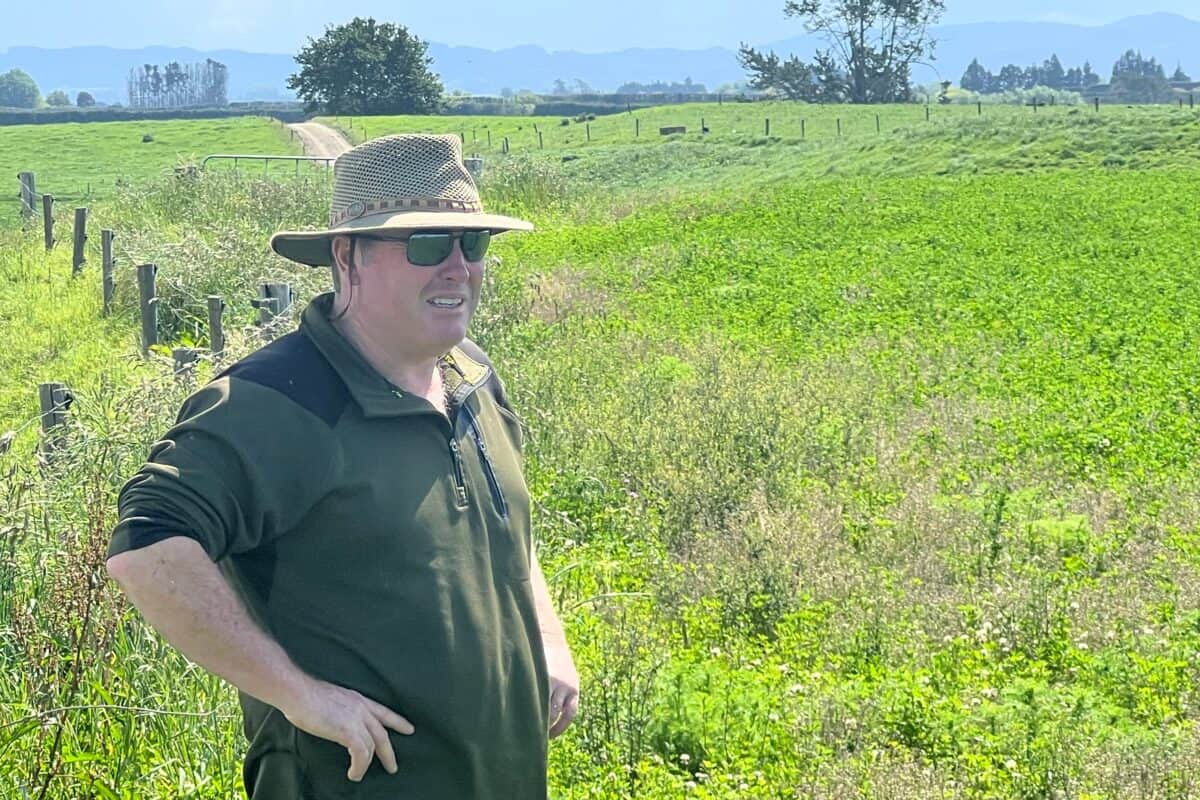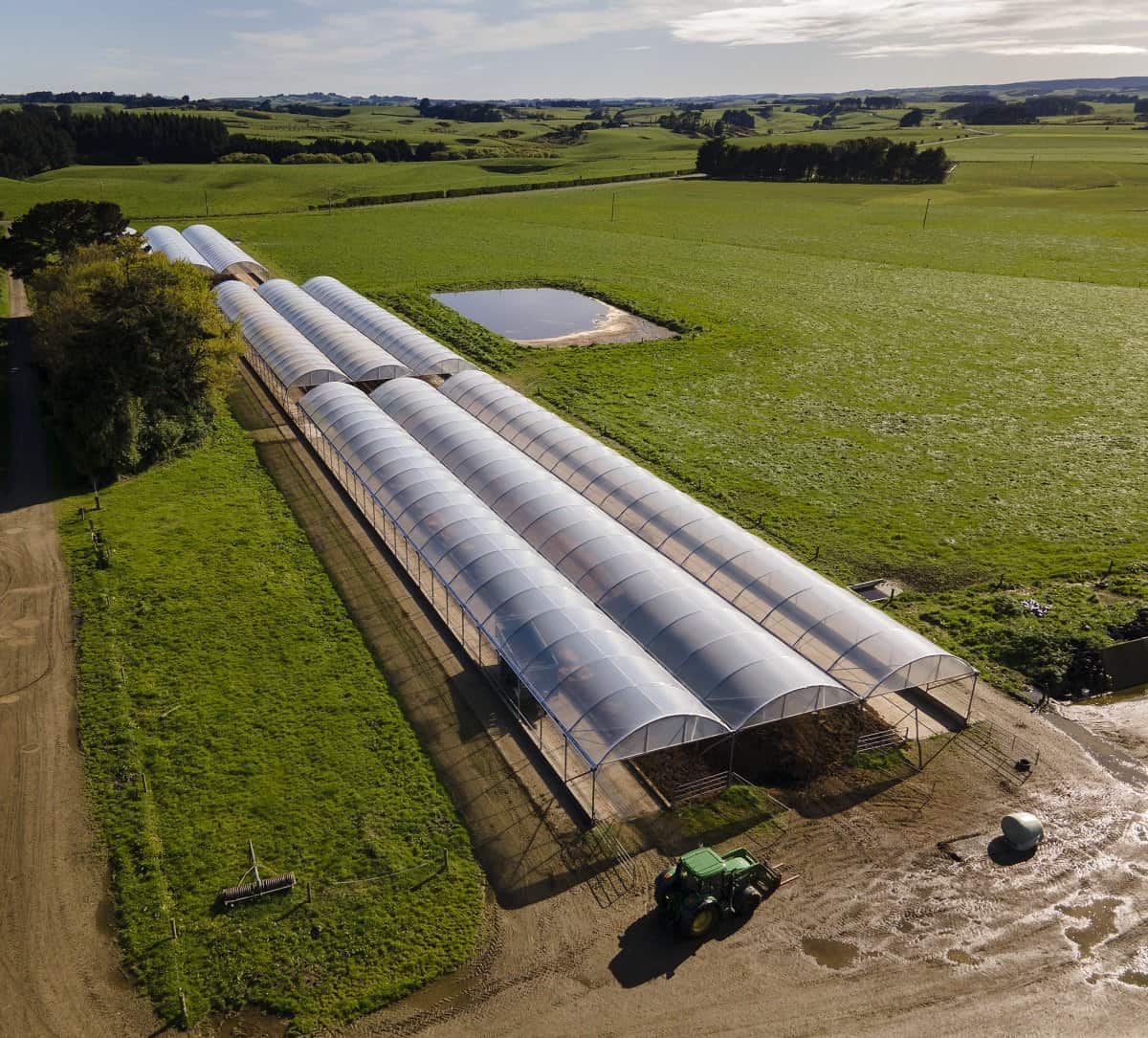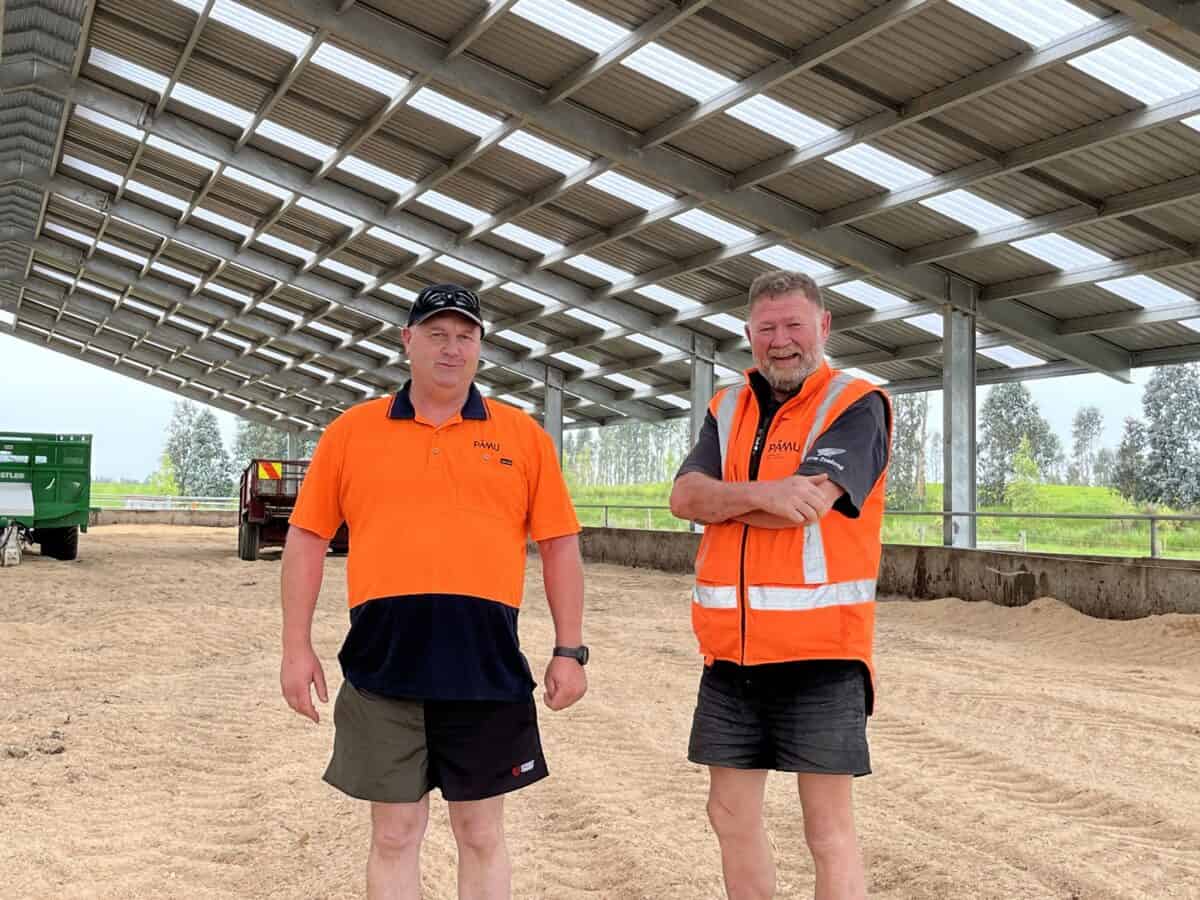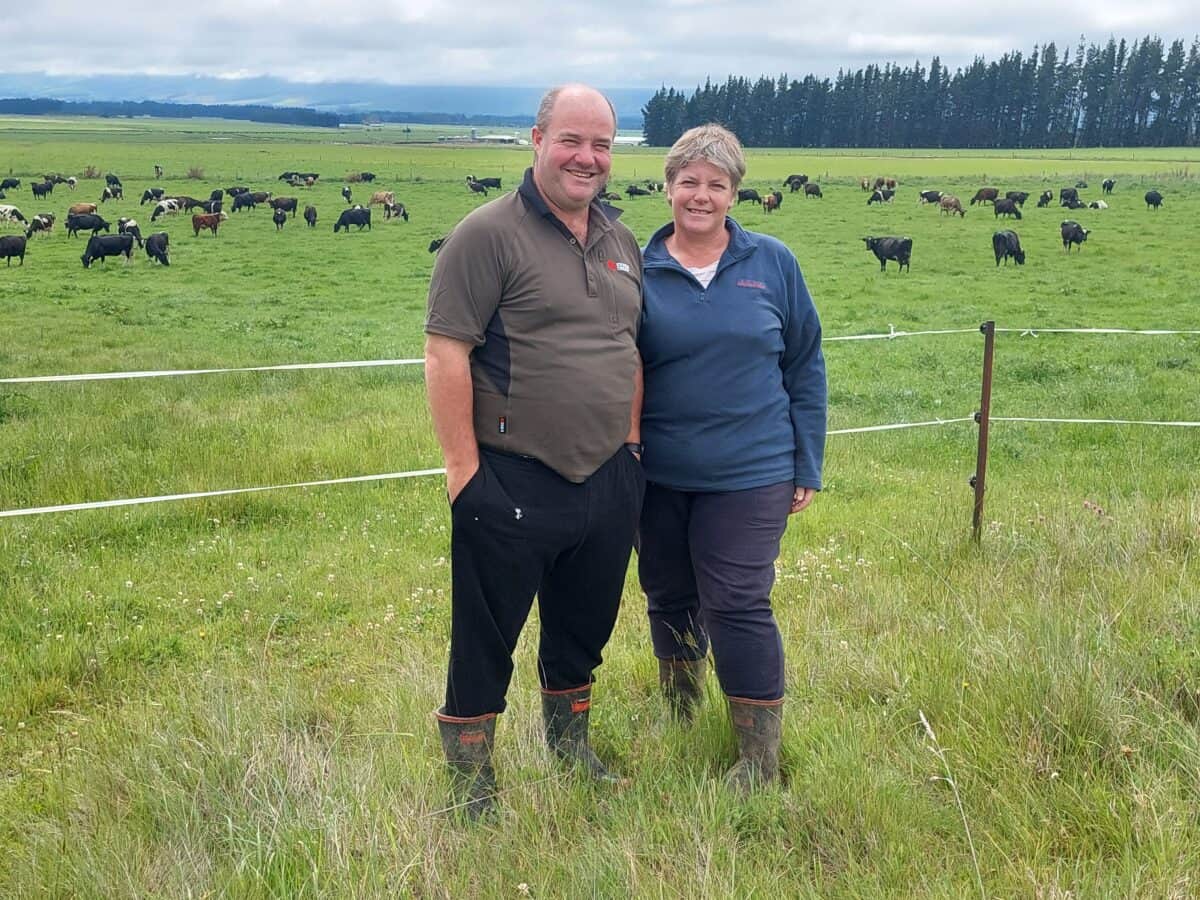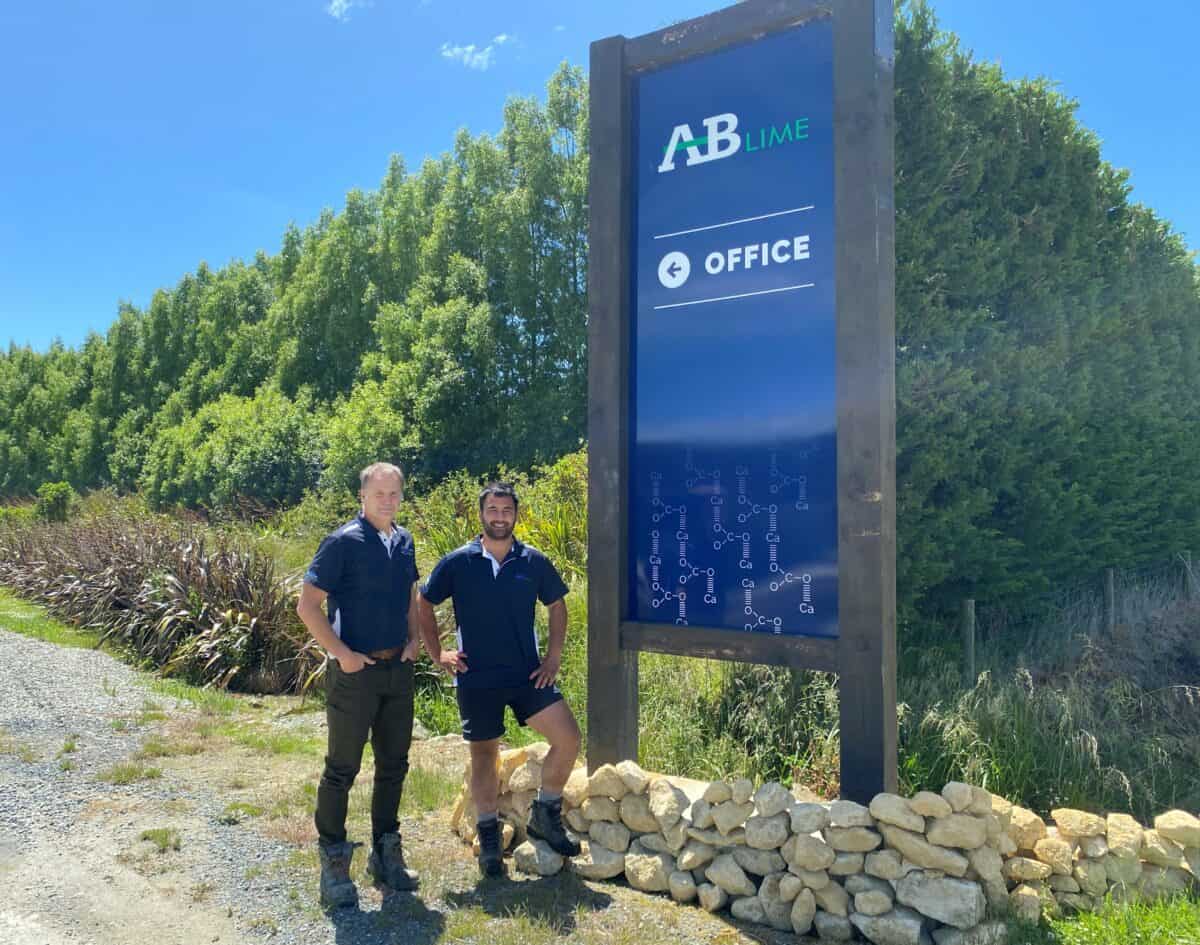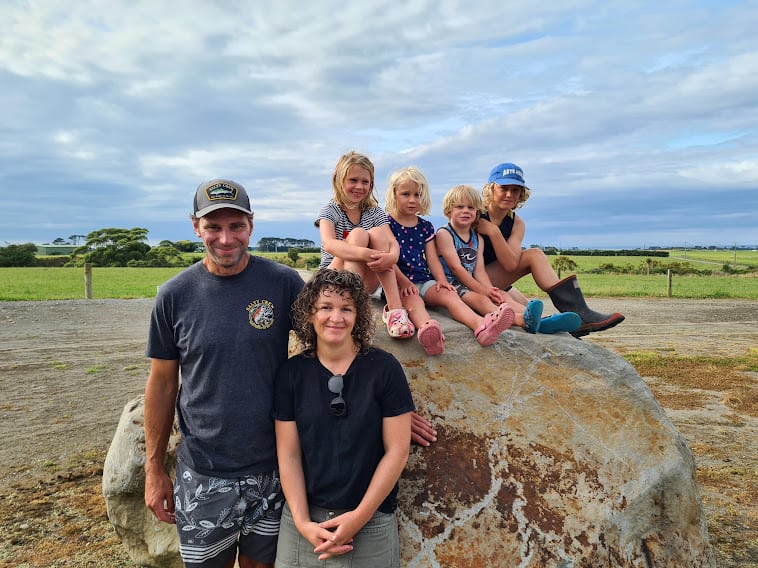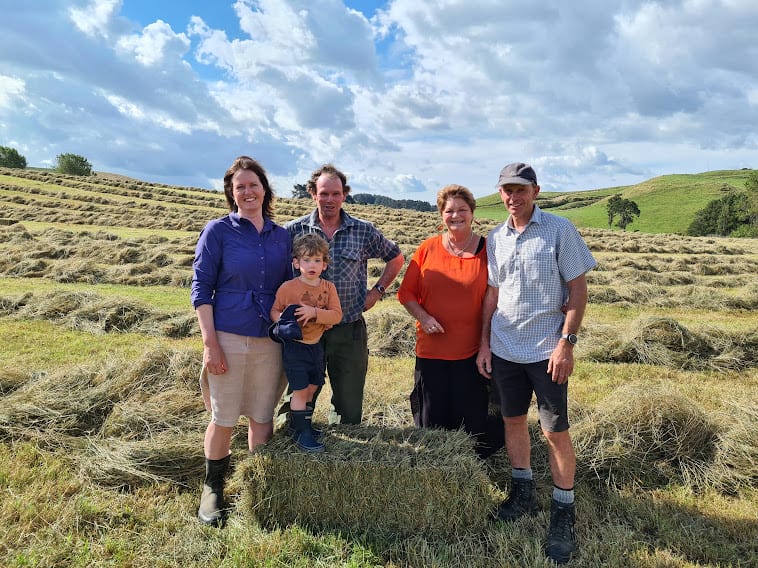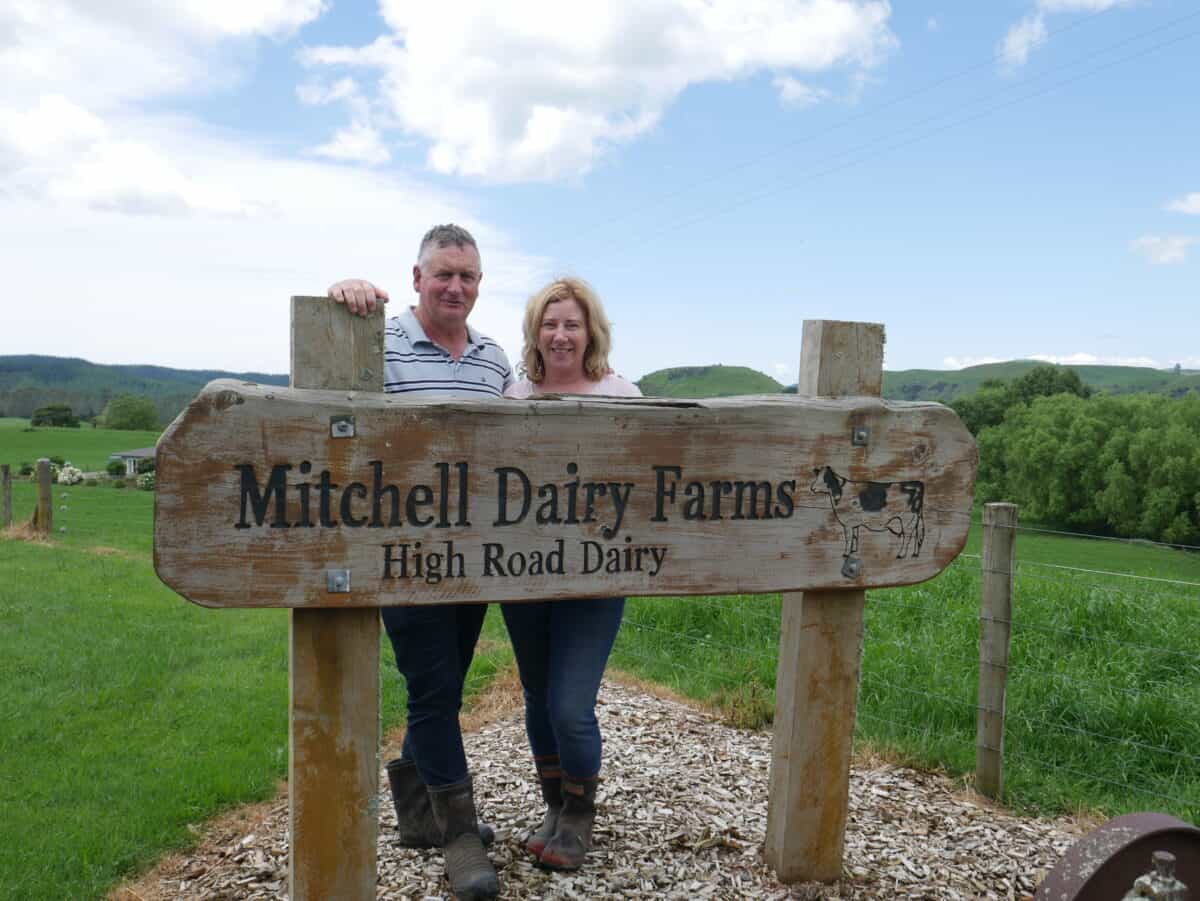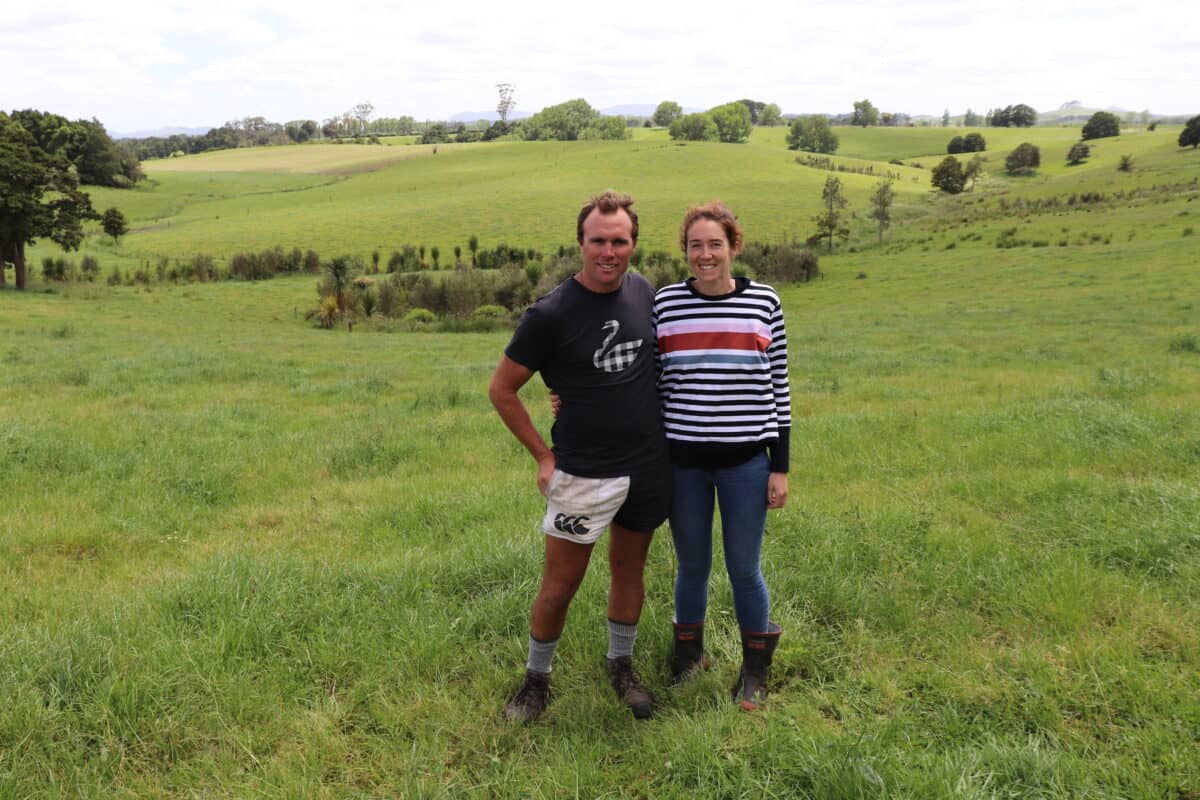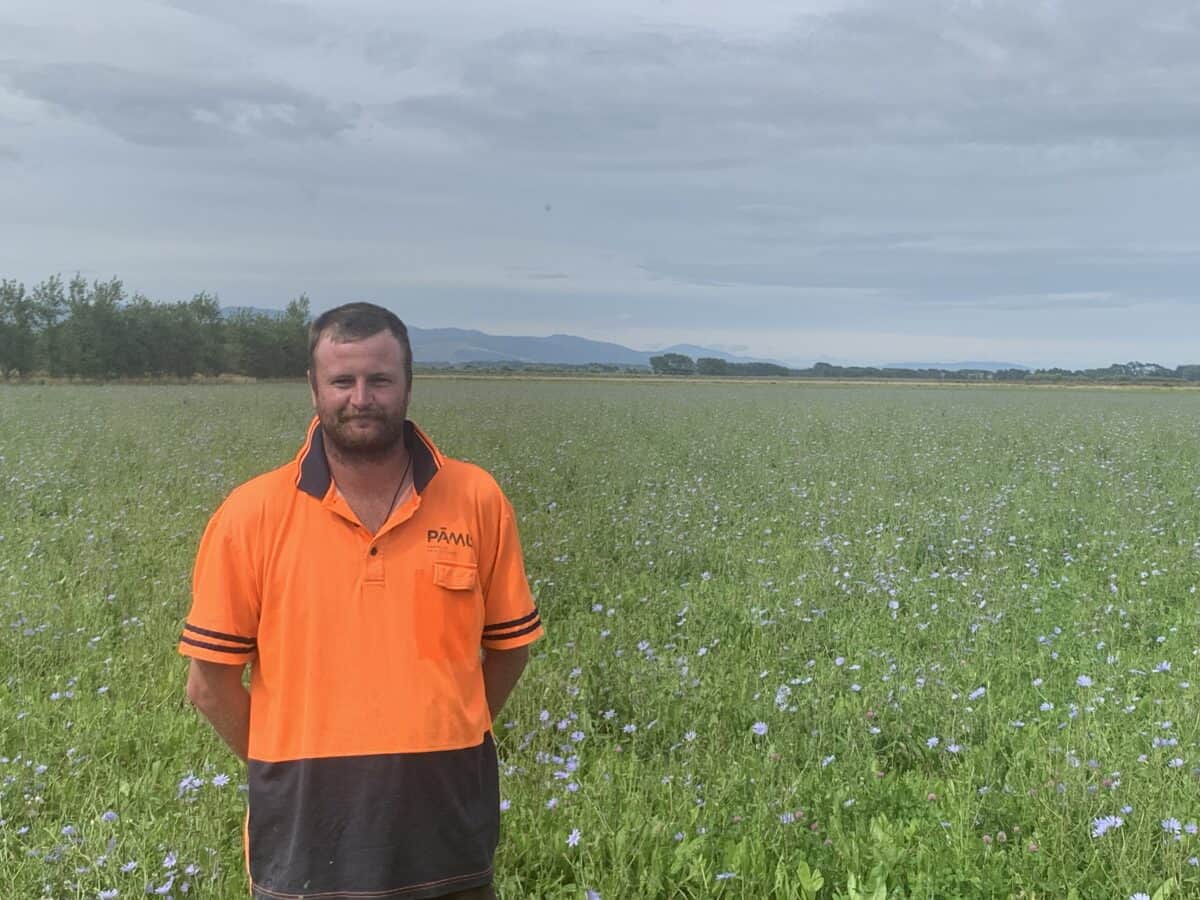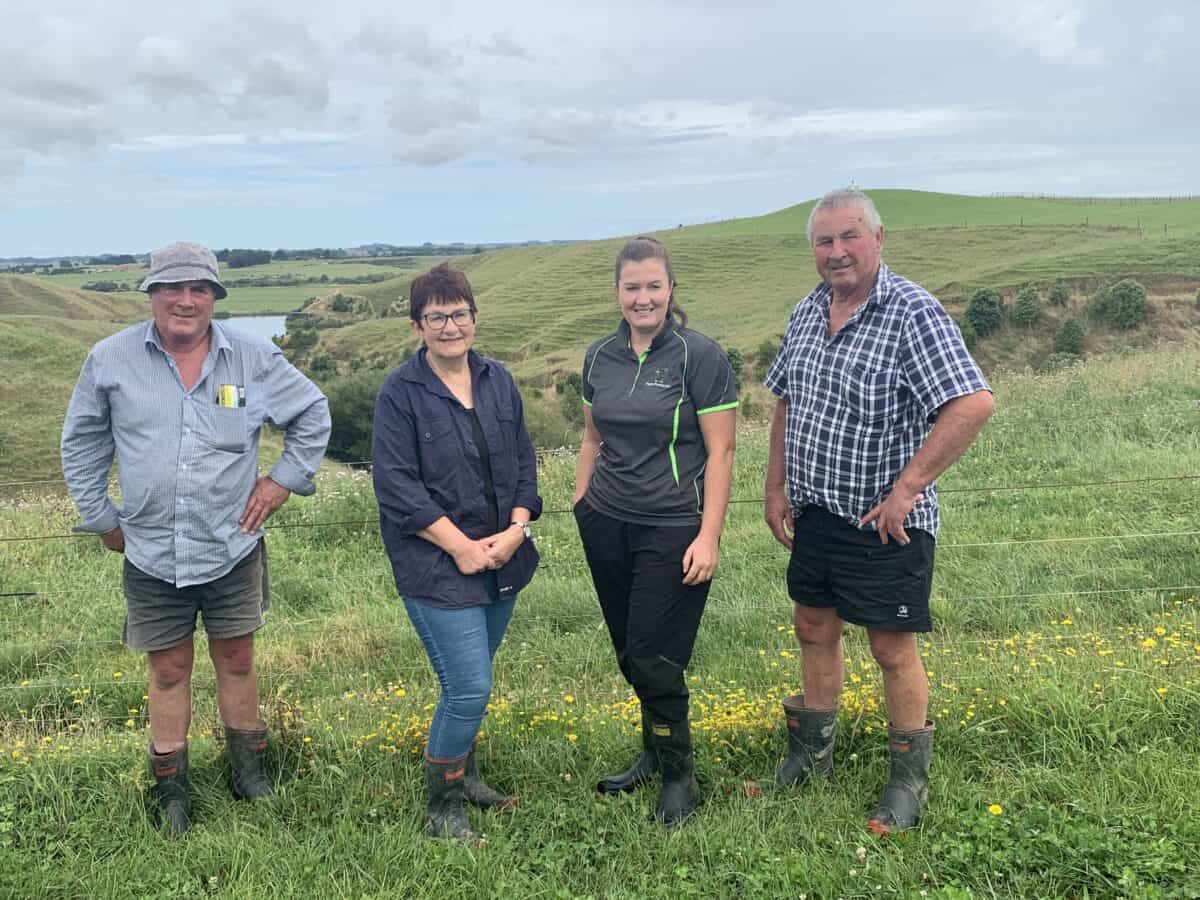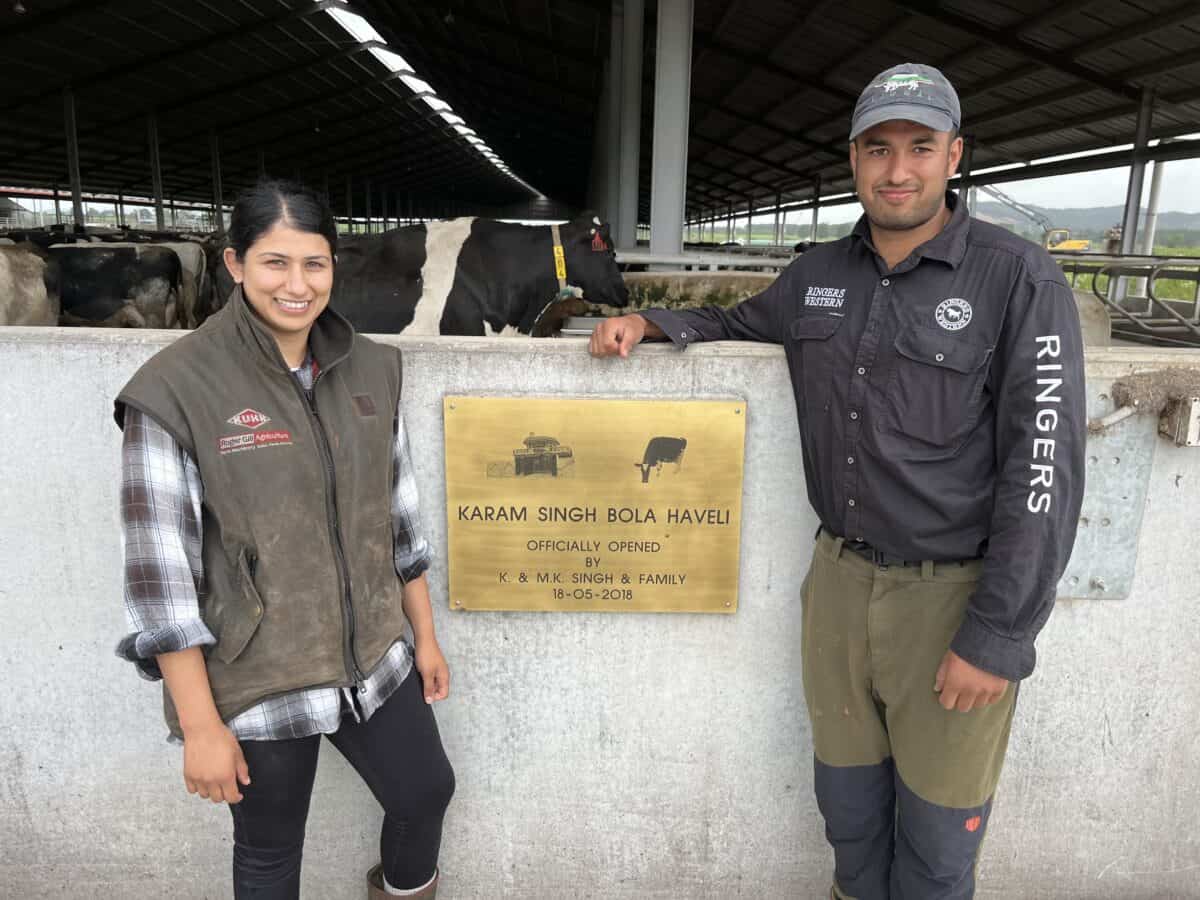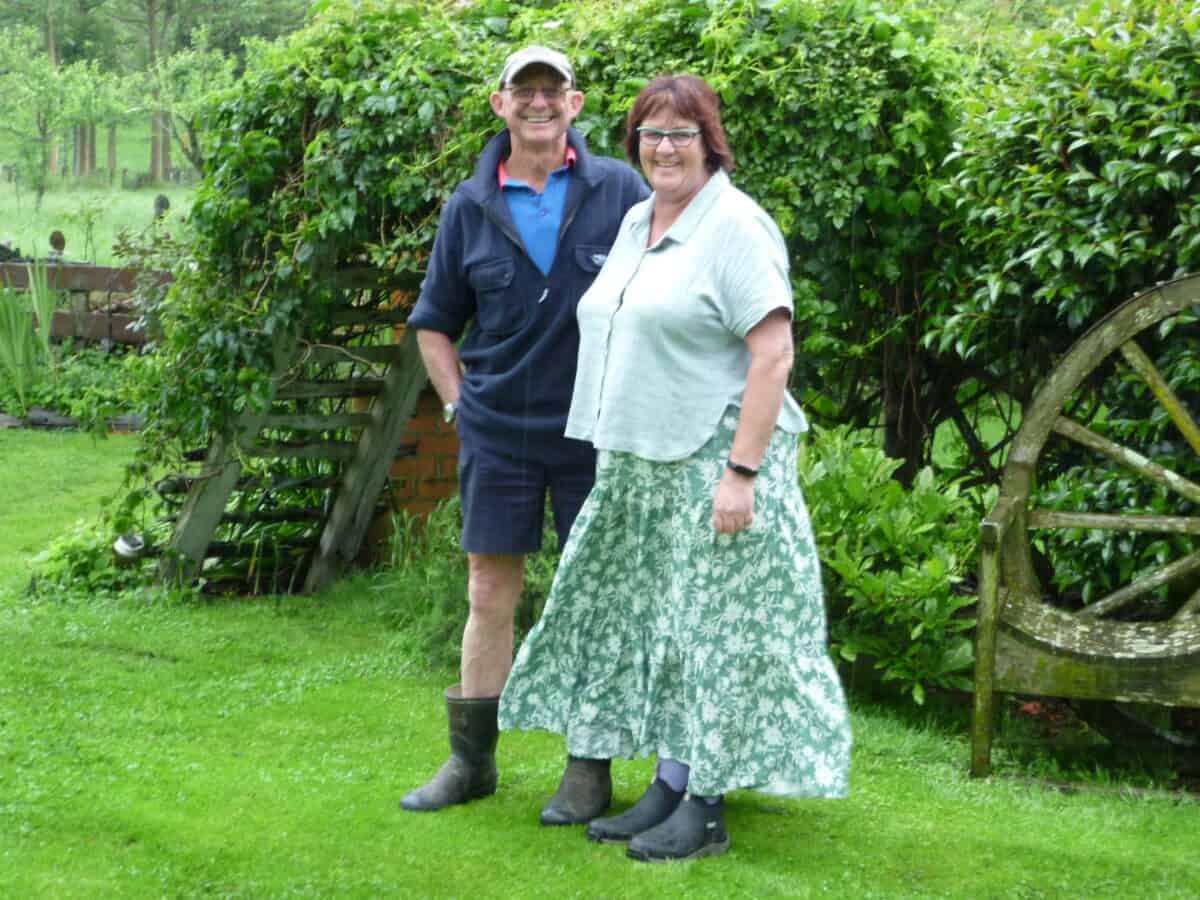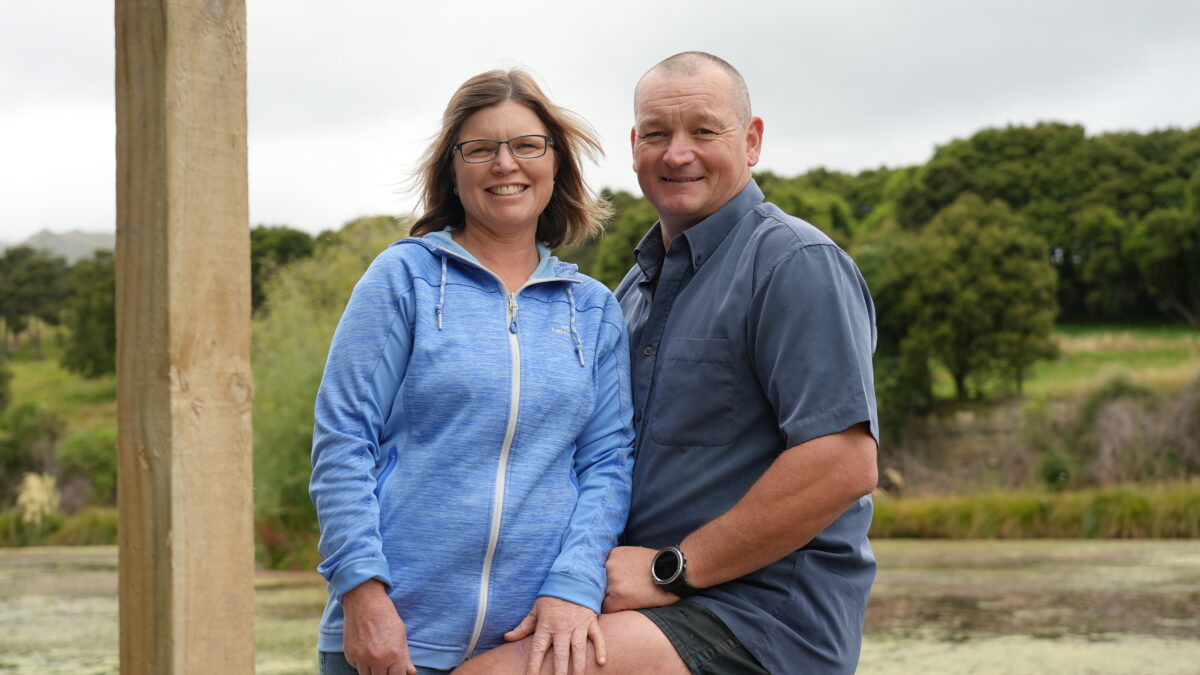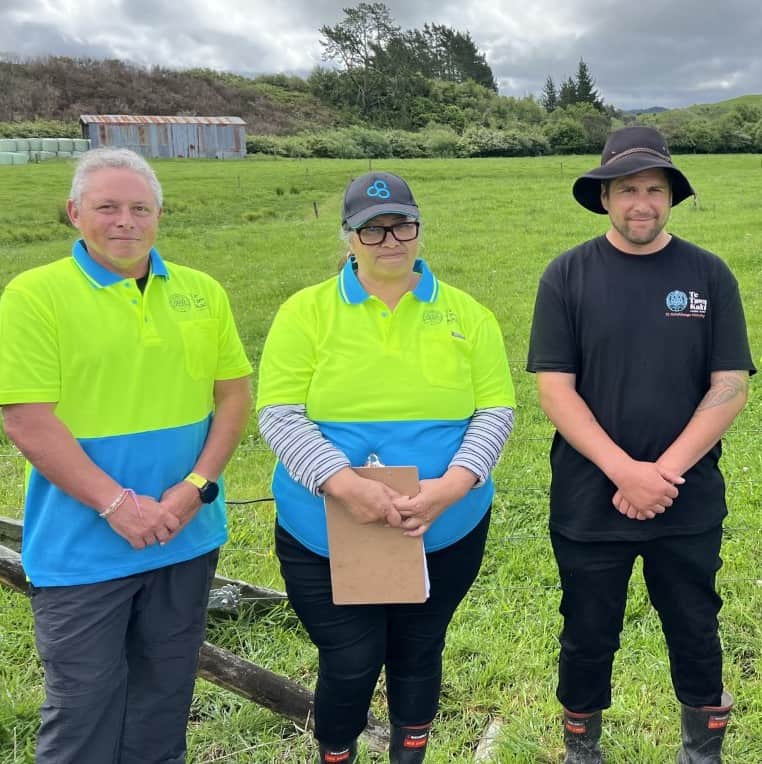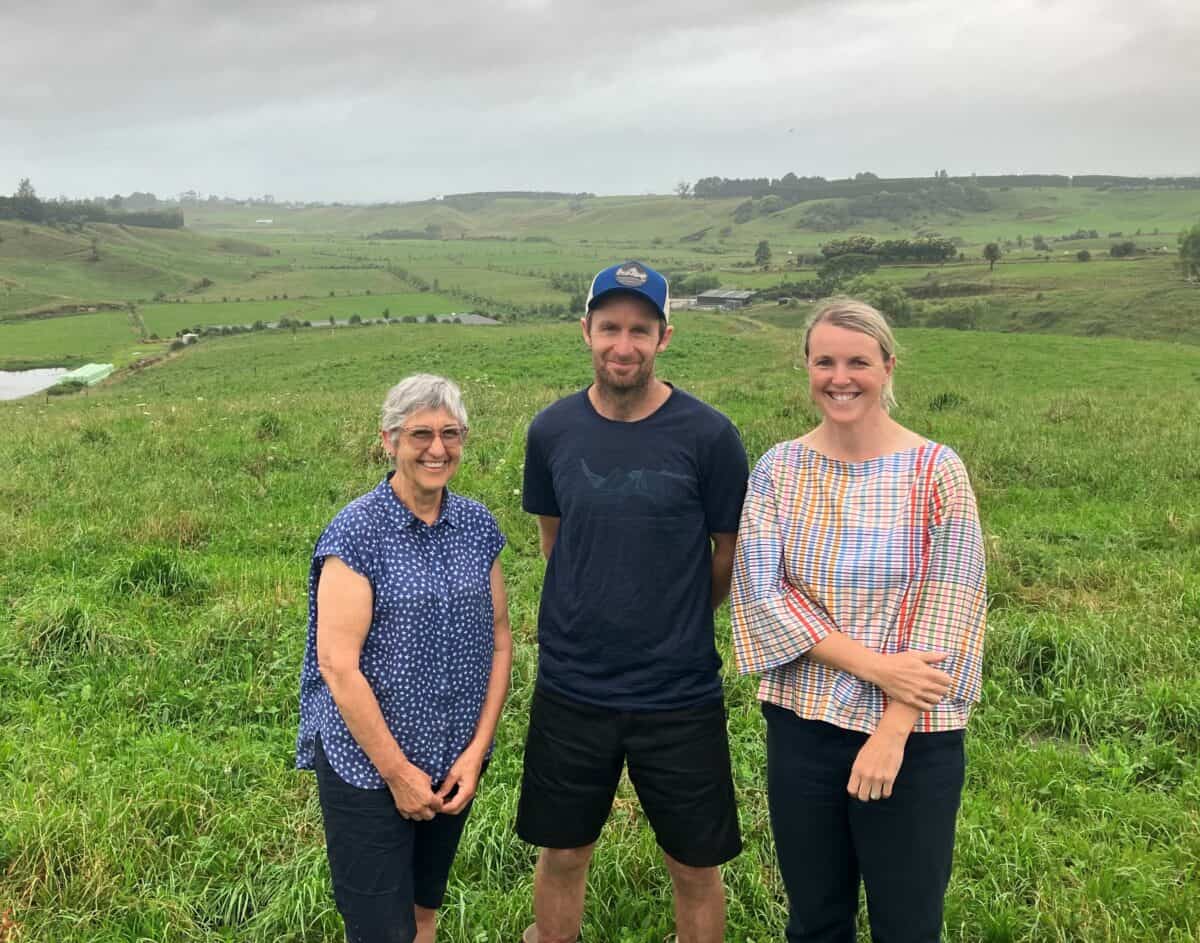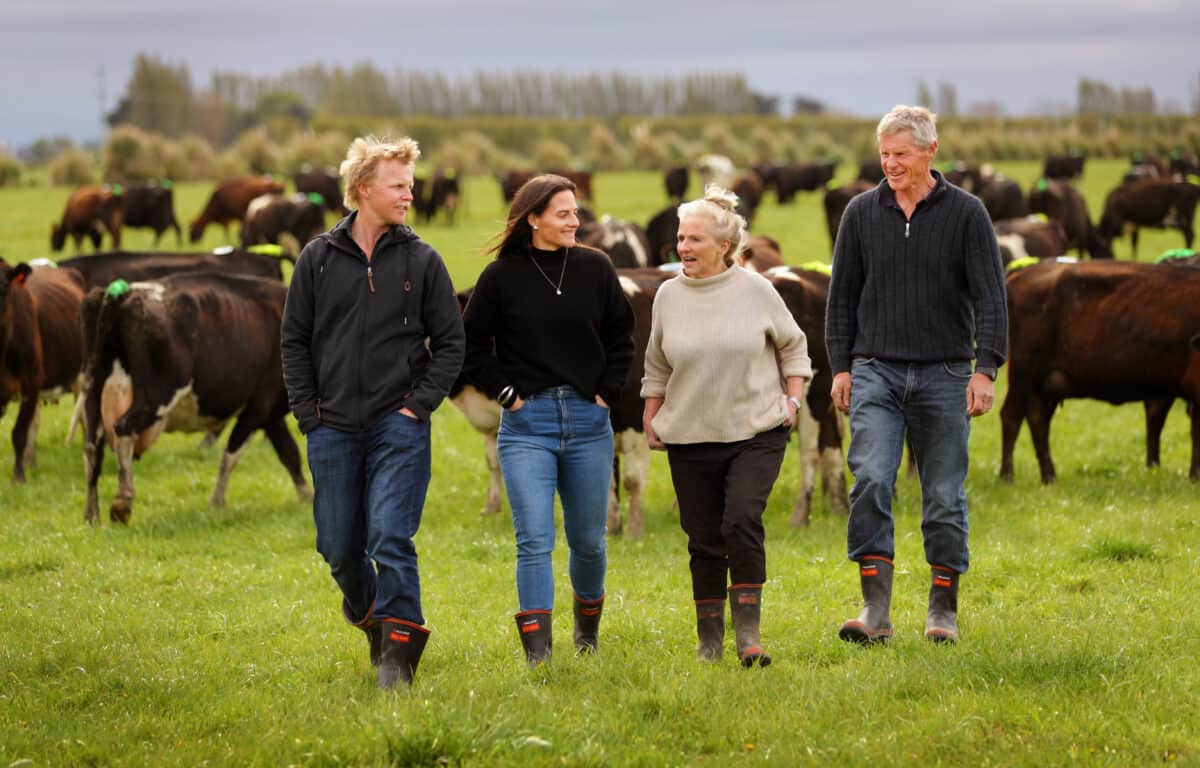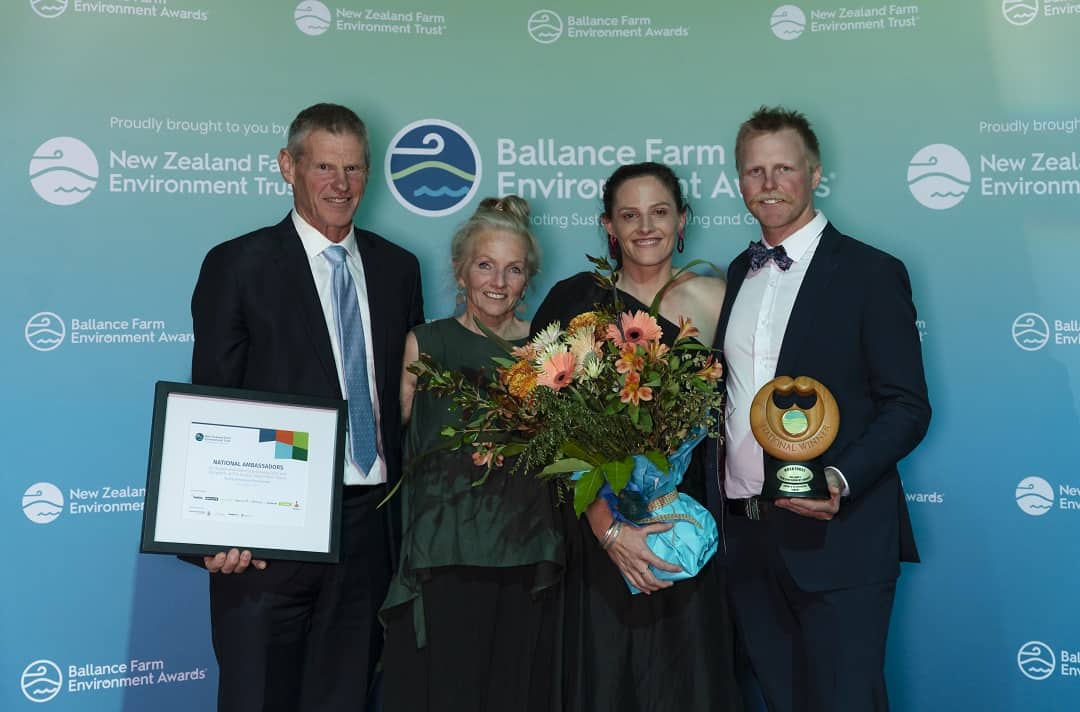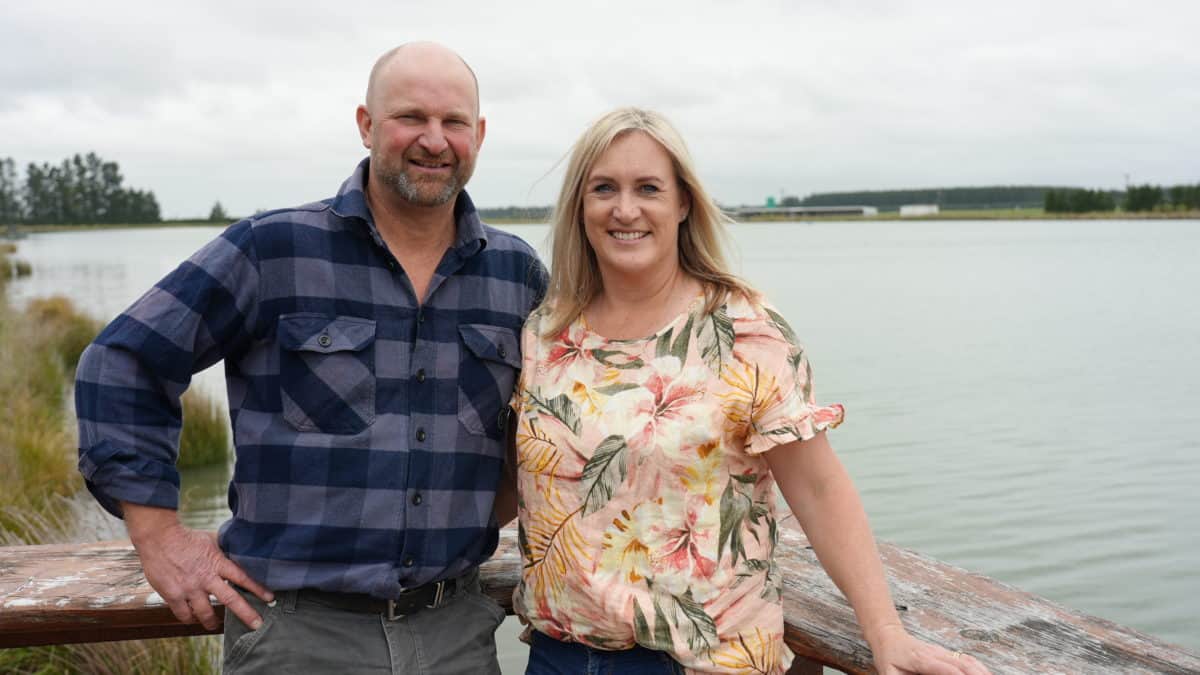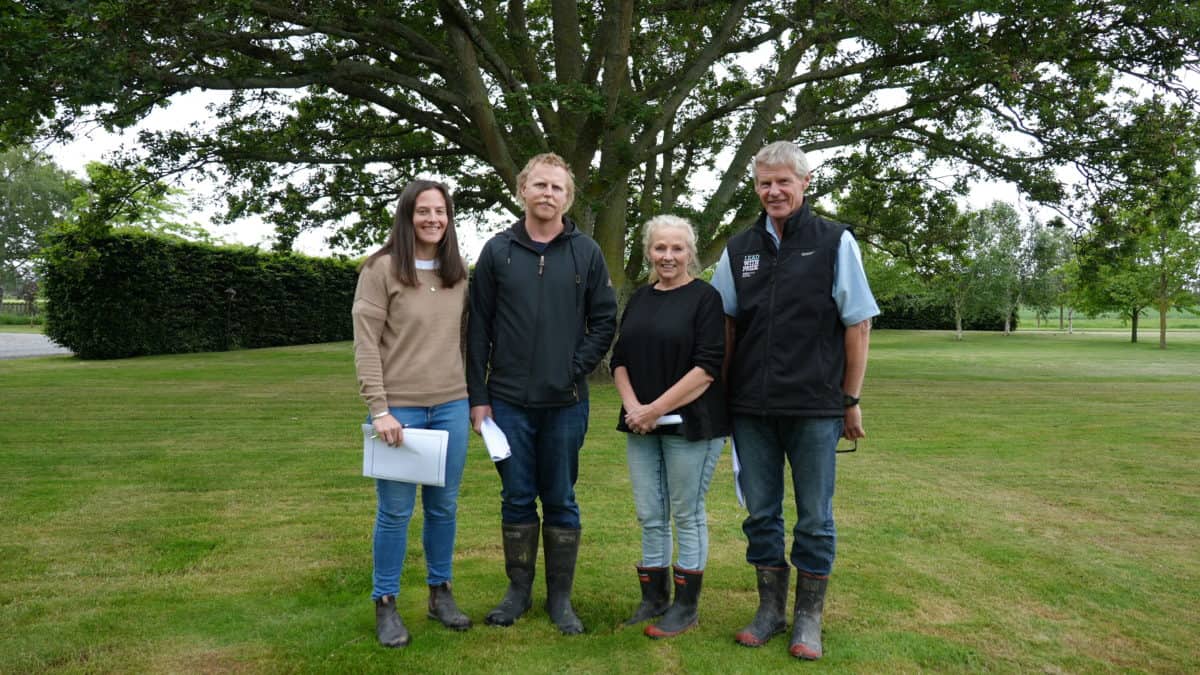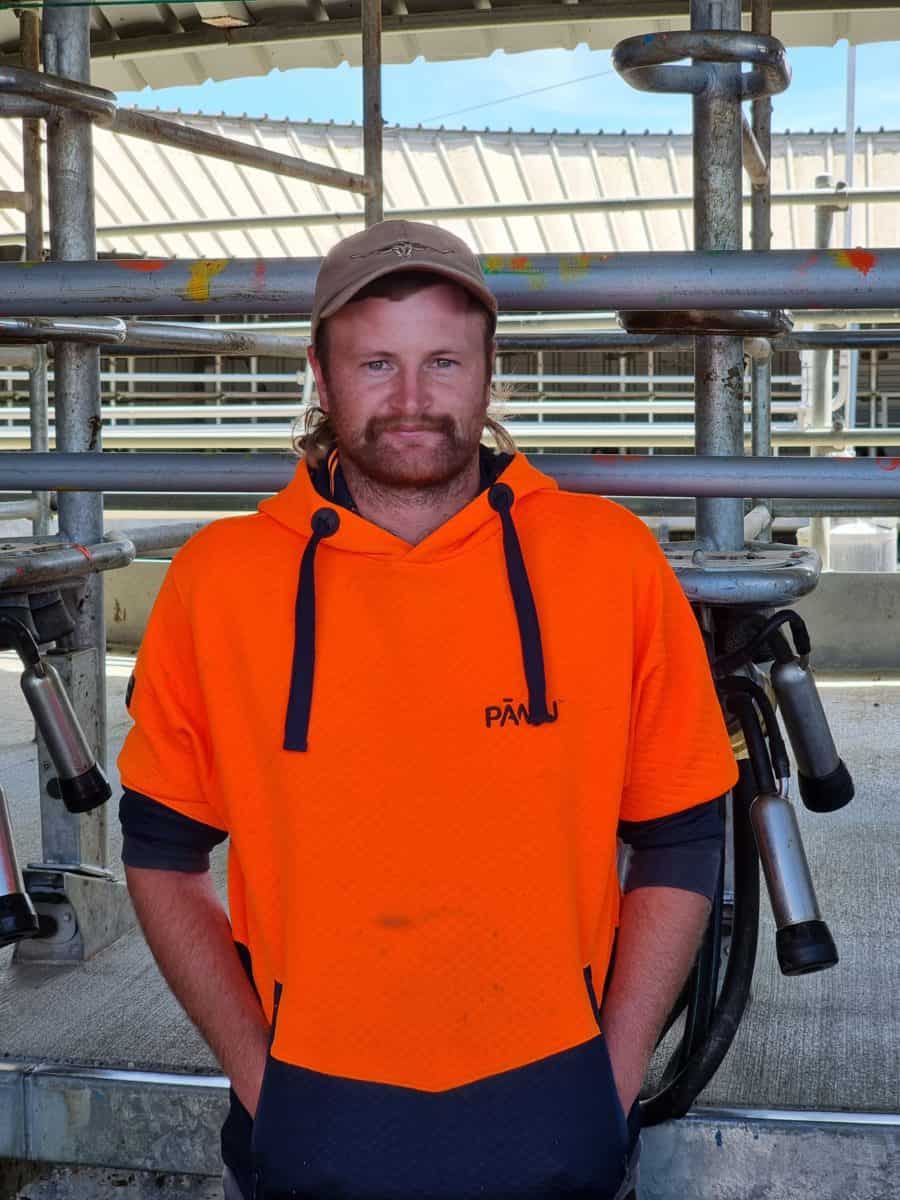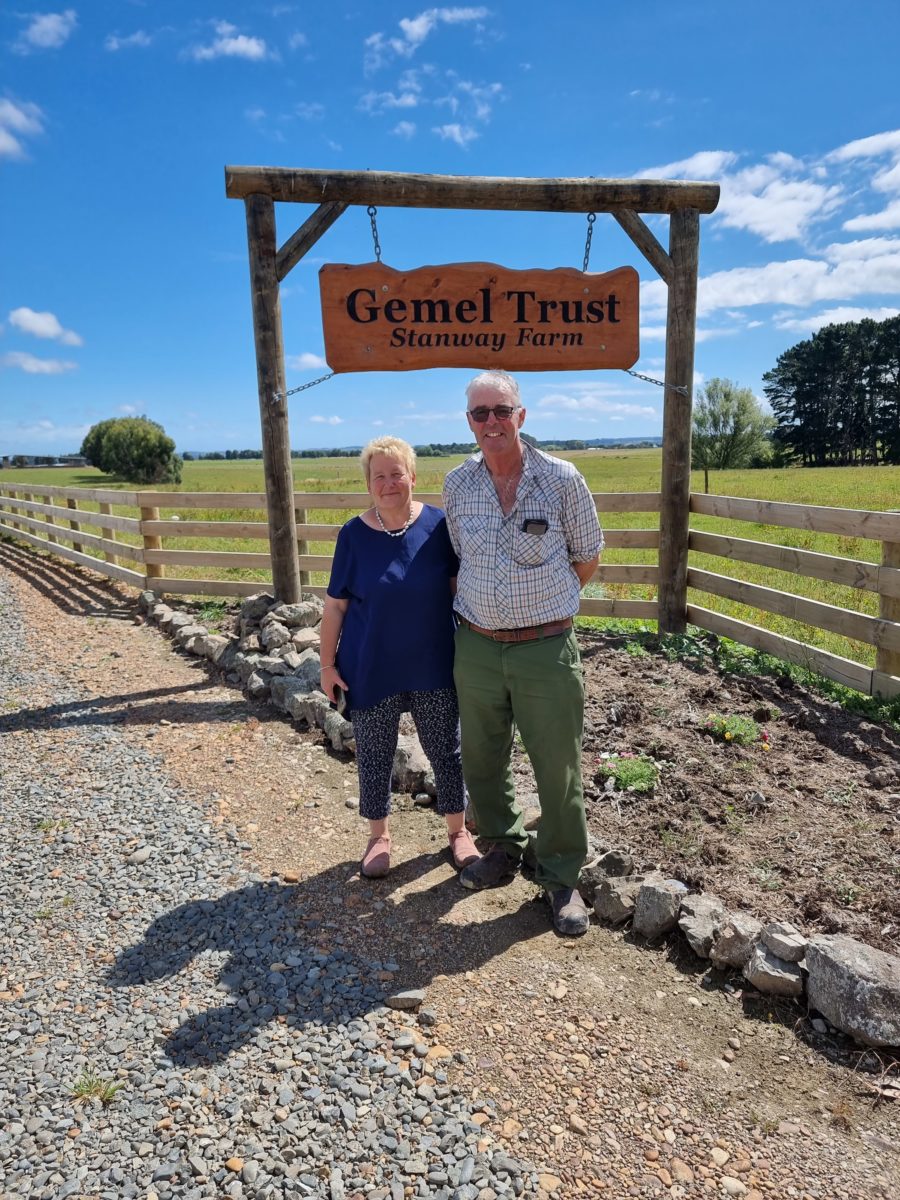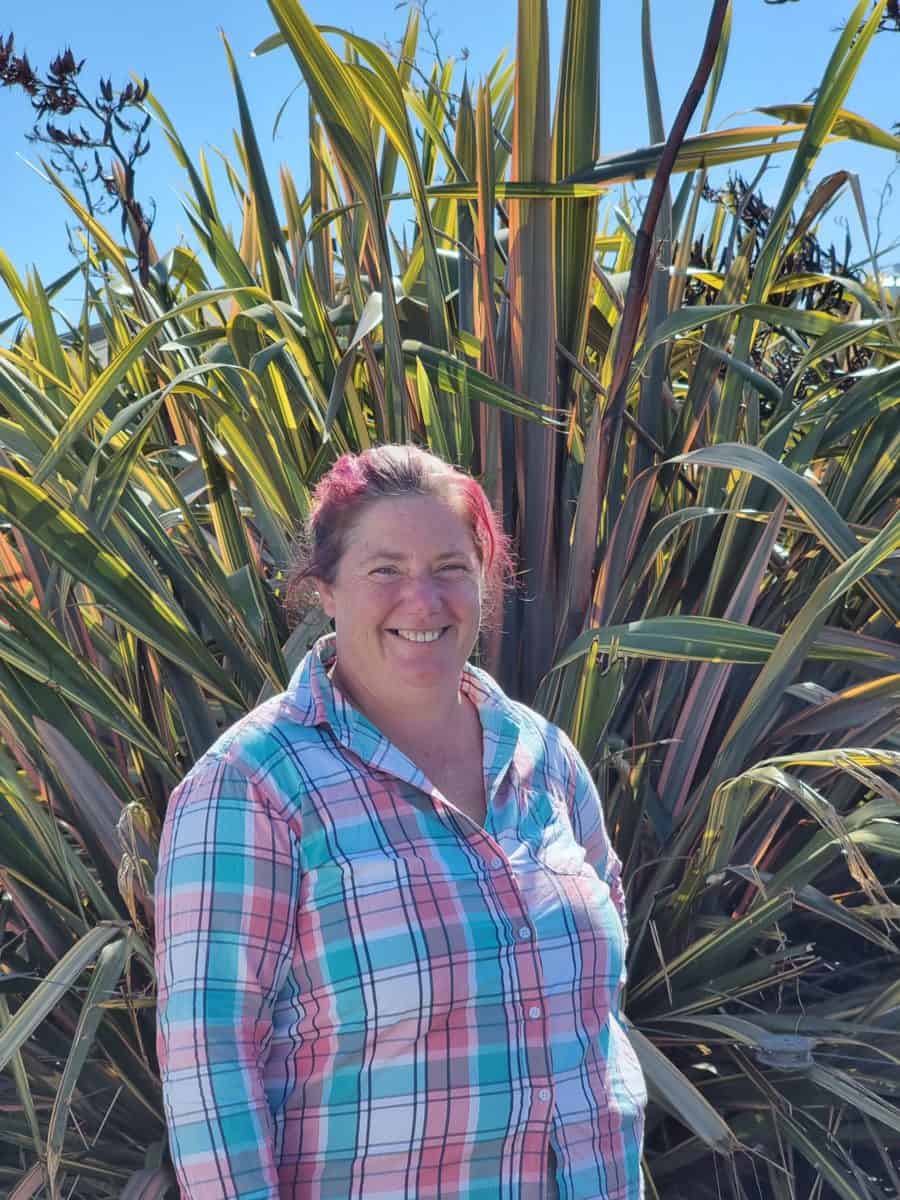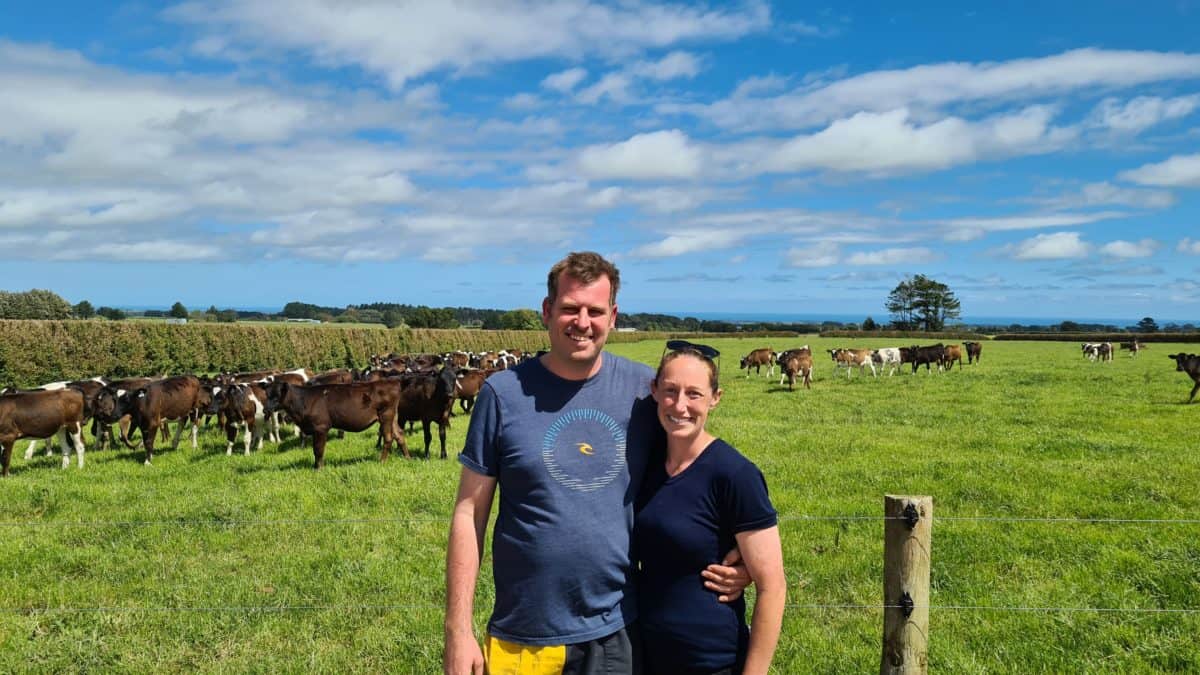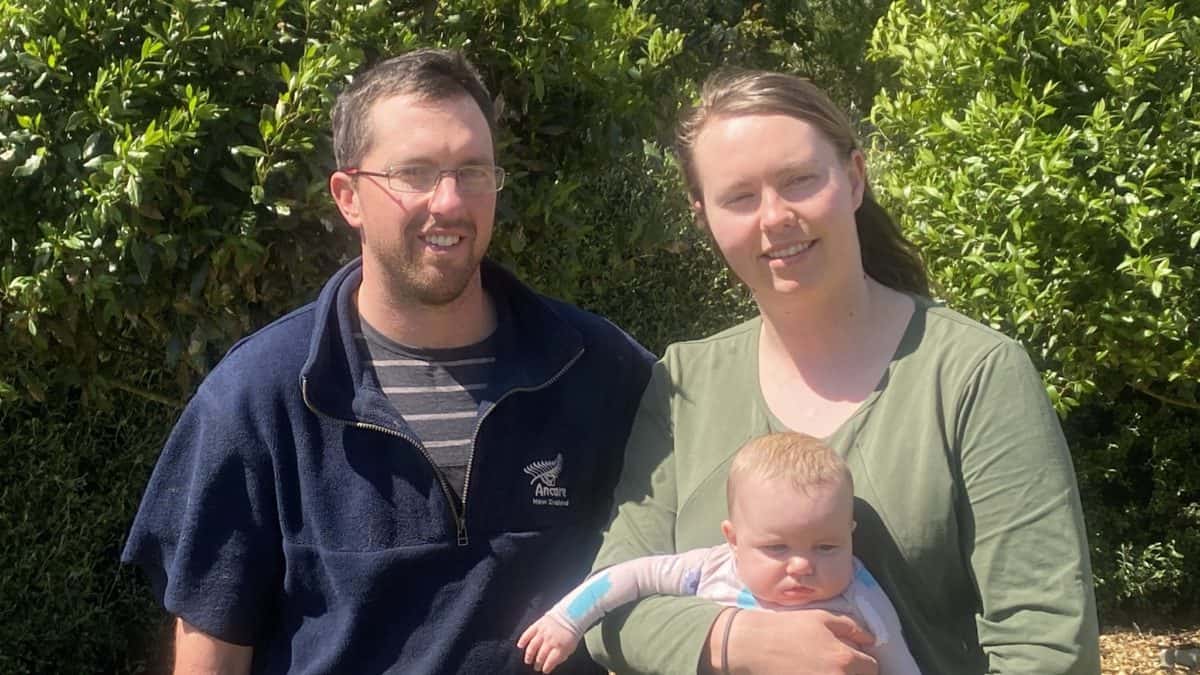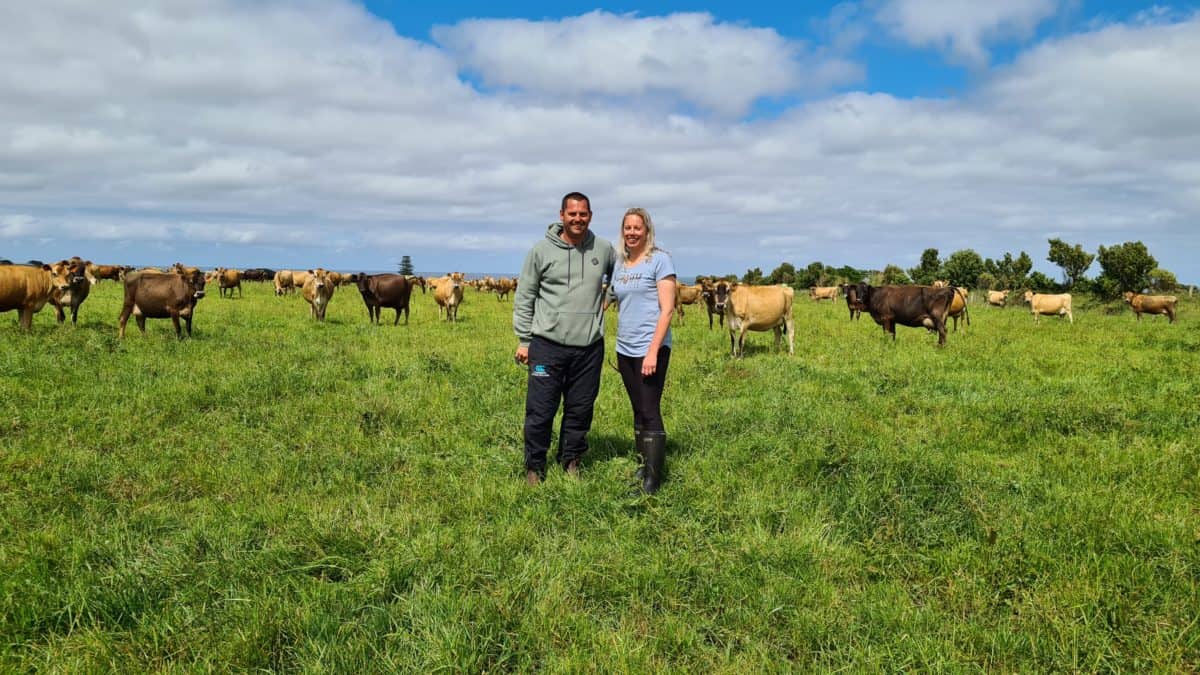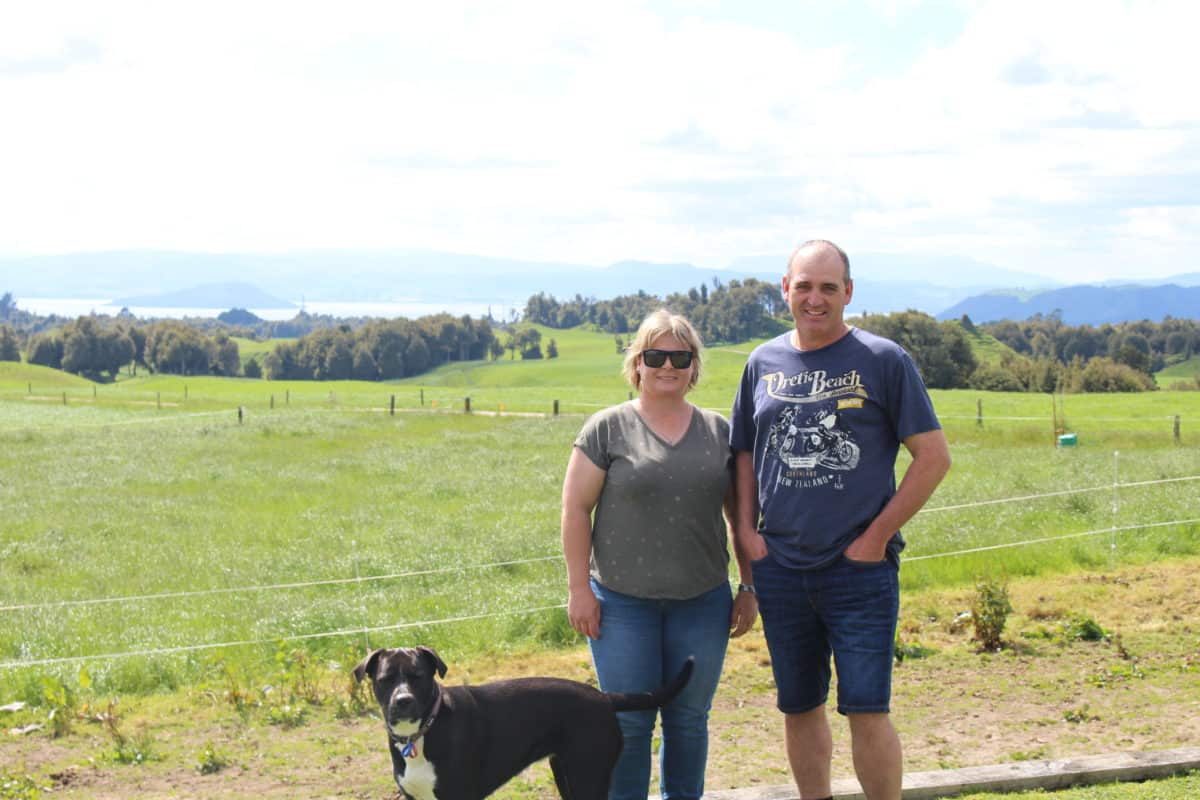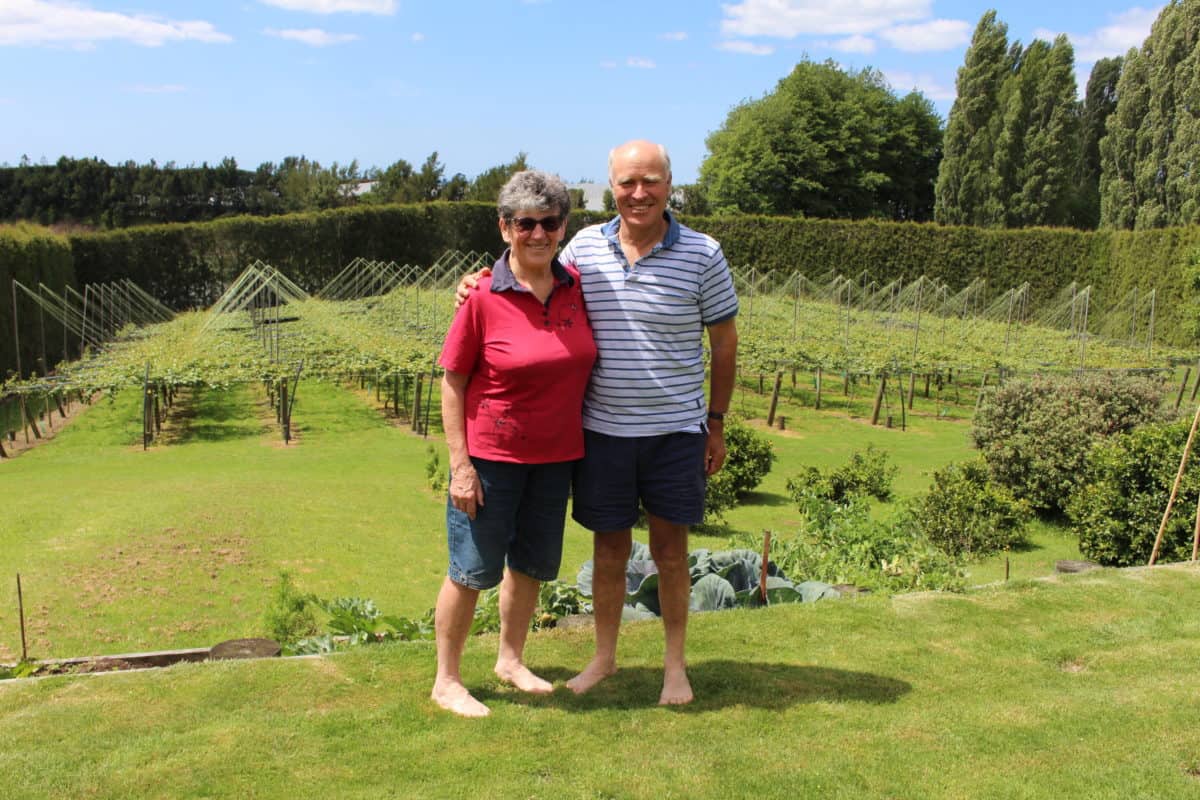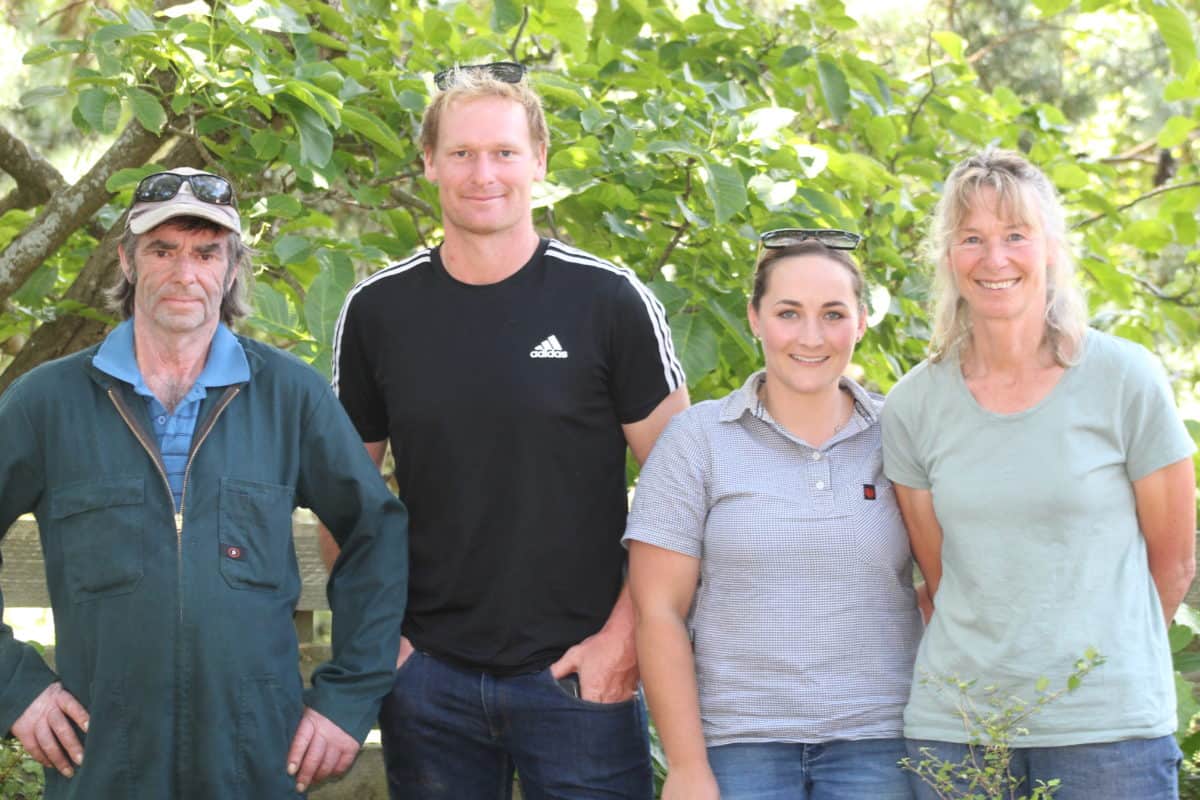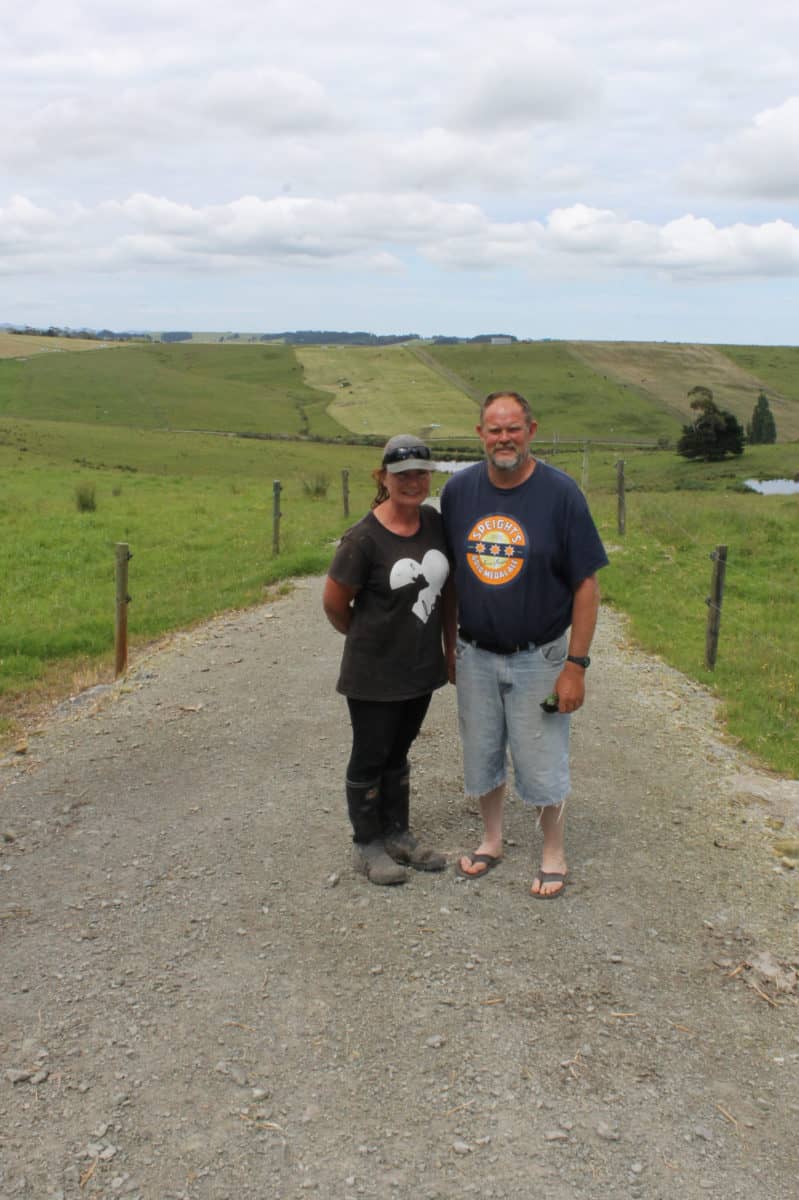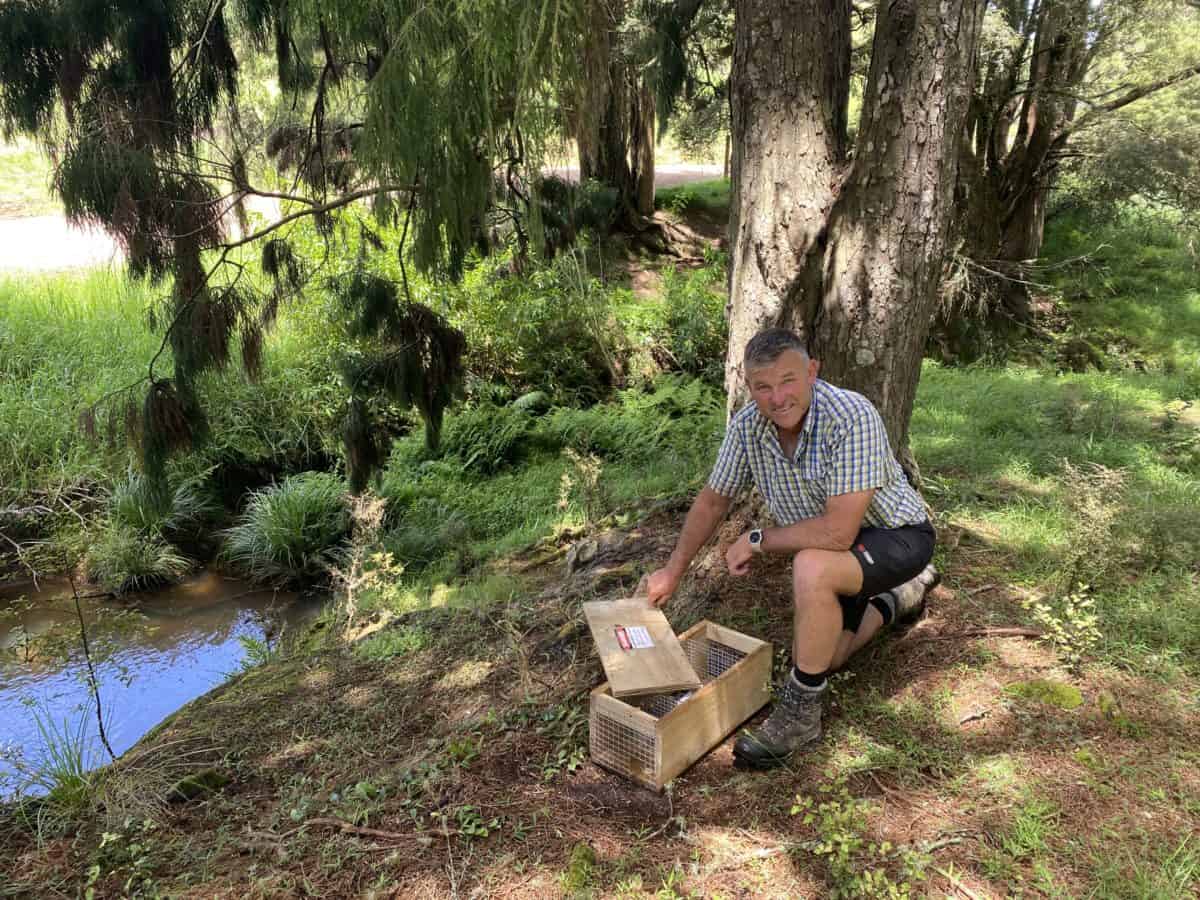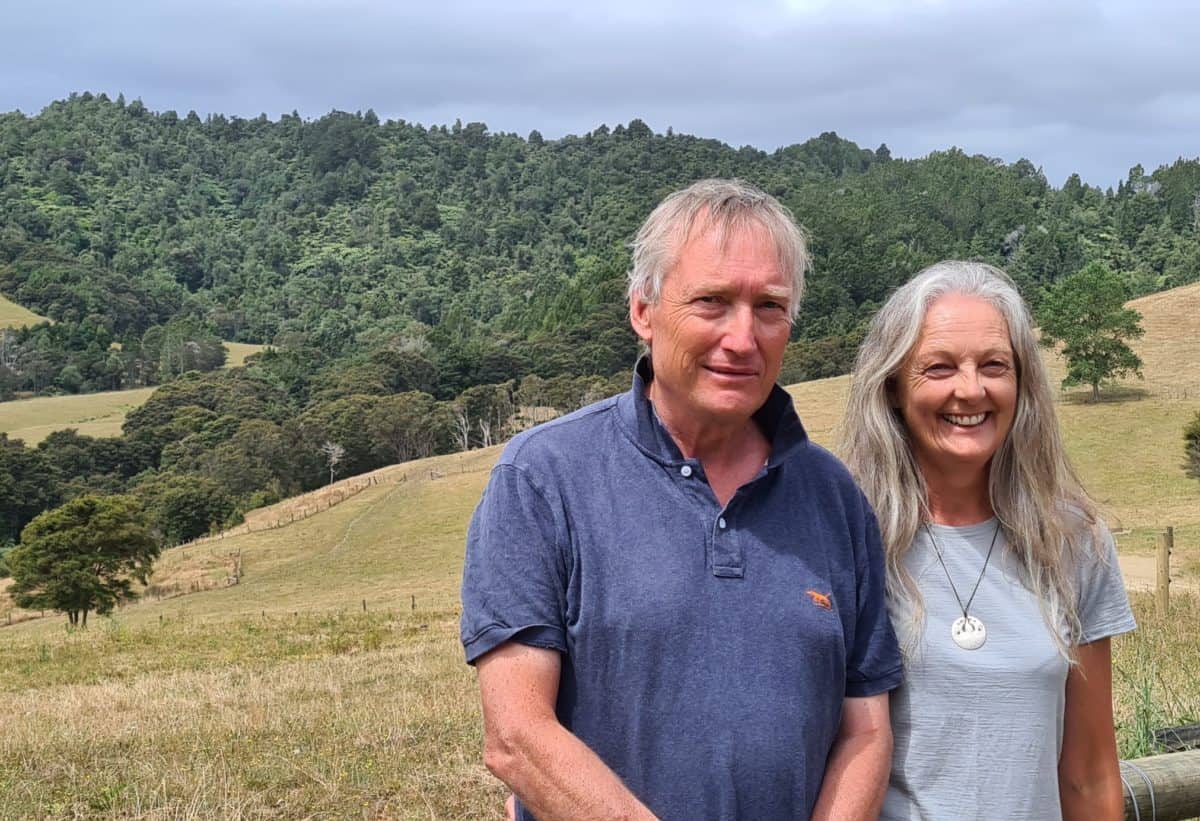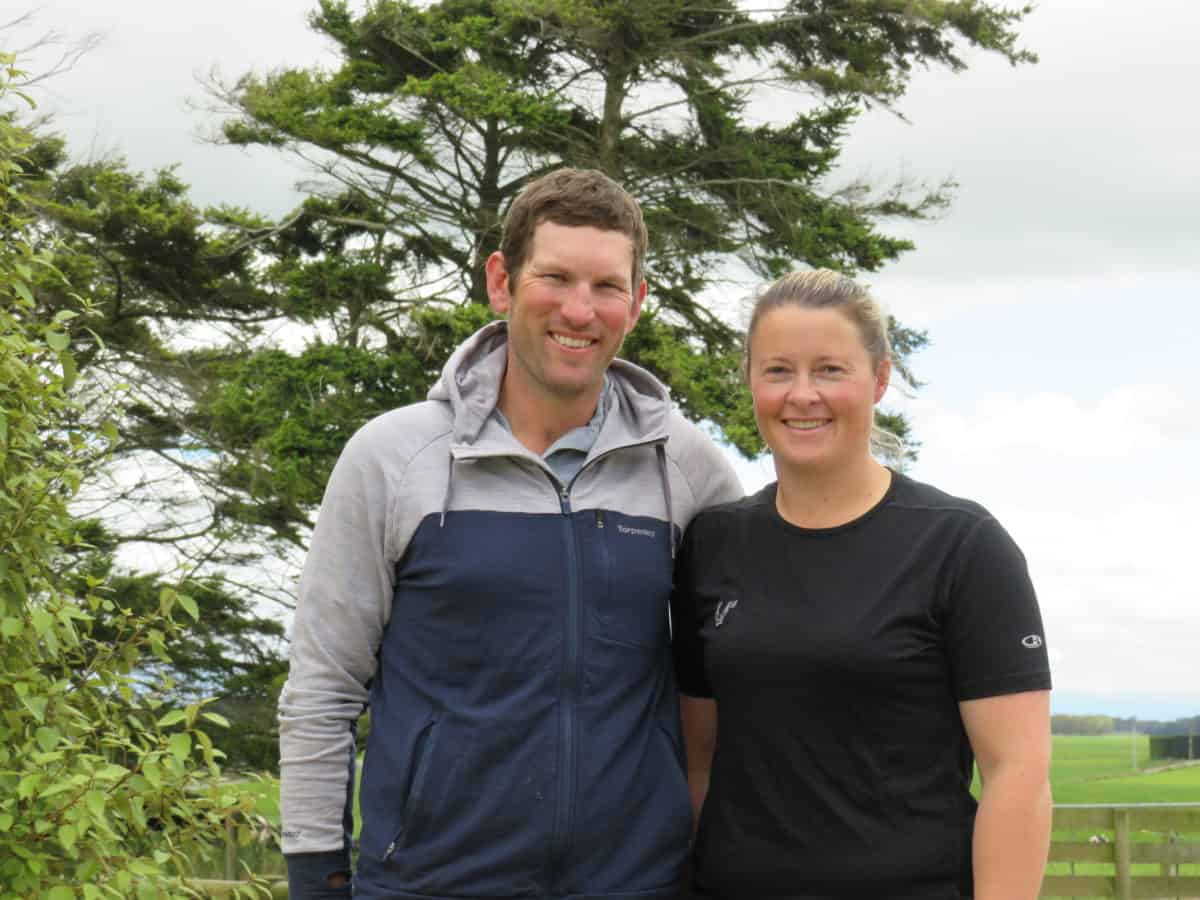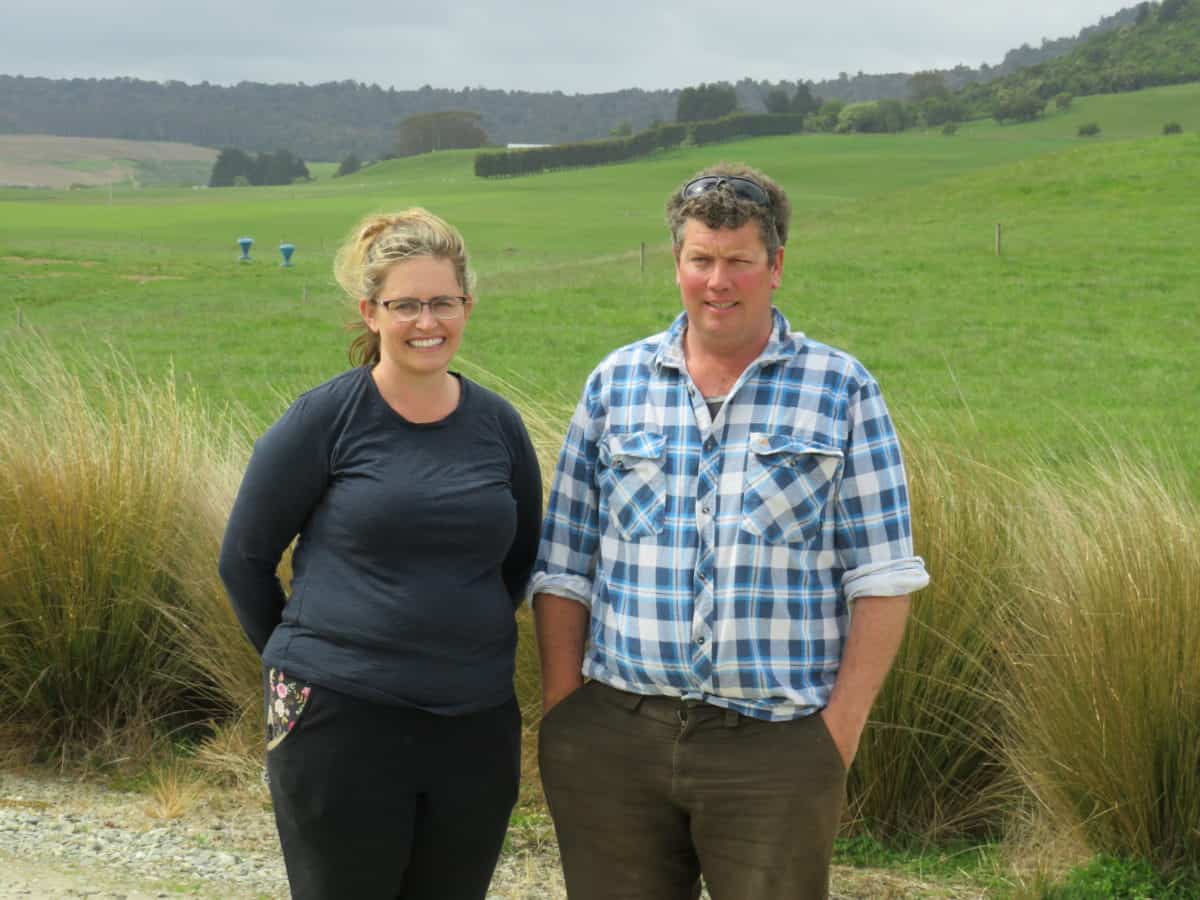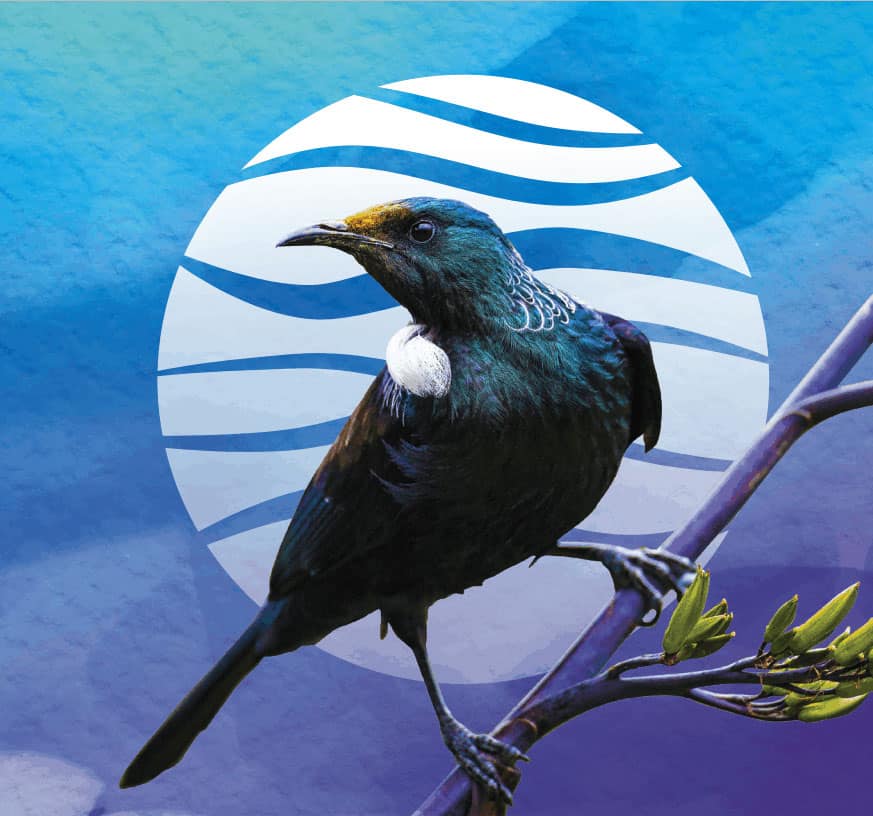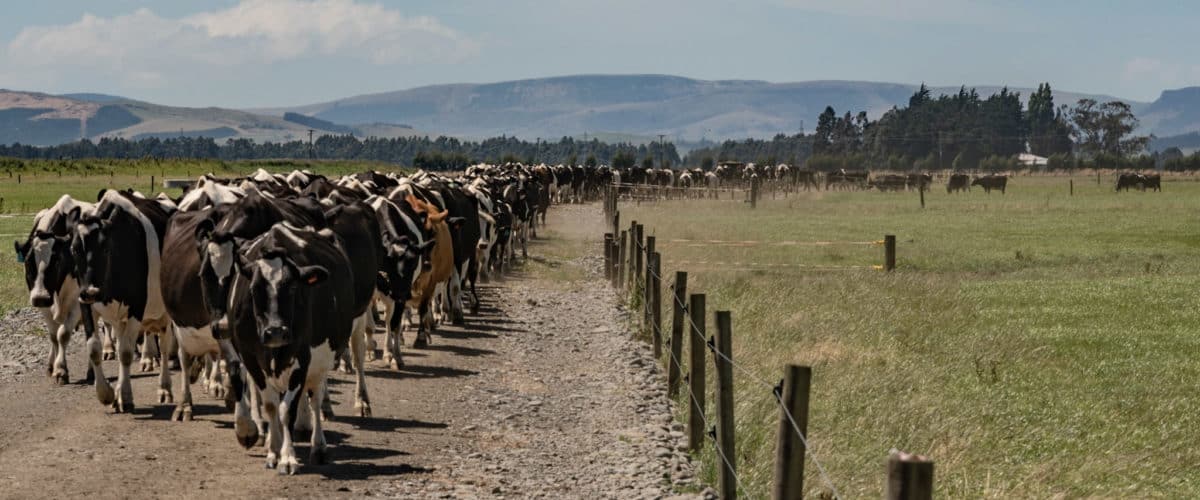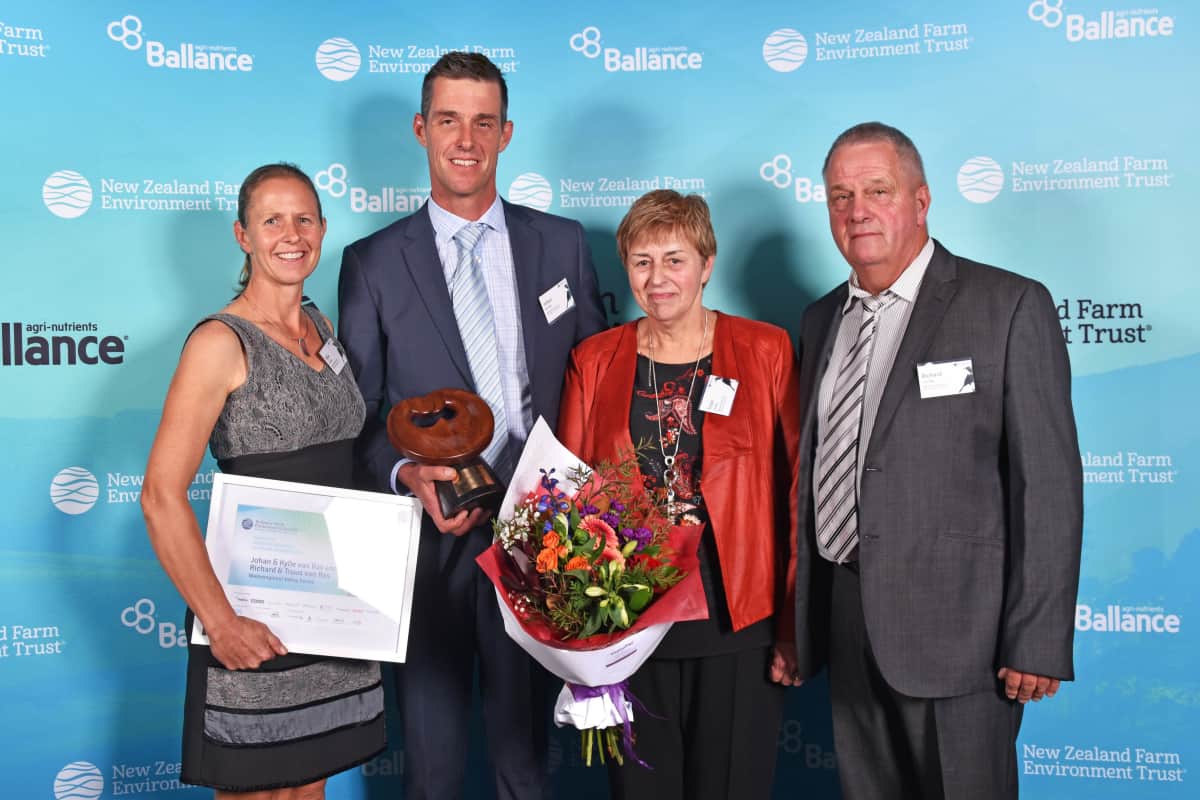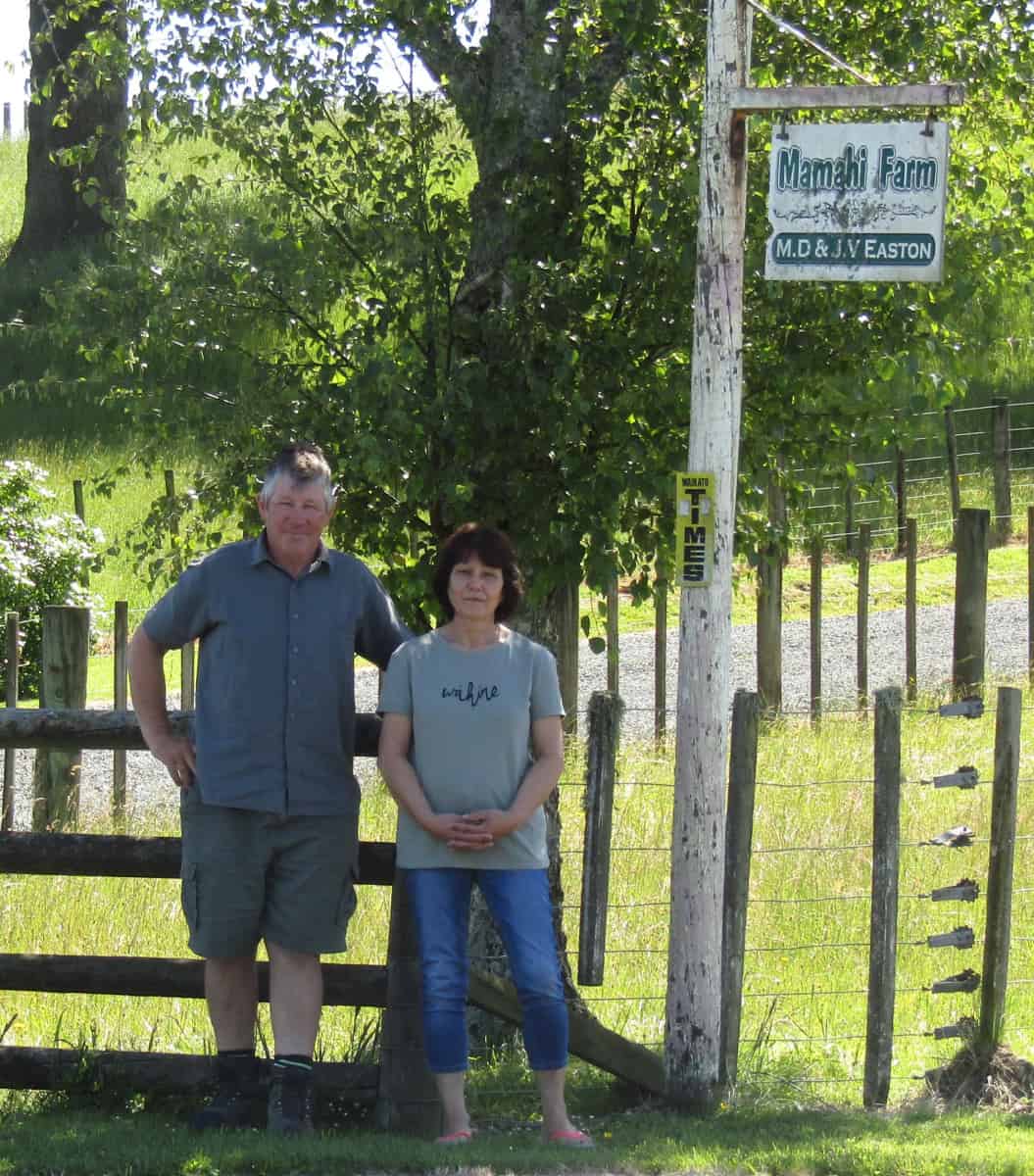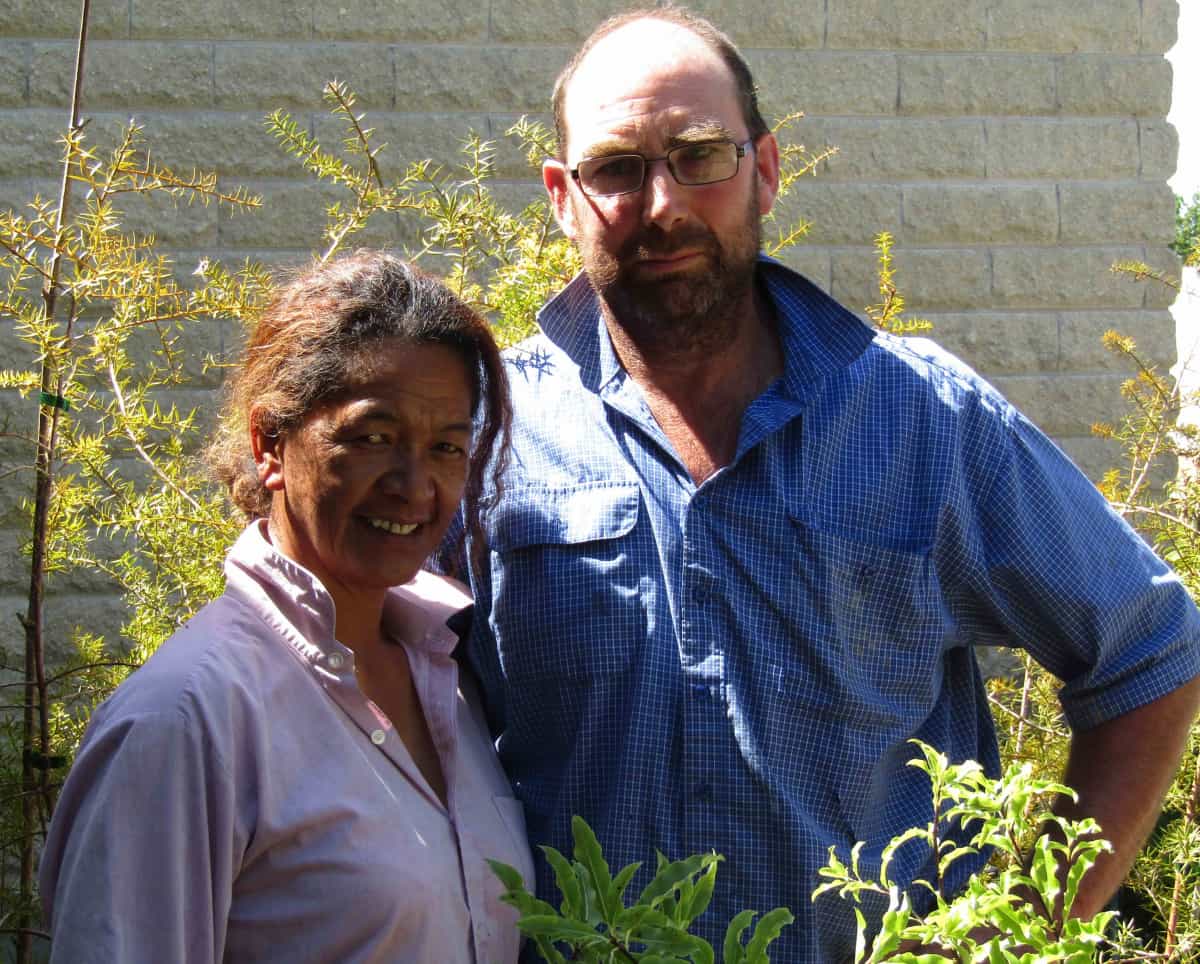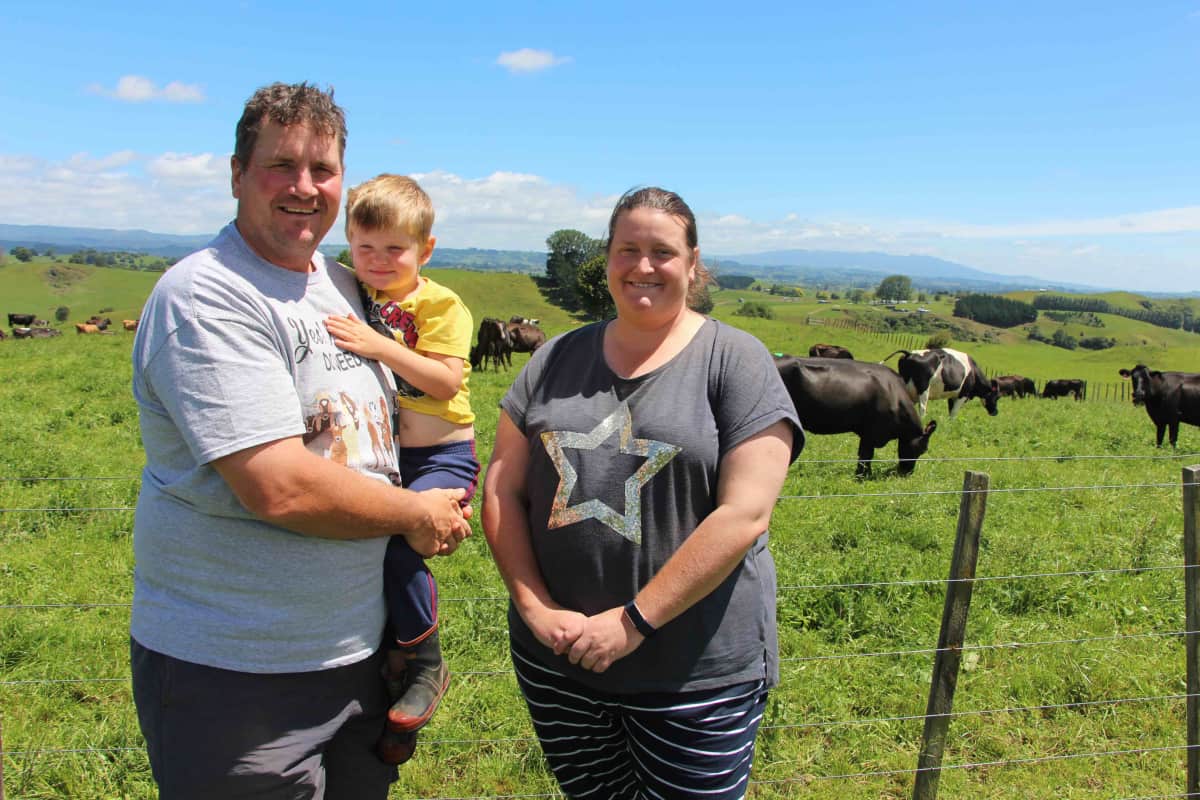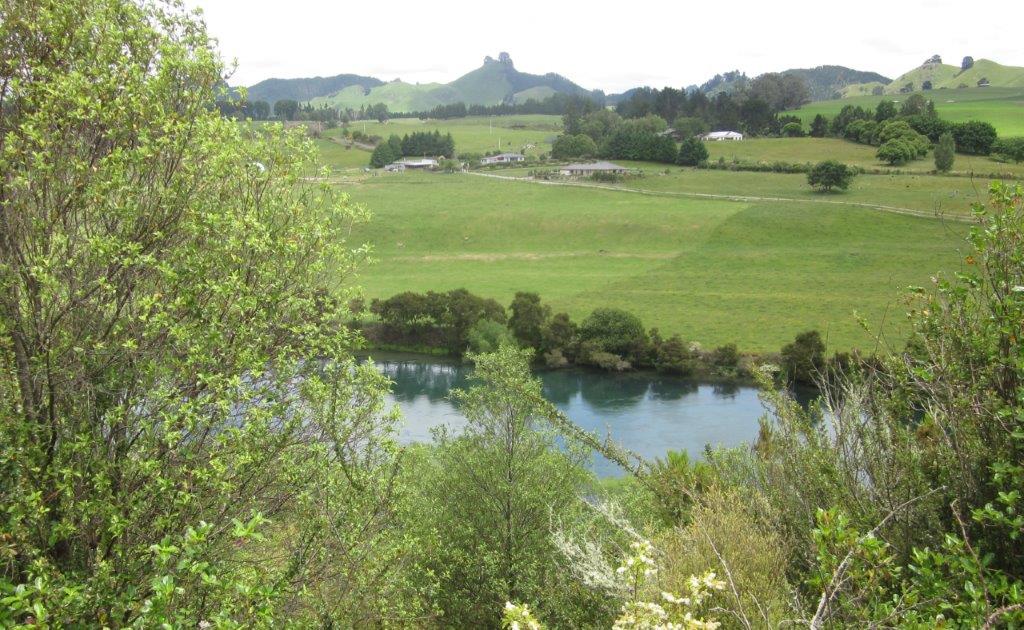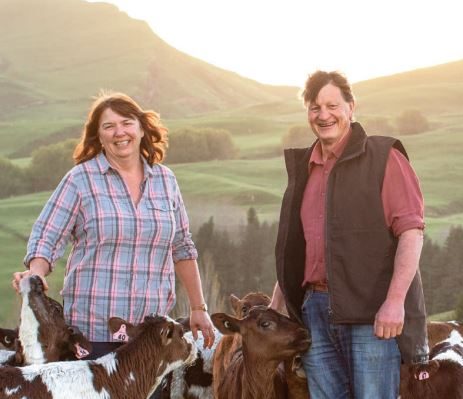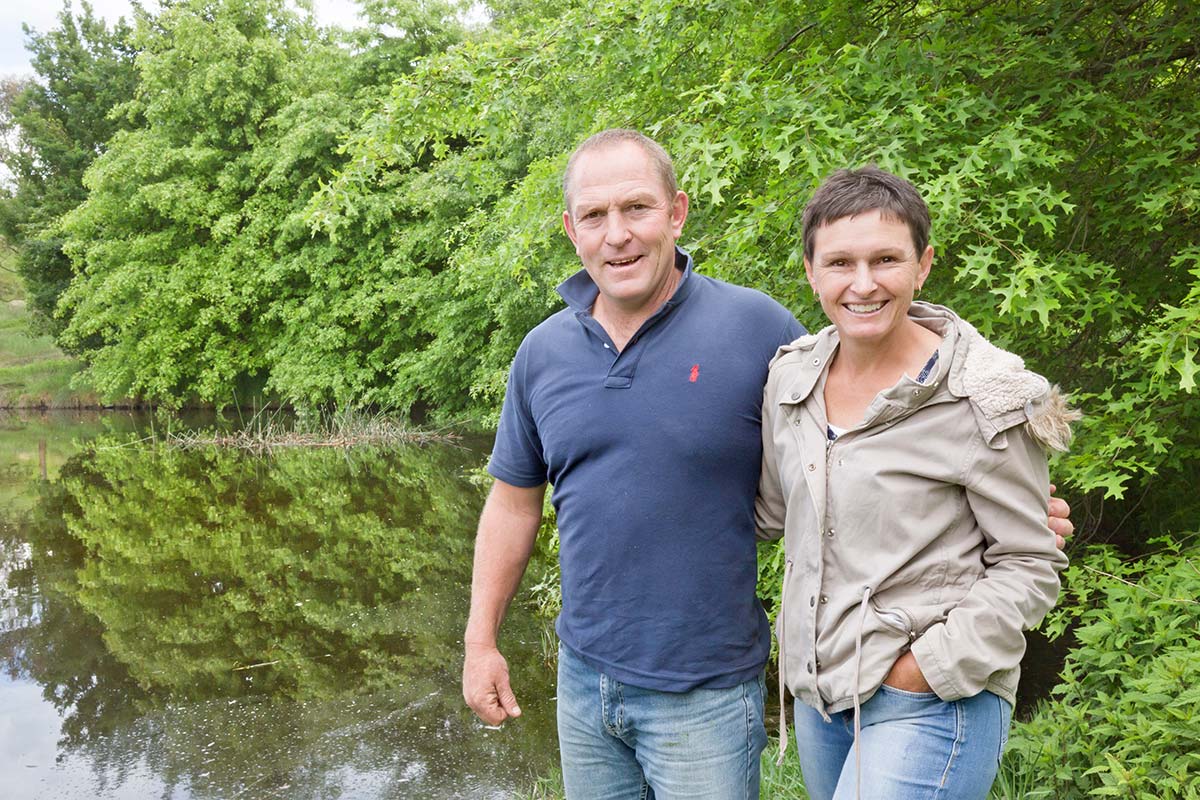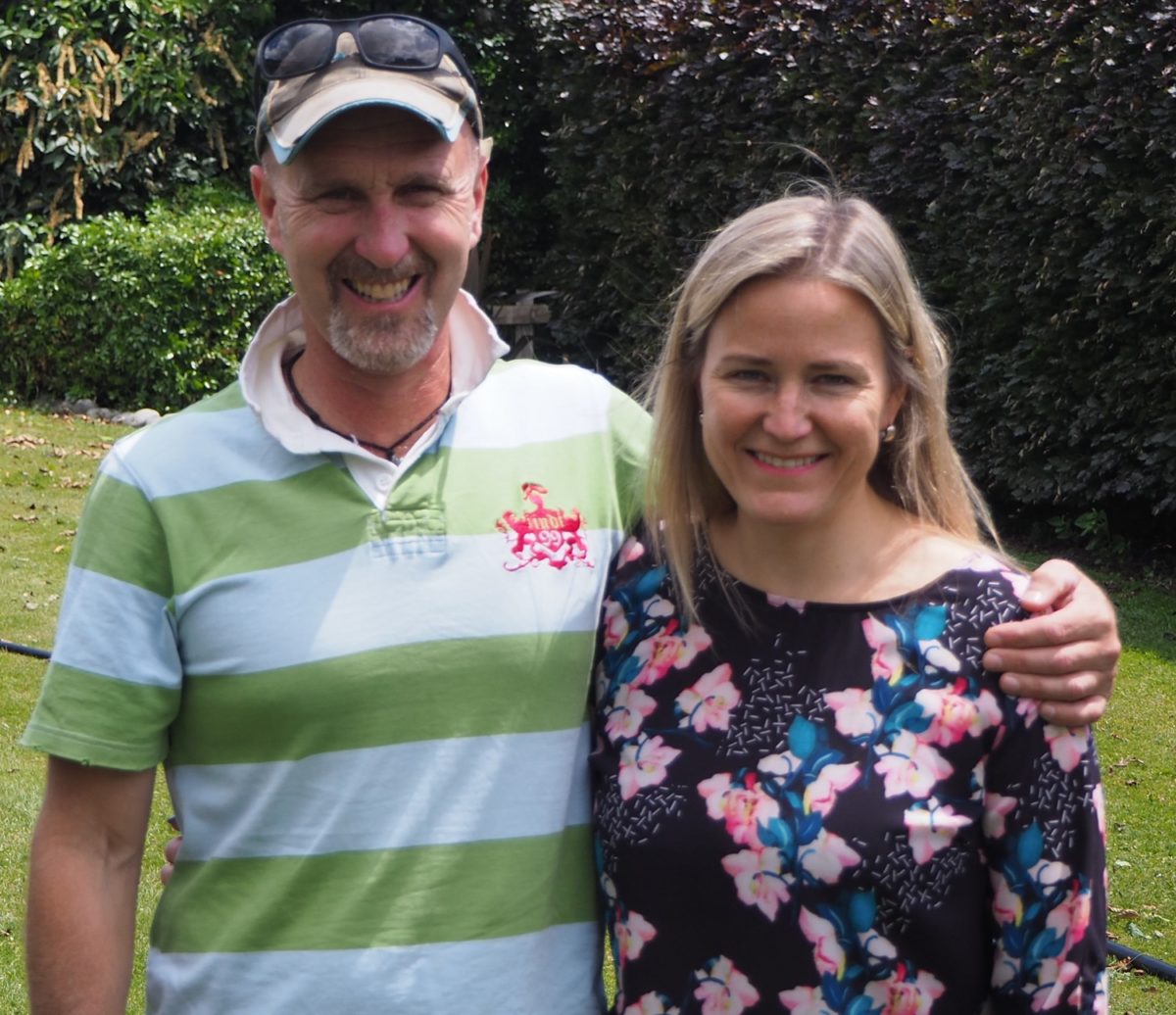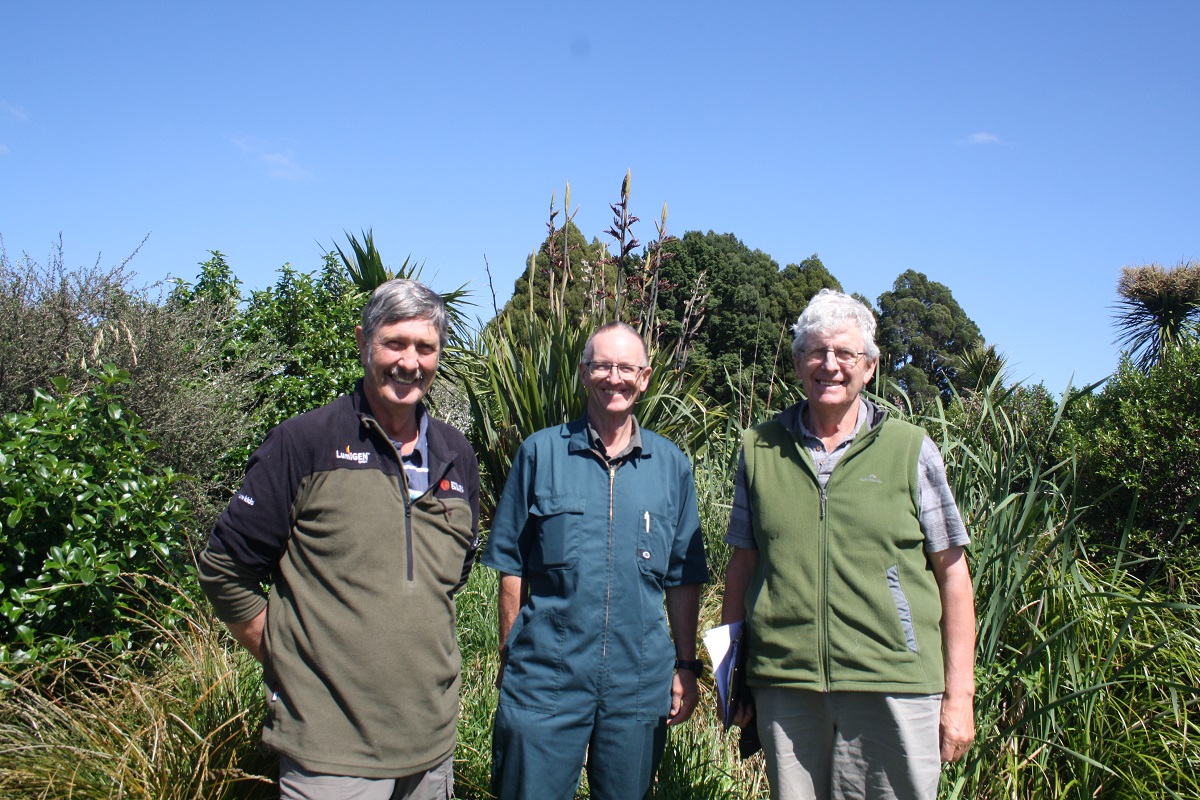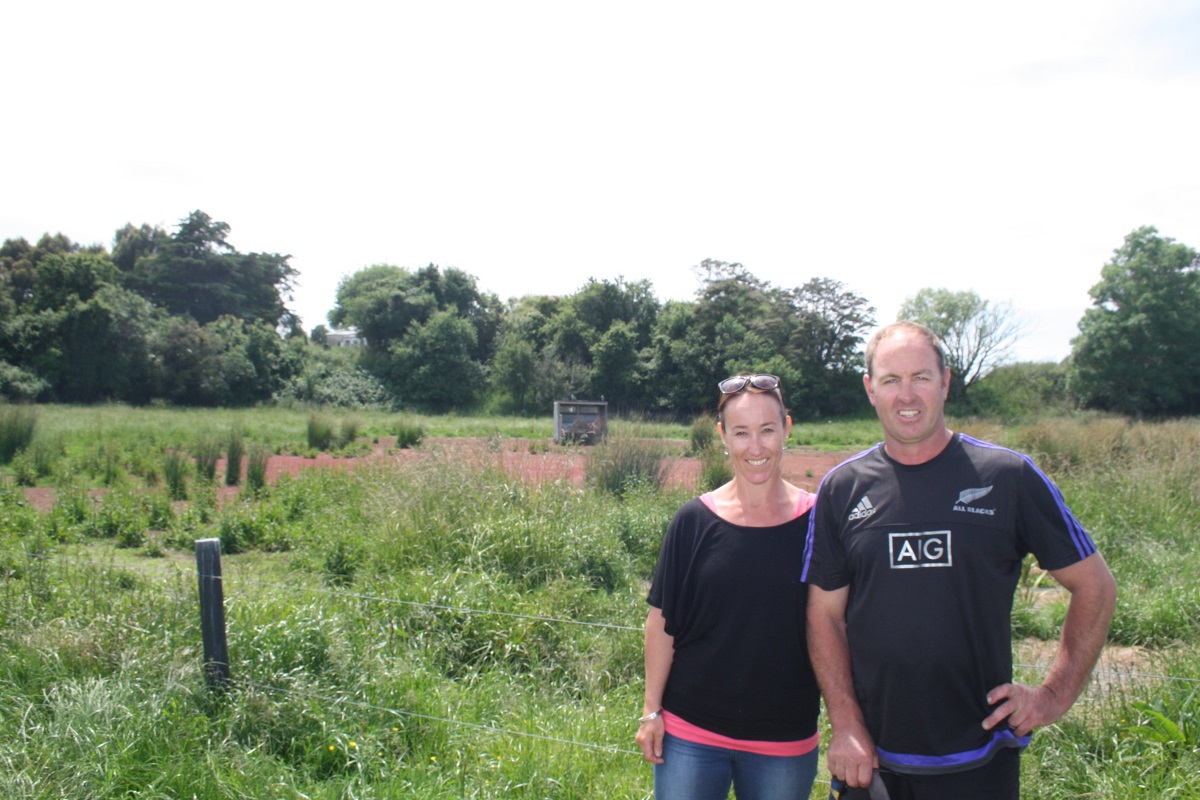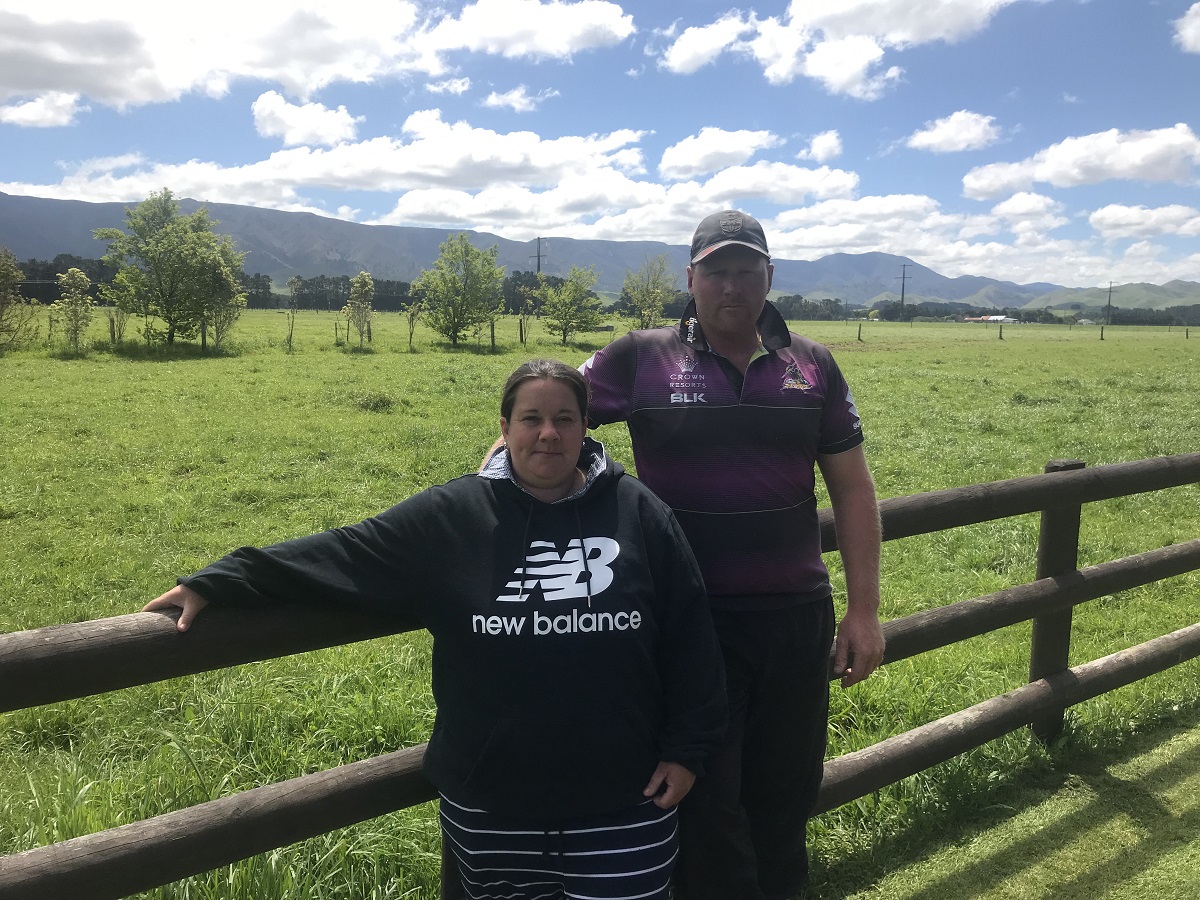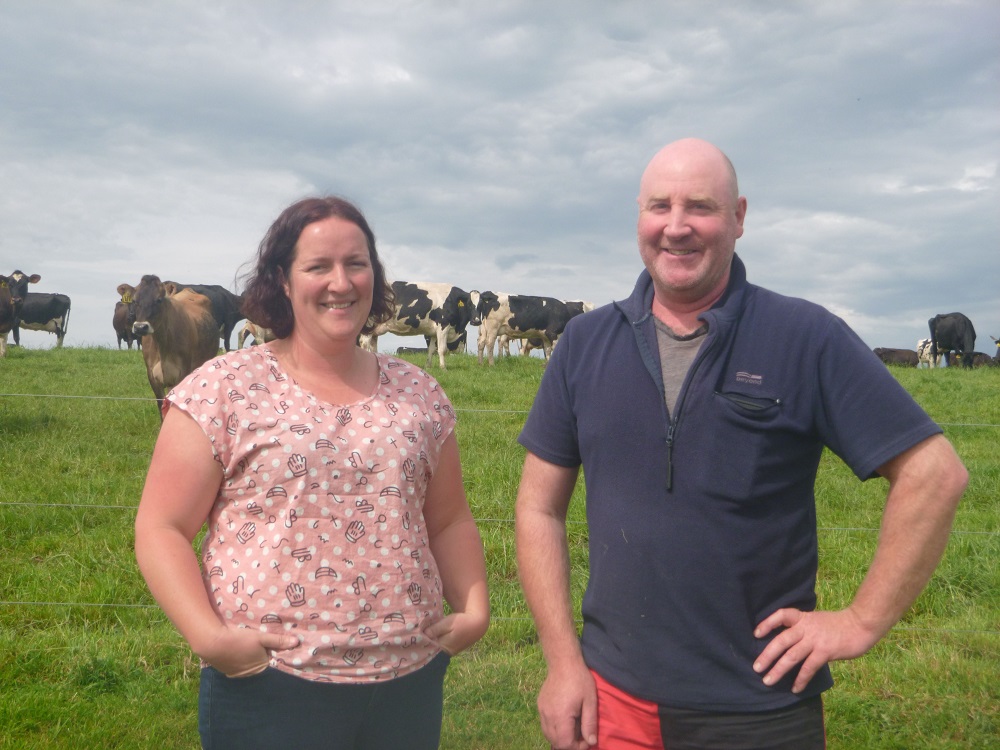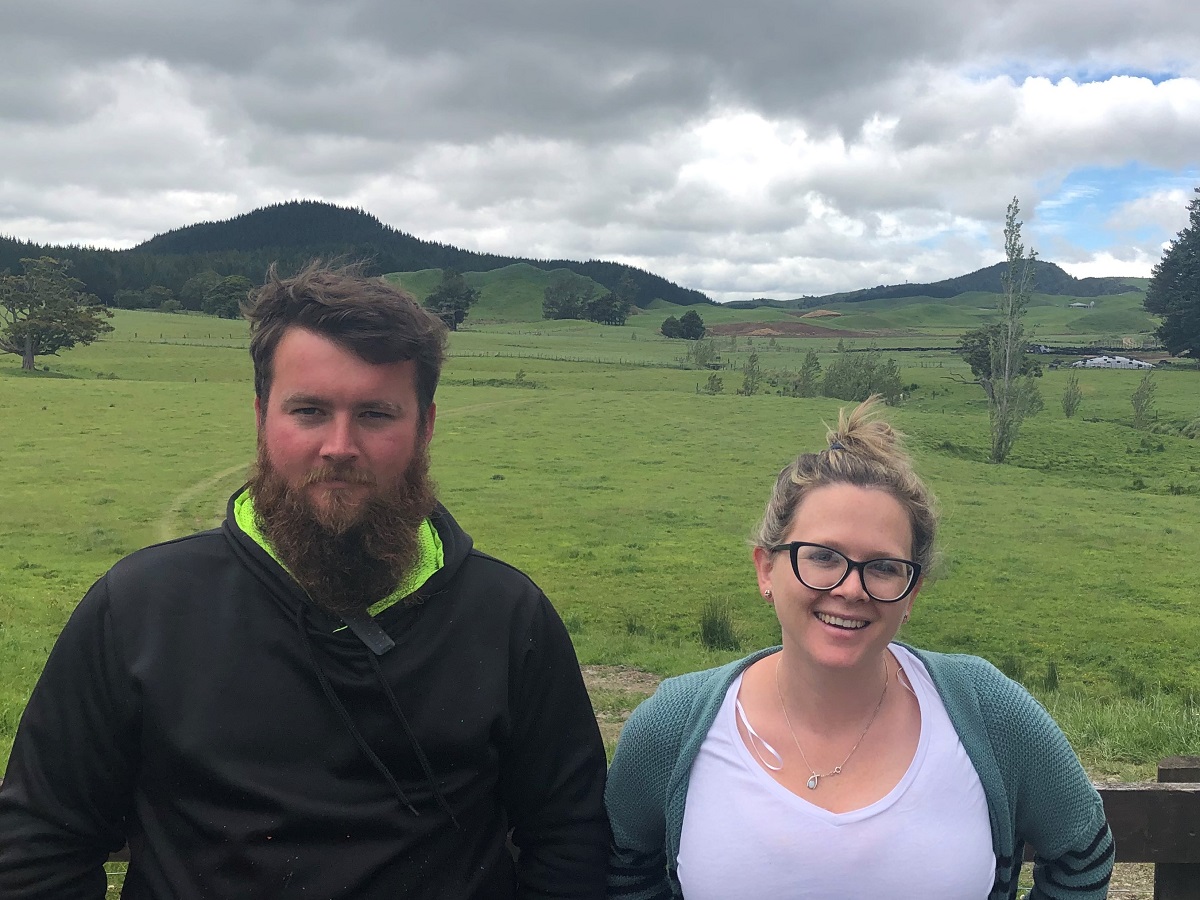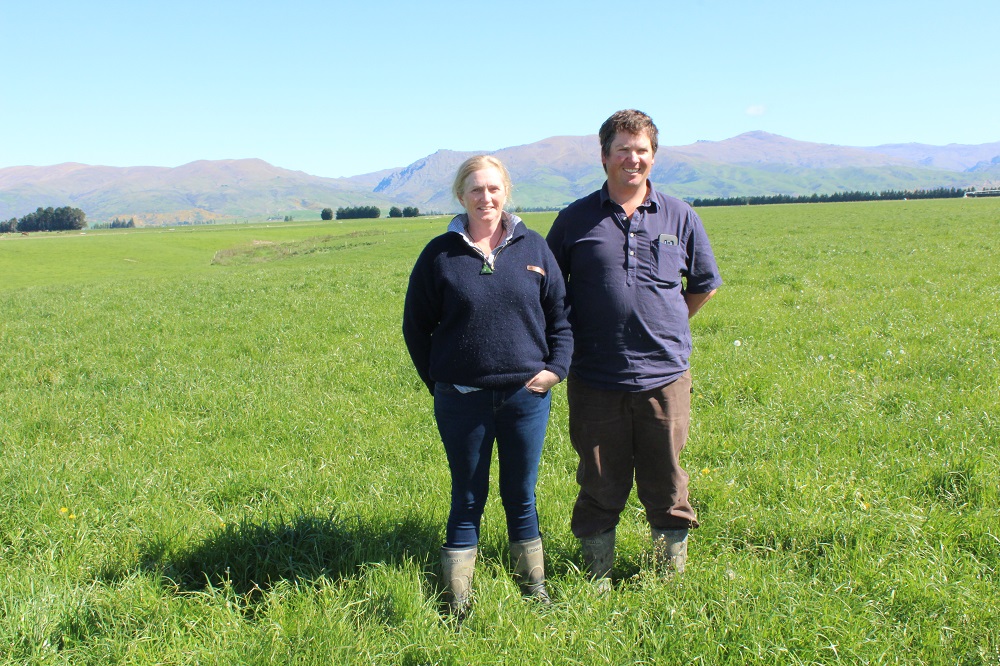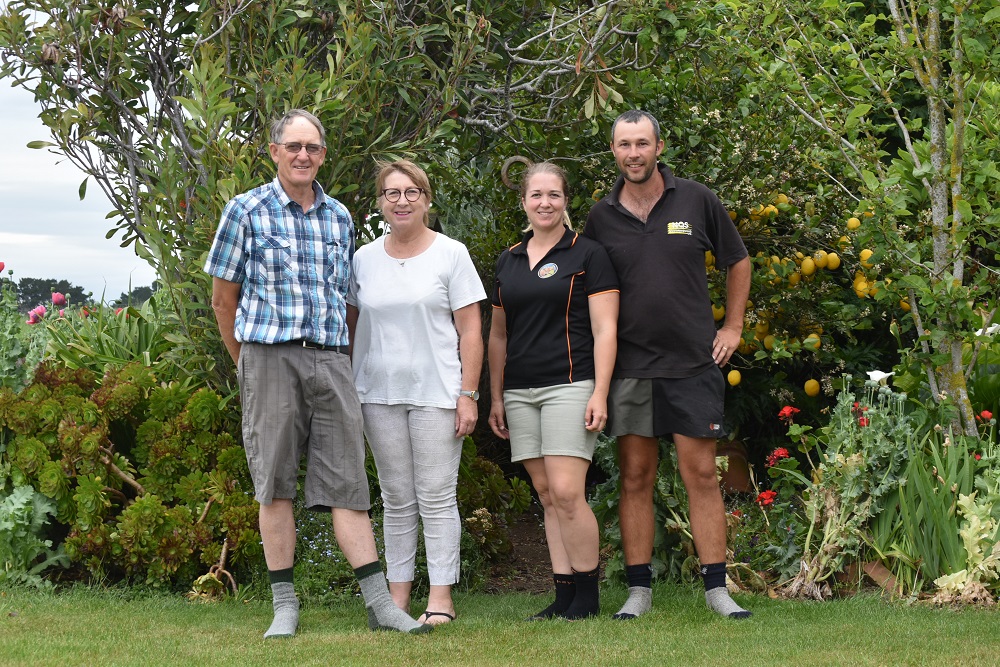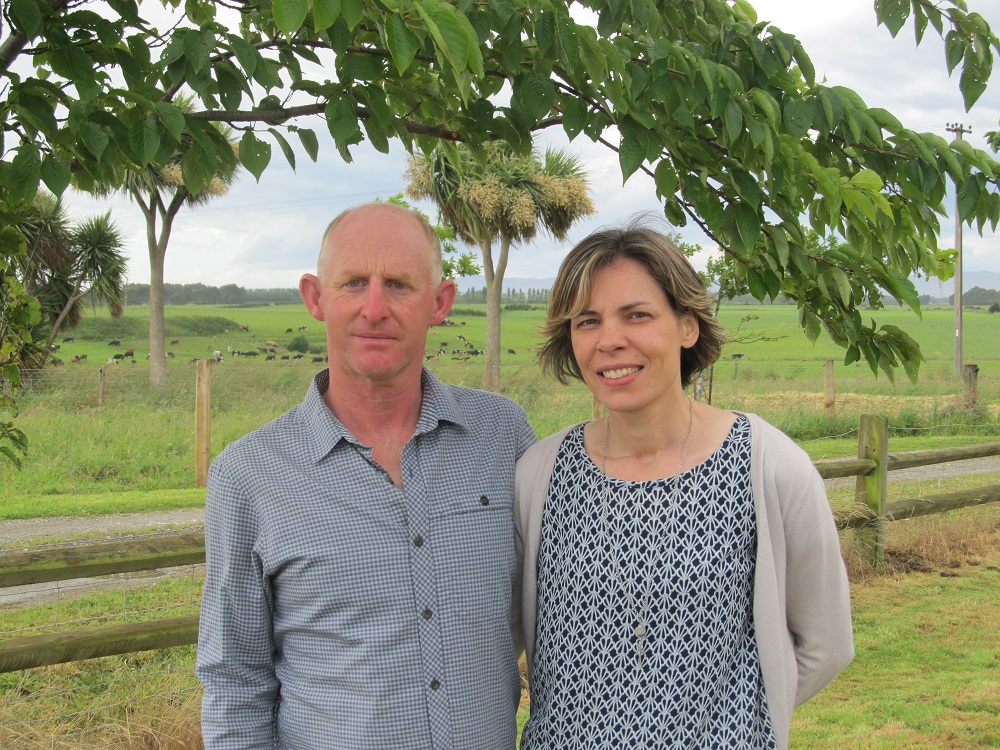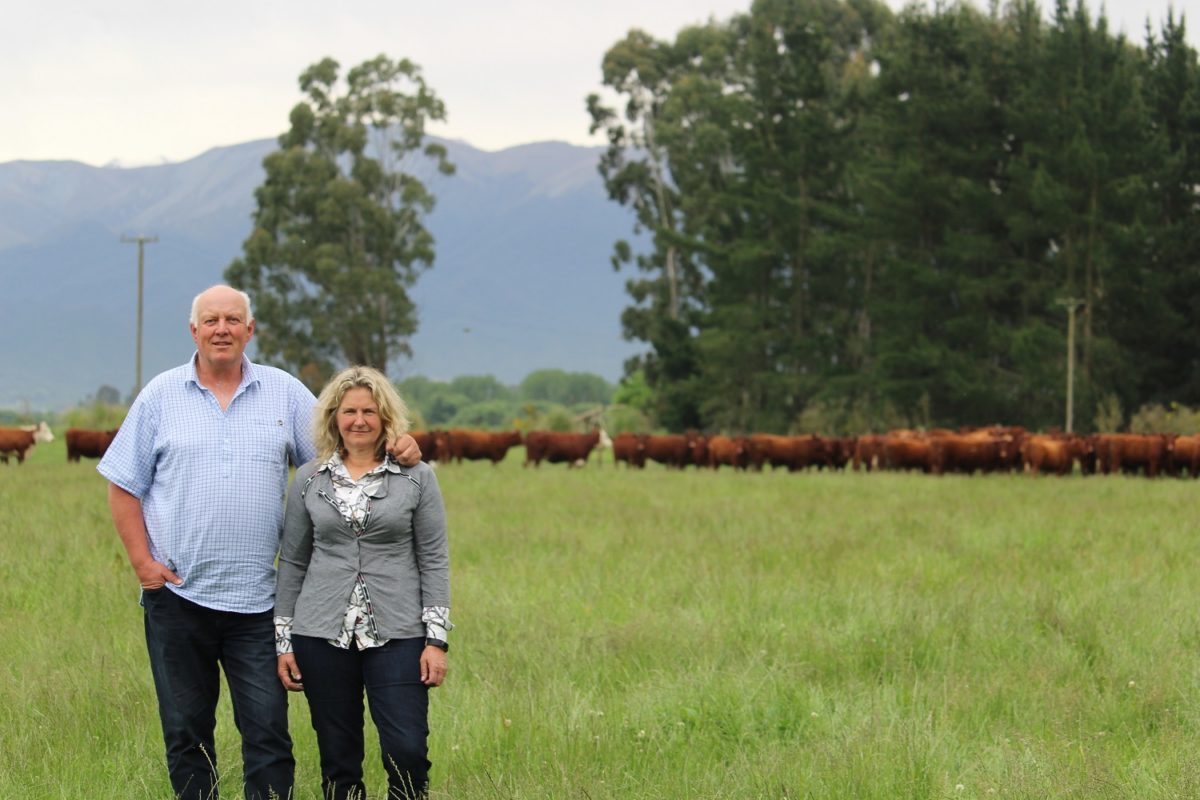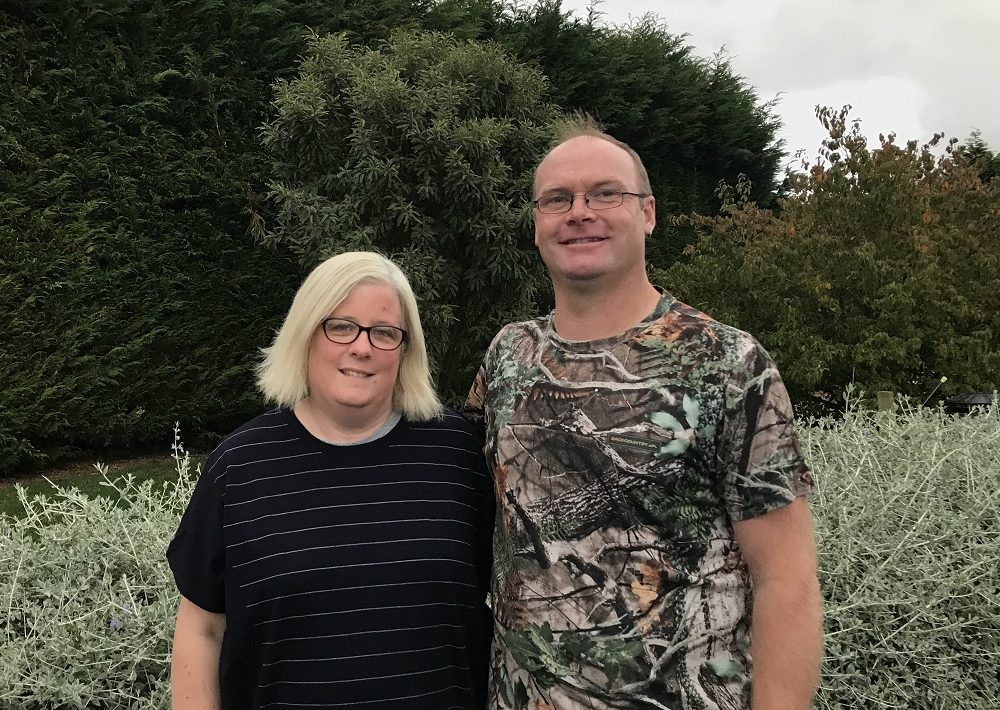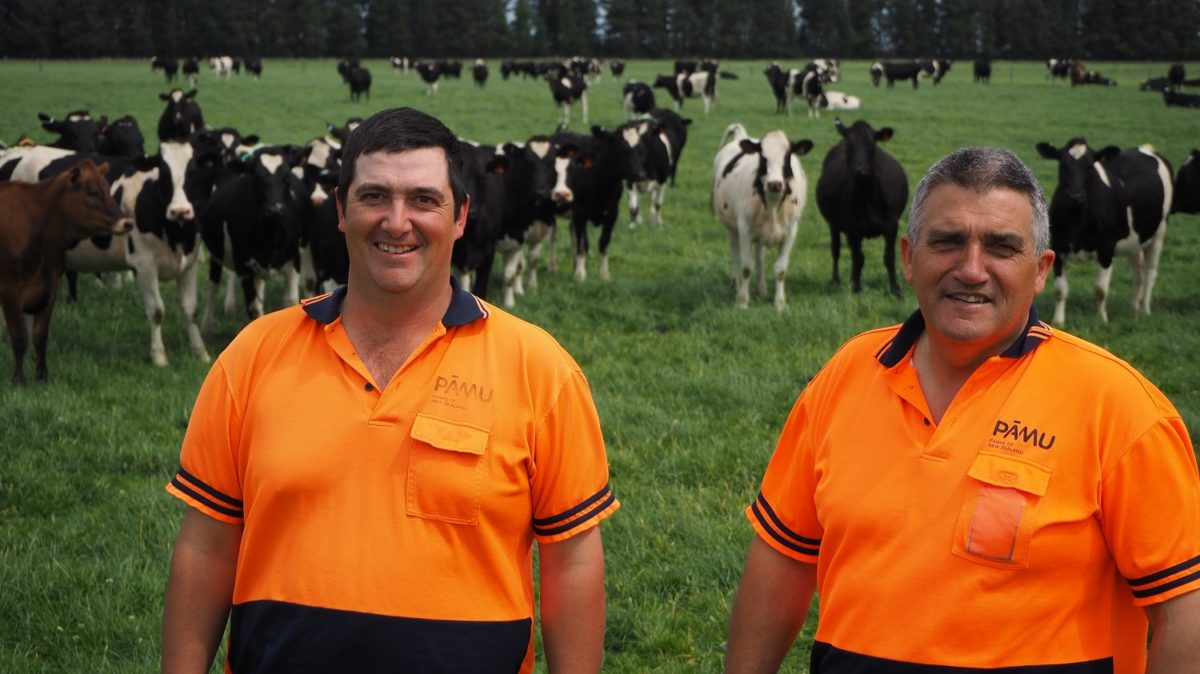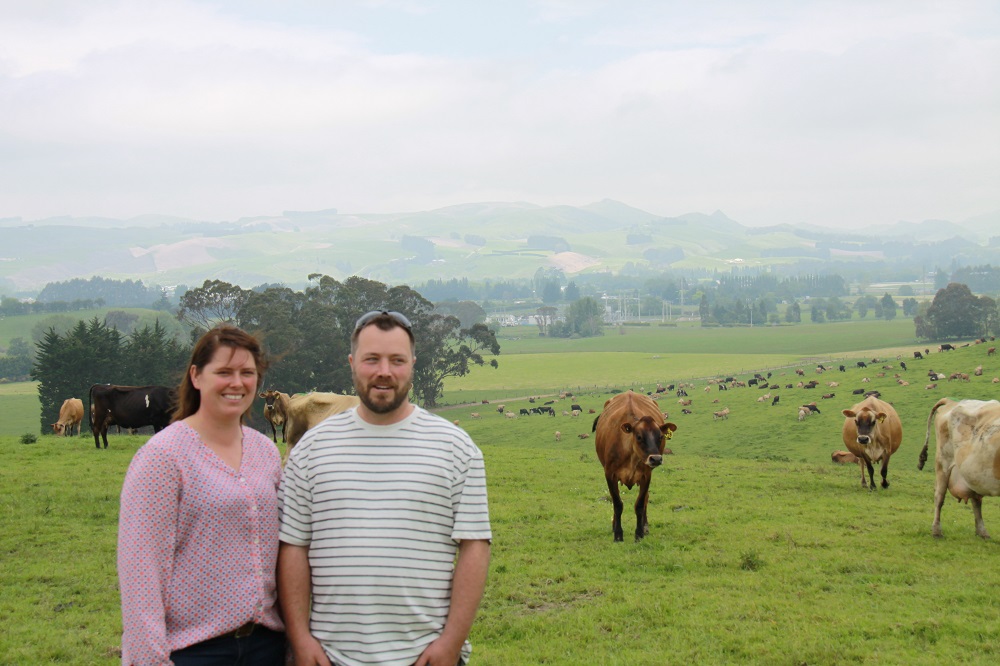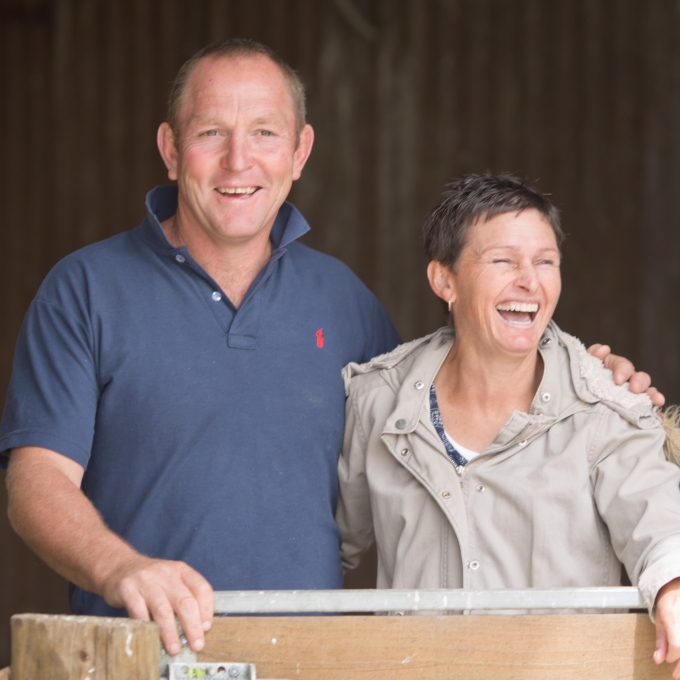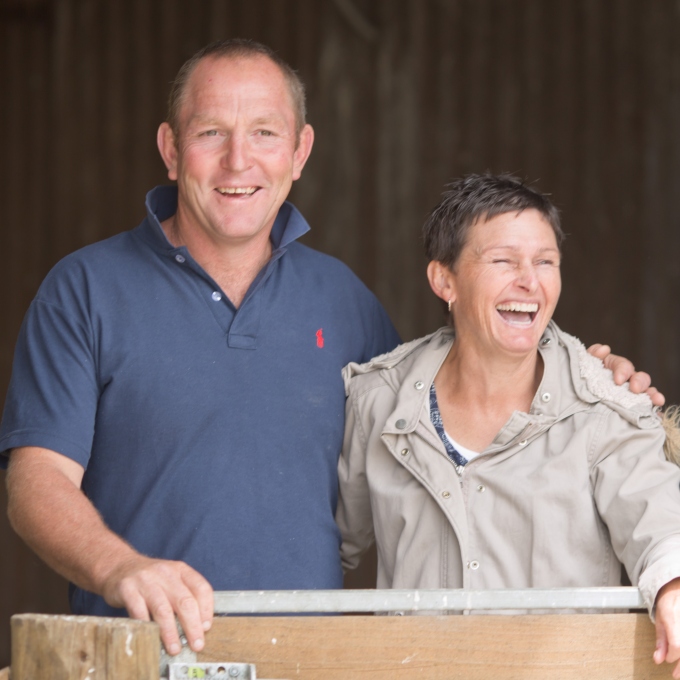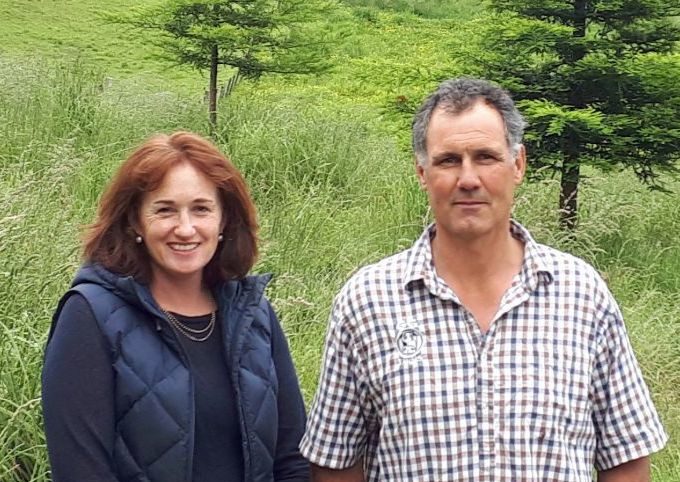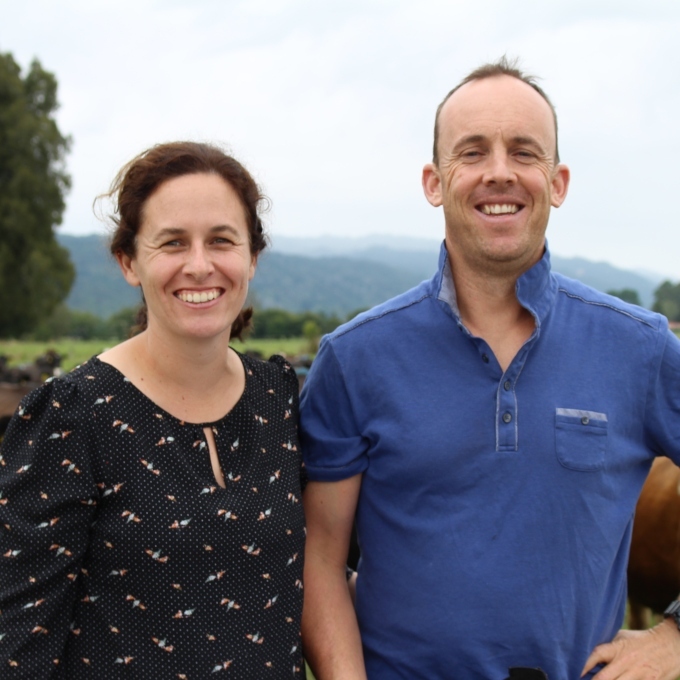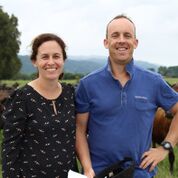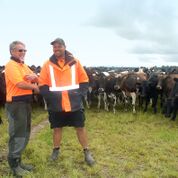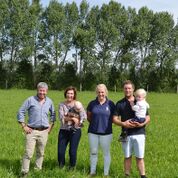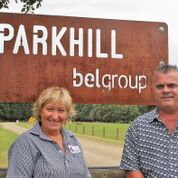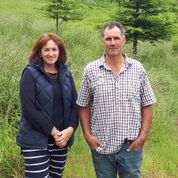Big savings with on-site native nursery
Big savings with on-site native nursery - Chris and Desiree Giles
16/09/2020
Setting up an on-farm indigenous plant nursery is potentially saving one Southland farming couple hundreds of thousands of dollars, plus heading off a growing demand for native vegetation.
Kiwi ingenuity is evident all over the Gore dairy farm of Chris and Desiree Giles, with their entrepreneurial approach earning them three 2020 Ballance Farm Environment Awards. Run by the New Zealand Farm Environment Trust, the awards recognised the strong vision behind Waimumu Downs which the Giles have successfully converted to dairy.
Their vision is backed up with a firm helping of experimentation, with innovative ideas being used to reduce their long-term environmental footprint, benefit soils and water quality, and support their wider community.
“I love scheming and coming up with new ideas – and our farm is so close to town that it easily lends itself to being used for community initiatives,” Chris says.
One such idea is an on-farm native plant nursery that is saving huge amounts of money, while also helping to meet a growing demand as New Zealanders increasingly boost biodiversity on their properties.
“There’s going to be a shortage of natives going forward – there’s a big demand now and it’s only going to get bigger. Anyone planning to carry out significant native planting on their property should seriously consider starting their own nursery.”
An initial quote to purchase and put in about 40,000 plants across the farm was around $500,000.
“When things start costing that much, they tend to get put on the backburner. Now we’re growing our own plants, the only cost is our time. The money can instead be put toward other things like fence netting and trialling other environmentally friendly ideas – such as different ways of removing nitrogen from water, and trialling different types of wetlands.”
On-site learning platform
To help boost interest in the Gore Catchment Group they’re a part of, the Giles are now setting up a community nursery which will form part of an on-site learning platform for local school children.
Complete with its own classroom, the Waimumu Downs Project has attracted almost 20 local schools that are set to visit the farm and learn about such things as creeks, ponds, predator management, sediment traps and seed sourcing.
Working closely with Environment Southland, one of the main goals of the project is to attract more members to their catchment group – people from both town and country.
“It’s something we’ve been wanting to do for a long time and we just happened to meet the right people at the right time. We want to get the whole of Gore involved,” says Desiree.
Wetland establishment
Developing five wetlands on the property has also led to plenty of experimentation, with one filtering trial – involving straw bales and sediment traps – resulting in an almost 40% drop in nutrient levels over the past six months.
While establishing wetlands cost time and money, the Giles don’t mind because they love seeing the positive environmental impacts, plus watching the areas begin to thrive and attract native wildlife.
“For others thinking about establishing wetlands on their property, my advice is to start small – it doesn’t have to be the full hog,” says Chris.
“Perhaps start at critical source areas and do a small amount of sediment trapping.”
Wintering trial
Starting small is a recurring theme for this innovative couple. They recently transformed three paddocks from a traditional wintering approach – where crops are grazed in-situ – into five paddocks that are now planted in crops including oats, winter star grass, plantain, vetch and clover. The crops are harvested and stored as two cuts of baleage which is then fed on the regrown paddocks during winter.
“We’re not getting bigger yields but we’re getting all the baleage we need and our cows are even happier than usual because we’re not having to transition them.
“Before trying new things, I do lots of research and talk to a lot of people. We start small – for example this wintering trial included just 100 cows and young stock – and we had a back-up plan in case it didn’t work out.”
Top tips from the Giles:
Start your own nursery if you want to plant lots of natives.
Source local seeds: they’re more likely to thrive.
Start small. Scale up once you’ve trialled a new idea.
Research. Read plus talk to lots of people.
Always have a back-up plan
2020 Ballance Farm Environment Awards:
Ballance Agri-Nutrients Soil Management Award
DairyNZ Sustainability and Stewardship Award
Norwood Agri-Business Management Award
Read more about the Giles
Enter the Ballance Farm Environment Awards






